Austin isn’t just a place; it’s a state of mind.
This saying perfectly captures what moving to Austin feels like—a fresh start, an invitation to experience life differently.
You see, Austin isn’t your typical city; it’s where the heart of Texas culture beats the loudest.
With a population of over 950,000 people, the city has become one of the fastest-growing metros in the United States.
If you are considering the move, you're not alone—between 2020 and 2023, Austin saw an influx of new residents from cities like Los Angeles and New York.
Why? The tech advancements. Companies like Tesla, Apple, and Oracle are setting up major facilities in Austin; that's why it is now referred to as "Silicon Hills."
Austin's charm lies in its lifestyle.
Did you know that Austin has over 300 days of sunshine each year? That’s more than enough to enjoy the city’s 200+ parks and 30 miles of urban trails.
Not to mention, places to visit in Austin, like Lady Bird Lake, Zilker Park, and the Barton Creek Greenbelt, are a haven for outdoor enthusiasts.
So, if you're planning to make Austin your new home, get ready for a life where work and play merge smoothly.
How to Find the Right Neighborhood in Austin
Austin is diverse—each area has its own vibe, community, and set of amenities.
Here are some key points to help you choose the right neighborhood when moving to Austin:
Define Your Priorities - Lifestyle vs. Budget
The first step is figuring out what matters most to you: Do you want to be in the heart of the action or have a spacious yard and more peace and quiet?
If you are someone who likes nightlife, entertainment, and proximity to work, neighborhoods like Downtown Austin or South Congress (SoCo) might be ideal.
However, they come with a higher price tag. Rents in these areas can range from $2,200 to $3,000 per month for a one-bedroom apartment.
On the other hand, if you prefer a more affordable option, areas like Pflugerville or Leander could be great options.
The average rent in these neighborhoods is around $1,500 - $1,800 per month.
Look for Commute Times and Transportation
Austin’s traffic can be a challenge, especially during rush hours.
If you work downtown or in the tech hub areas, you’ll want to consider neighborhoods with easy access to highways or public transit routes.
For instance, neighborhoods like Mueller and Clarksville offer shorter commute times (typically 10-20 minutes to downtown).
Research School Districts (If You Have Kids)
If you are moving with a family, schools are probably a top concern.
Austin has several neighborhoods with highly rated schools.
Westlake Hills: It is known for its top-ranked Eanes Independent School District (ISD). Homes here are more expensive, with median prices over $1 million.
Cedar Park: It is just north of Austin, and this area falls under Leander ISD.
It also has strong ratings and offers more affordable housing options. The average home price here is around $400,000.
Explore the Neighborhood’s Walkability
If you love walking to coffee shops, parks, and grocery stores, Austin has several neighborhoods with high walkability scores.
South Congress (SoCo) and East Austin are two popular areas where you can walk or bike almost anywhere.
These areas are packed with local boutiques, food trucks, and green spaces.
Future Development and Investment Potential
Austin’s growth is not slowing down anytime soon, so choosing a neighborhood with development potential can be a smart move.
Neighborhoods like East Austin have seen a surge in popularity due to the city’s investment in new infrastructure and housing developments.
Home prices here have appreciated by about 20% annually over the past five years.
Best Places to Visit in Austin
When it comes to exploring Austin, there’s so much to see and do that it can feel overwhelming.
But let us tell you, whether you are new to the city or just visiting, there are a few places that are absolute must-see.
These are the best places to visit in Austin. Let’s go through them!
Zilker Metropolitan Park
Imagine a 350-acre park in the heart of Austin—Zilker Park is just that.
It is the city’s go-to spot for outdoor enthusiasts and families.
This park is home to Barton Springs Pool, a natural spring-fed pool that maintains a cool 68-70°F year-round.
It’s estimated that over 800,000 people visit this iconic pool each year.
The Texas State Capitol
Now, if you want to experience a bit of Texas history, the Texas State Capitol is the place to be.
It’s known as an architectural marvel.
Did you know that the Texas State Capitol is taller than the U.S. Capitol in Washington, D.C.?
The Capitol offers free guided tours daily, providing insights into Texas politics and history.
Lady Bird Lake and Hike-and-Bike Trail
Lady Bird Lake is another one of those spots you just can’t miss if you are in Austin.
This reservoir is named after Lady Bird Johnson.
It offers a stunning backdrop for outdoor activities right in the city center.
The Lady Bird Lake Hike-and-Bike Trail is a 10-mile loop around the lake, perfect for joggers, cyclists, and walkers alike.
What’s cool about Lady Bird Lake is the range of water activities available.
It’s estimated that around 1.5 million people visit this area annually.
Congress Avenue Bridge Bats
Austin has the largest urban bat colony in North America.
It is under the Congress Avenue Bridge, and over 1.5 million Mexican free-tailed bats emerge at sunset from mid-March to early November.
It’s one of the coolest, most unique experiences the city offers.
People gather on the bridge or book boat tours to watch this massive swarm take flight,
South Congress Avenue (SoCo)
Finally, you can’t talk about Austin without mentioning South Congress Avenue.
It is a vibrant strip lined with eclectic shops, live music venues, and iconic eateries.
It doesn't matter if you are hunting for the perfect pair of cowboy boots at Allens Boots or snapping a selfie in front of the famous "I love you so much" mural; South Congress captures the essence of Austin's unique culture.
It’s not just a street; it’s an experience that reflects Austin’s “Keep Austin Weird” culture.
It’s estimated that South Congress attracts tens of thousands of visitors each month.
Austin’s Job Market
Austin’s job market is one of the fastest-growing in the nation.
Tech companies dominate, with giants like Tesla, Apple, and Meta having significant operations in the city.
The medical, education, and government sectors also provide abundant opportunities.
Austin offers promising prospects for work in the tech, healthcare, or education fields.
Outdoor Lifestyle and Recreation
The city's warm climate allows for year-round outdoor activities.
Whether it’s hiking the Barton Creek Greenbelt, swimming at Hamilton Pool Preserve, or paddleboarding on Lake Travis, there is something for every nature lover.
You will also find plenty of city parks, including Zilker Park. It is a place where locals gather for picnics, sports, and annual events like the Austin City Limits Music Festival.
Food Scene - A Culinary Adventure
Austin is a food lover’s paradise. It offers everything from classic Texas BBQ to modern fusion cuisine.
The city’s food truck culture is legendary. Its diverse options are spread across downtown and East Austin.
Must-try spots include Franklin Barbecue and the eclectic food truck parks along Rainey Street.
For those seeking a more upscale experience, places like Loro and Odd Duck offer innovative takes on local ingredients
How Much Does It Cost to Move to Austin?
When thinking about moving to Austin, one of the first things to figure out is the cost.
Let's break it down into everything from moving services to living costs.
Moving Services Costs
If you are hiring a moving company, the costs will depend on the distance and the amount of your belongings.
On average:
Local Move (within 100 miles): $800 - $2,000
Long-Distance Move (across states): $2,500 - $7,500.
Most professional moving companies in Austin charge around $126 per hour for a two-person crew, which includes loading, driving, and unloading.
If you're coming from a far distance, companies might charge around $0.50 to $1.50 per mile per mile.
Alternatively, if you are thinking of doing a DIY move with a rented truck, you can expect to spend approximately:
$130 - $200 per day for a small truck (plus fuel costs).
Packing Supplies and Labor
If you’re not hiring a full-service mover that includes packing, you’ll need to factor in the cost of packing materials:
Boxes: $1 - $5 each (depending on size).
Packing Tape and Bubble Wrap: $20 - $50 total.
Specialty Packing Services: $300 - $1,000 depending on the volume of items.
Professional packing services, if added to your moving package, can increase the overall cost by around $500 to $1,500.
Temporary Housing and Accommodation Costs
If your move-in date doesn’t align perfectly or if you’re scouting neighborhoods, you may need temporary housing.
Austin has plenty of options:
| Temporary Housing Type | Cost Per Night |
|---|---|
| Airbnb/Vrbo | $100 - $250 |
| Mid-Range Hotel | $150 - $300 |
| Extended-Stay Hotel | $80 - $120 |
Utility Setup Fees and Services
When you arrive in Austin, setting up your utilities comes with initial fees:
| Utility Setup | Cost Range |
|---|---|
| Electricity/Water Hook-Up | $75 - $150 combined |
| Internet Installation | $50 - $100 |
| Monthly Trash Service | $15 - $30 |
Cost of Living in Austin
Once you are settled in, the cost of living in Austin varies depending on your lifestyle and neighborhood choice.
On average,
| Monthly Expense | Cost |
|---|---|
| Rent (2-bedroom apartment) | $1,800 - $2,200 |
| Groceries (per person) | $300 - $400 |
| Public Transit Pass | $41.25 |
| Gas (per gallon) | $3.20 |
Tips for Moving to Austin
Plan Your Move Around the Weather
Move between October and April to avoid the extreme summer heat and higher moving costs during peak demand.
Budget for Housing Costs
Rents in central Austin average $1,800-$2,200. Look at suburbs like Round Rock or Pflugerville for more affordable options.
Prepare for Austin’s Traffic
Plan your commute, as Austin's average travel time is 53 minutes. Use public transit or biking if possible.
Enjoy the No State Income Tax
Texas has no state income tax, helping offset higher living expenses. Use these savings to boost your budget for housing or activities.
Engage with the Local Culture
Immerse yourself in Austin's community by exploring its live music, outdoor events, and unique neighborhoods.



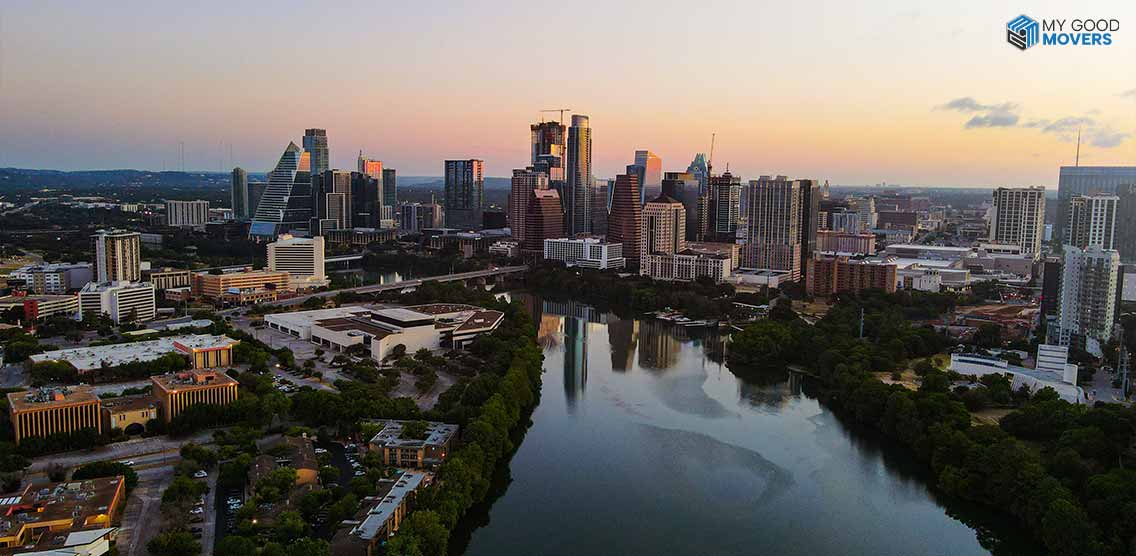









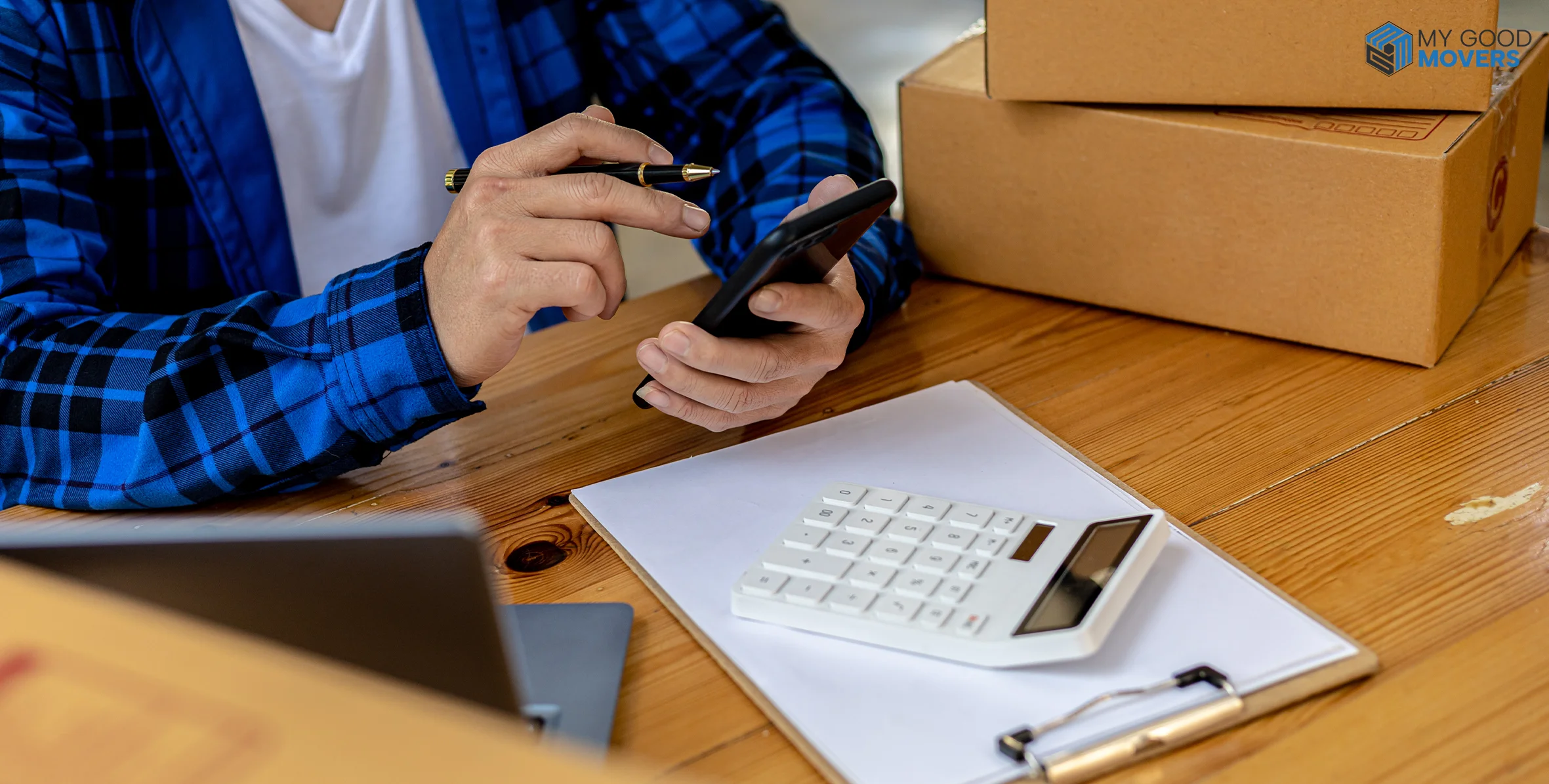
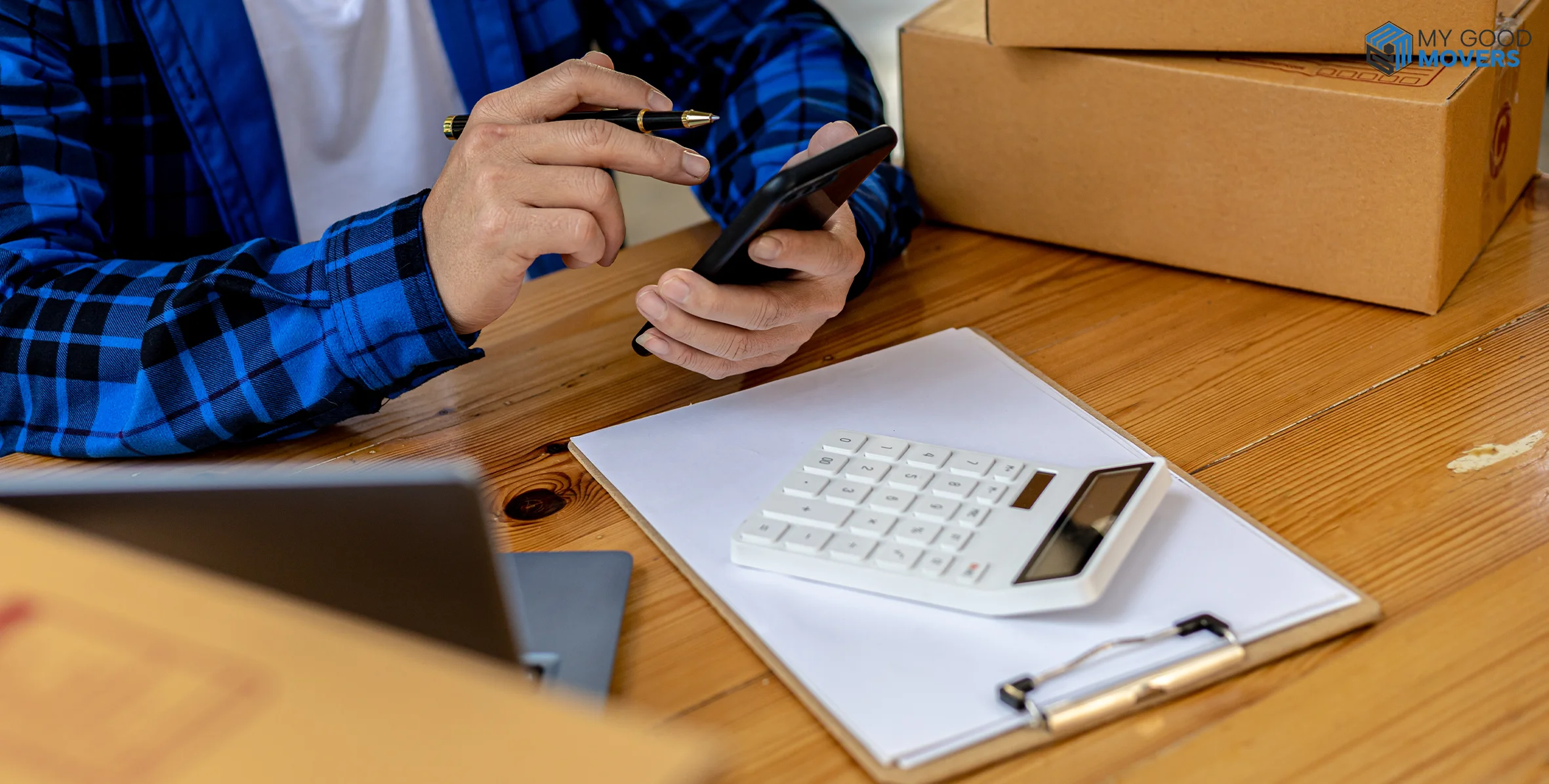
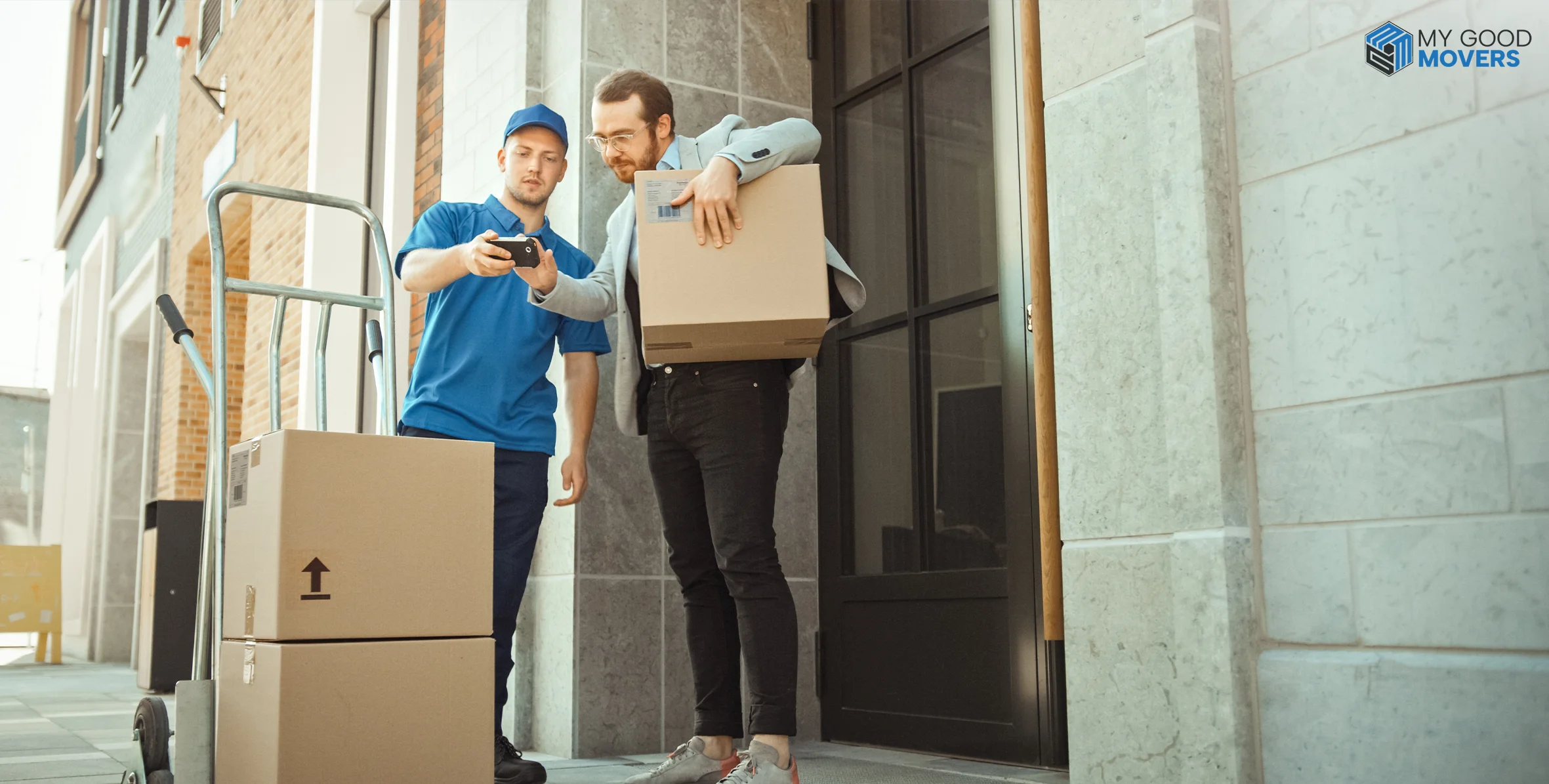
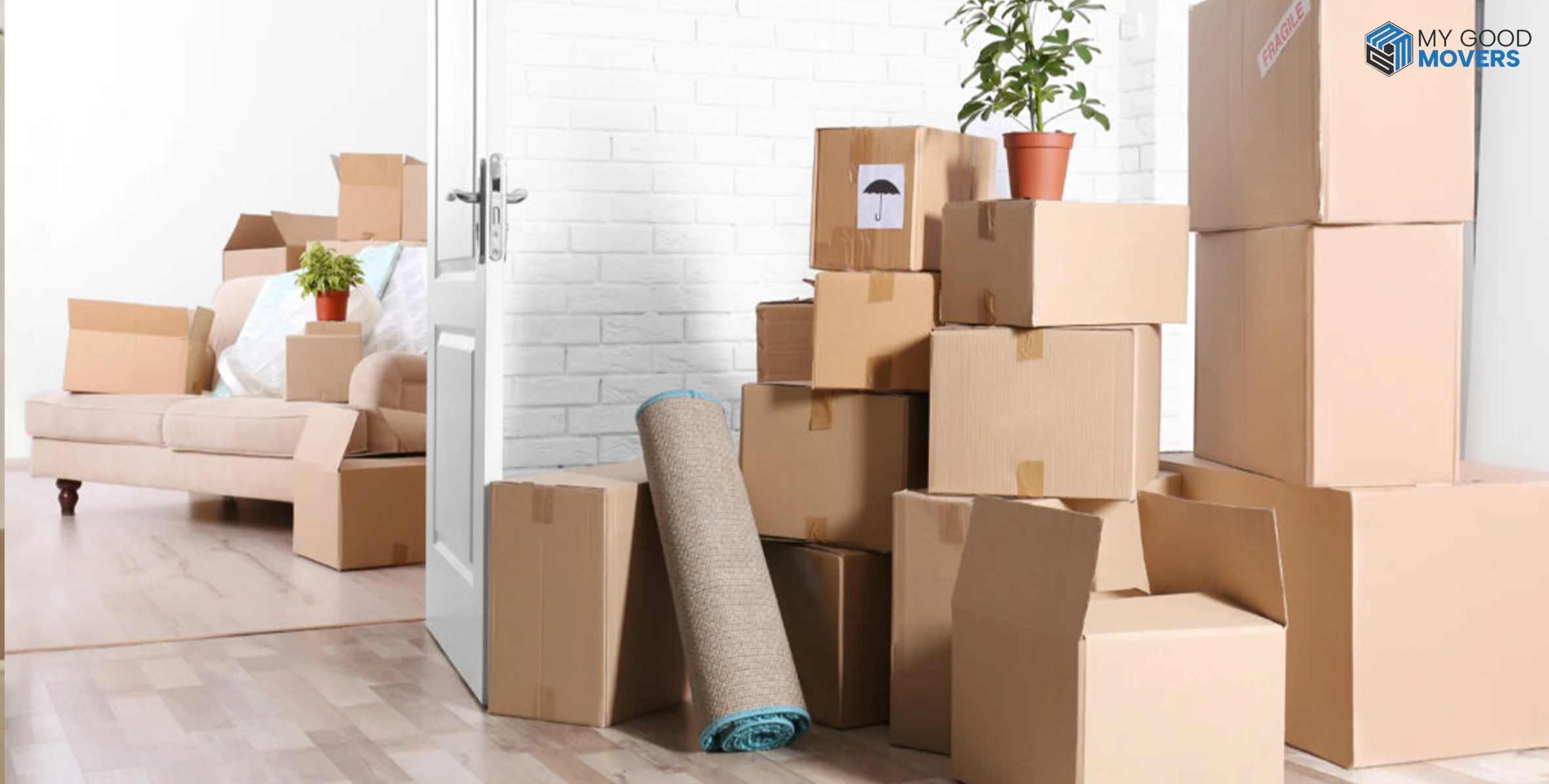
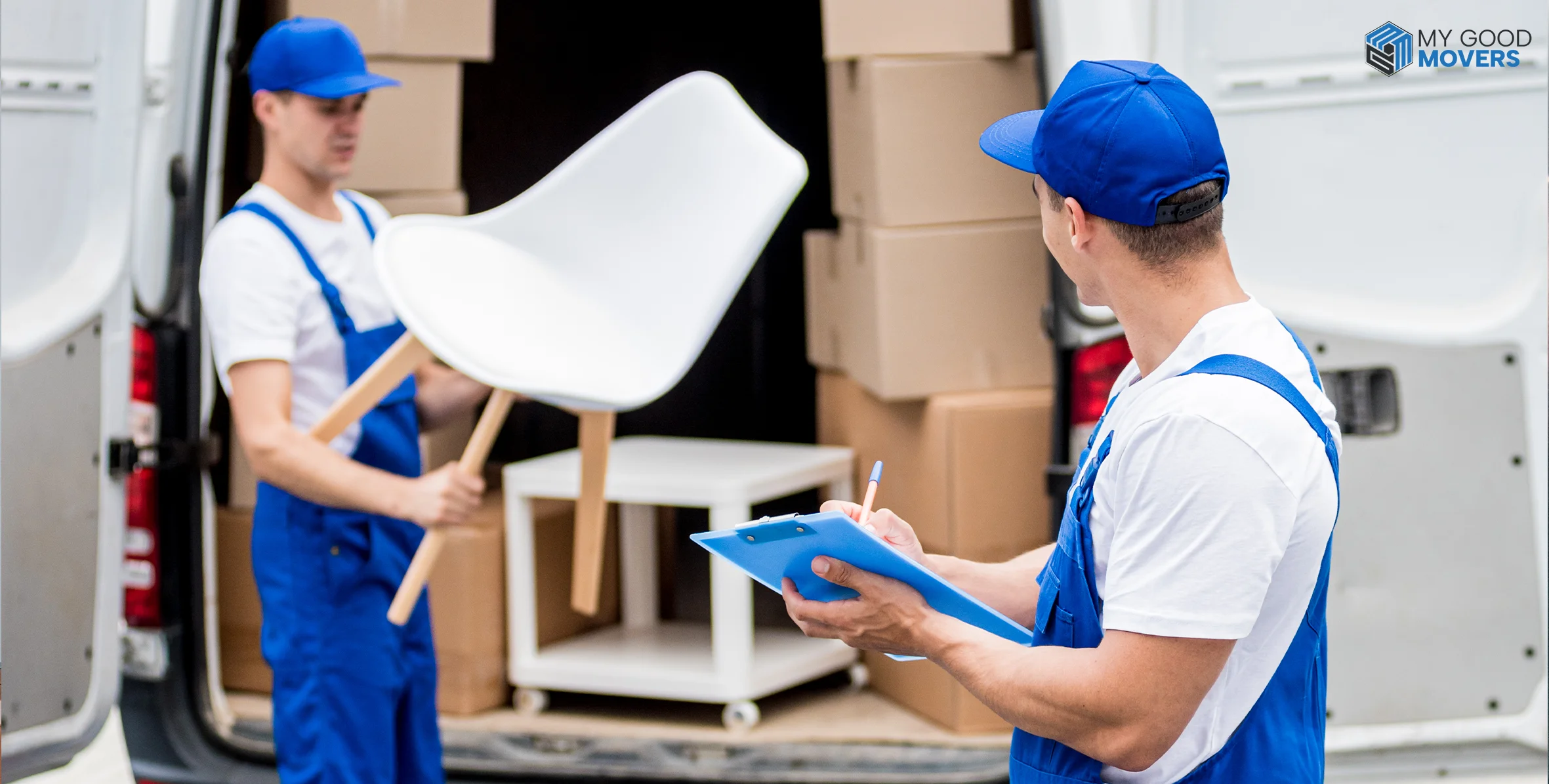
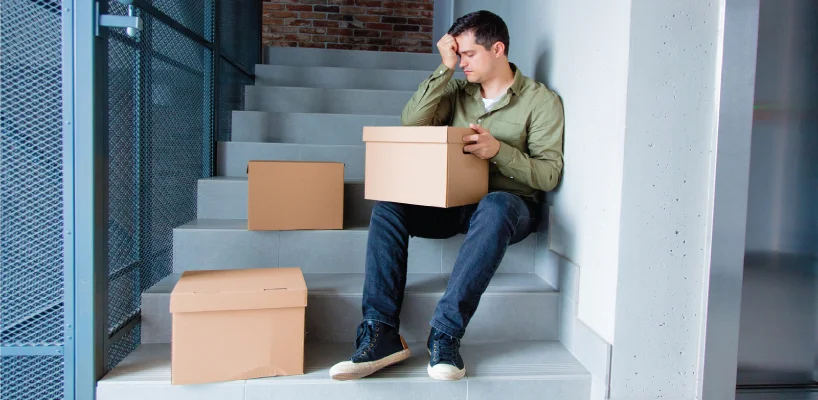
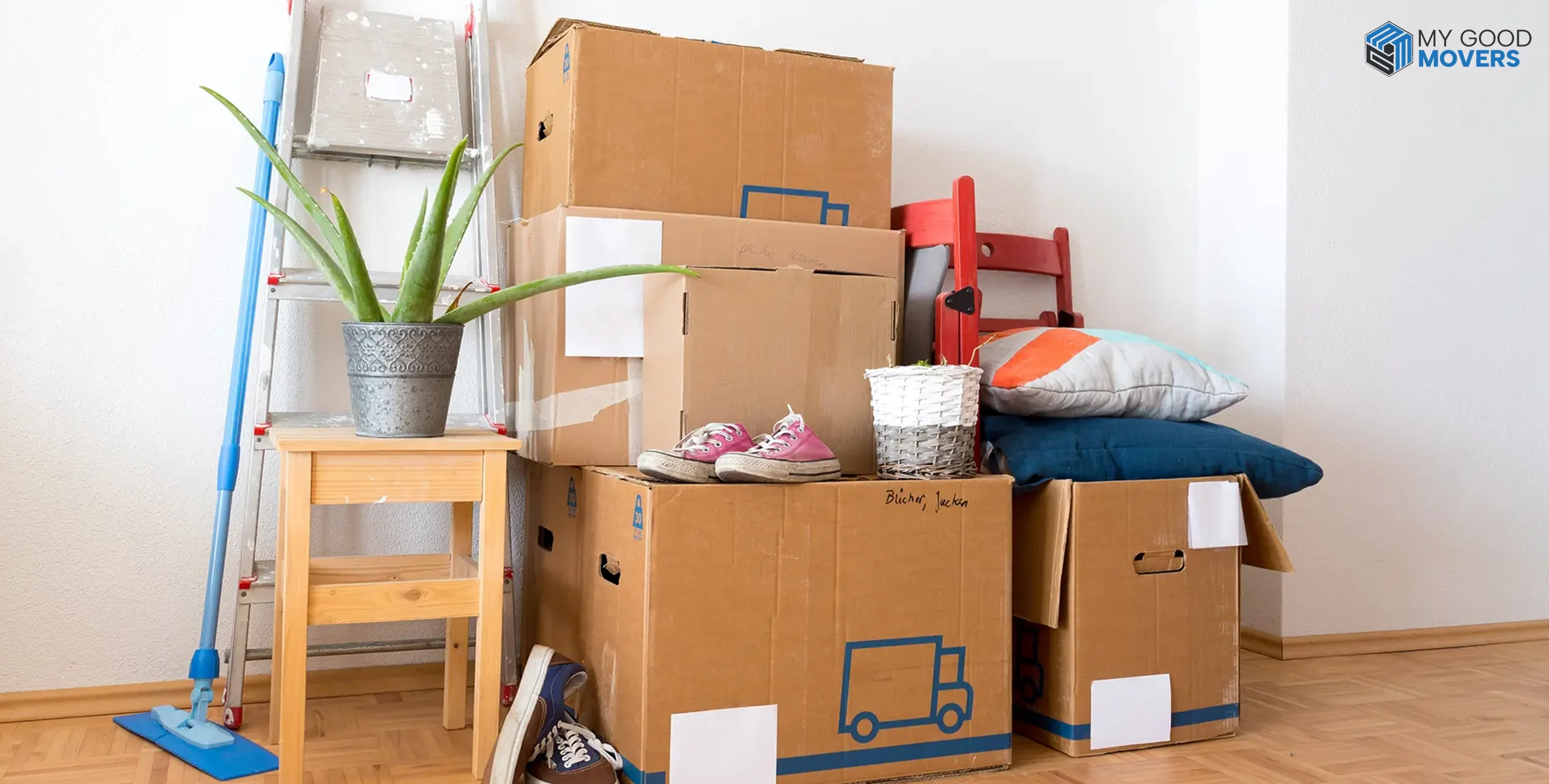
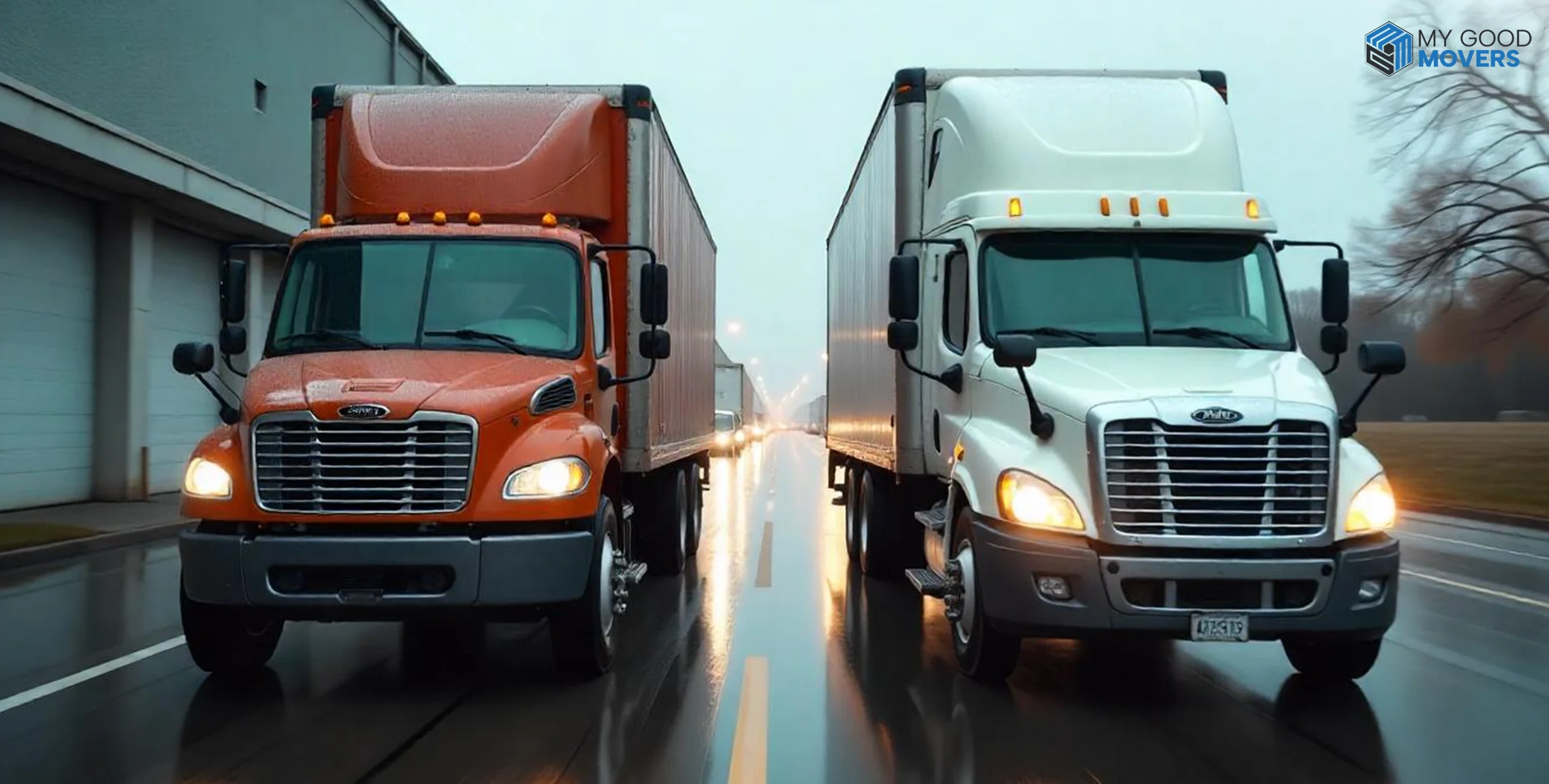
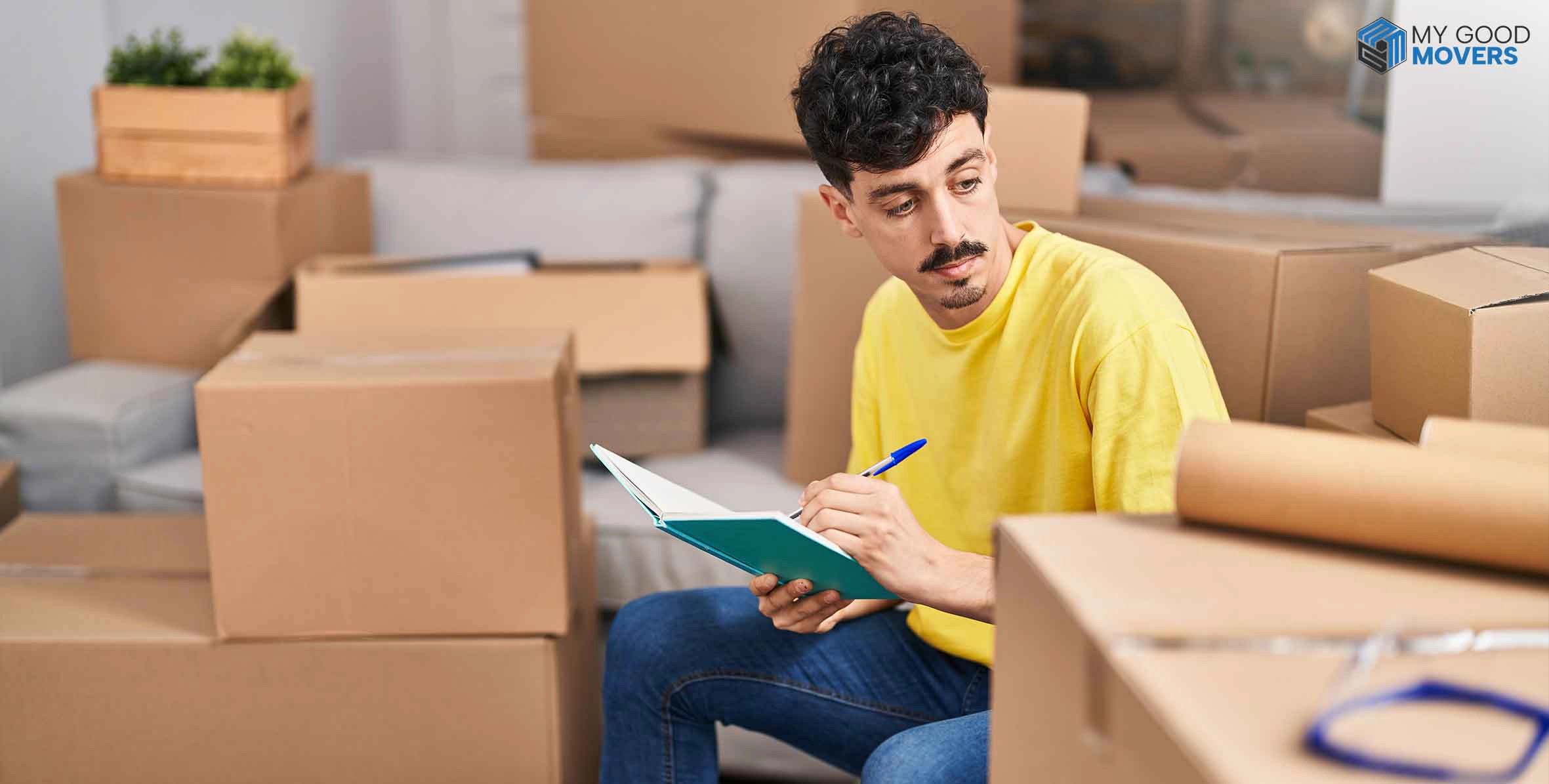

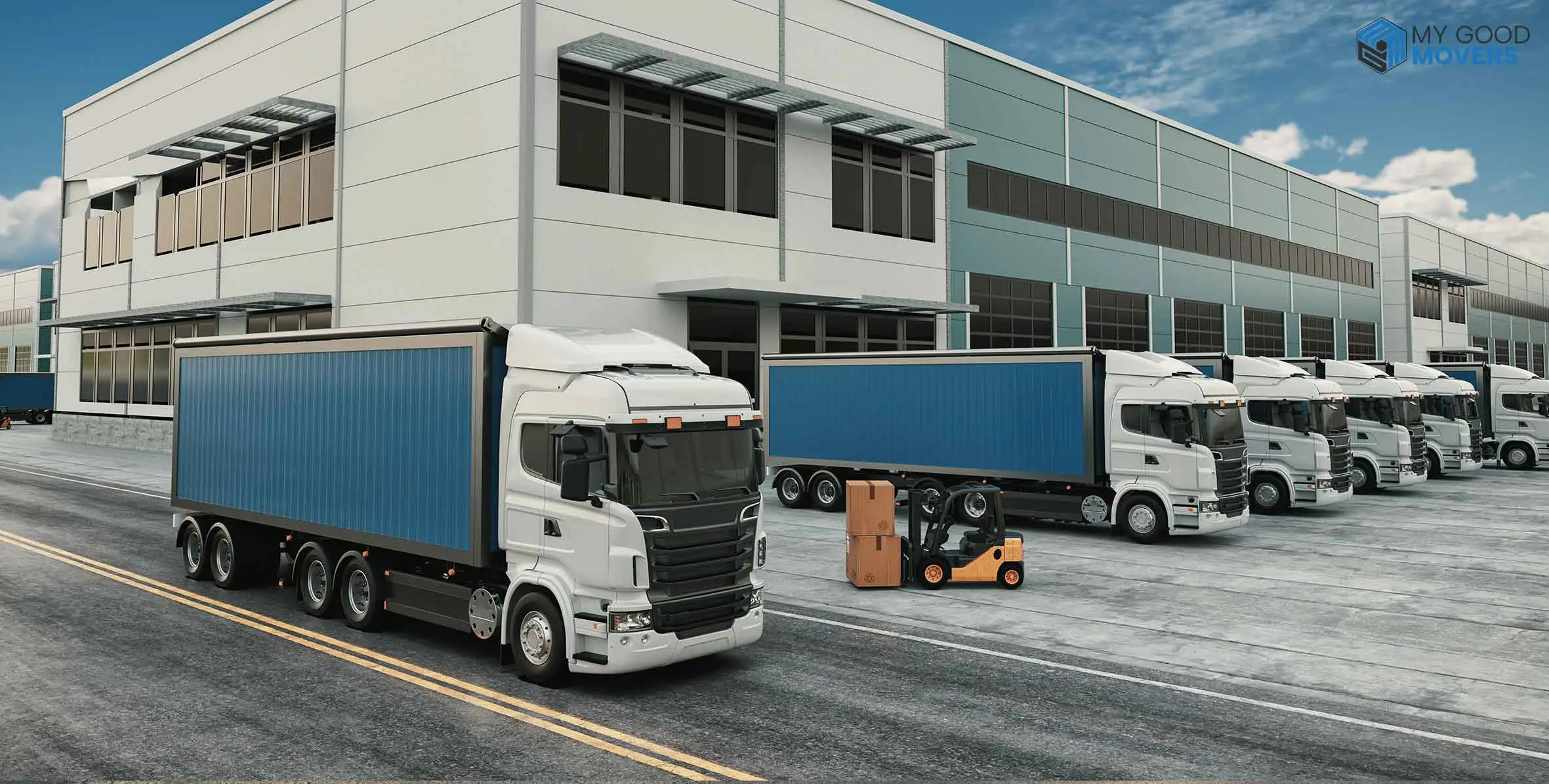
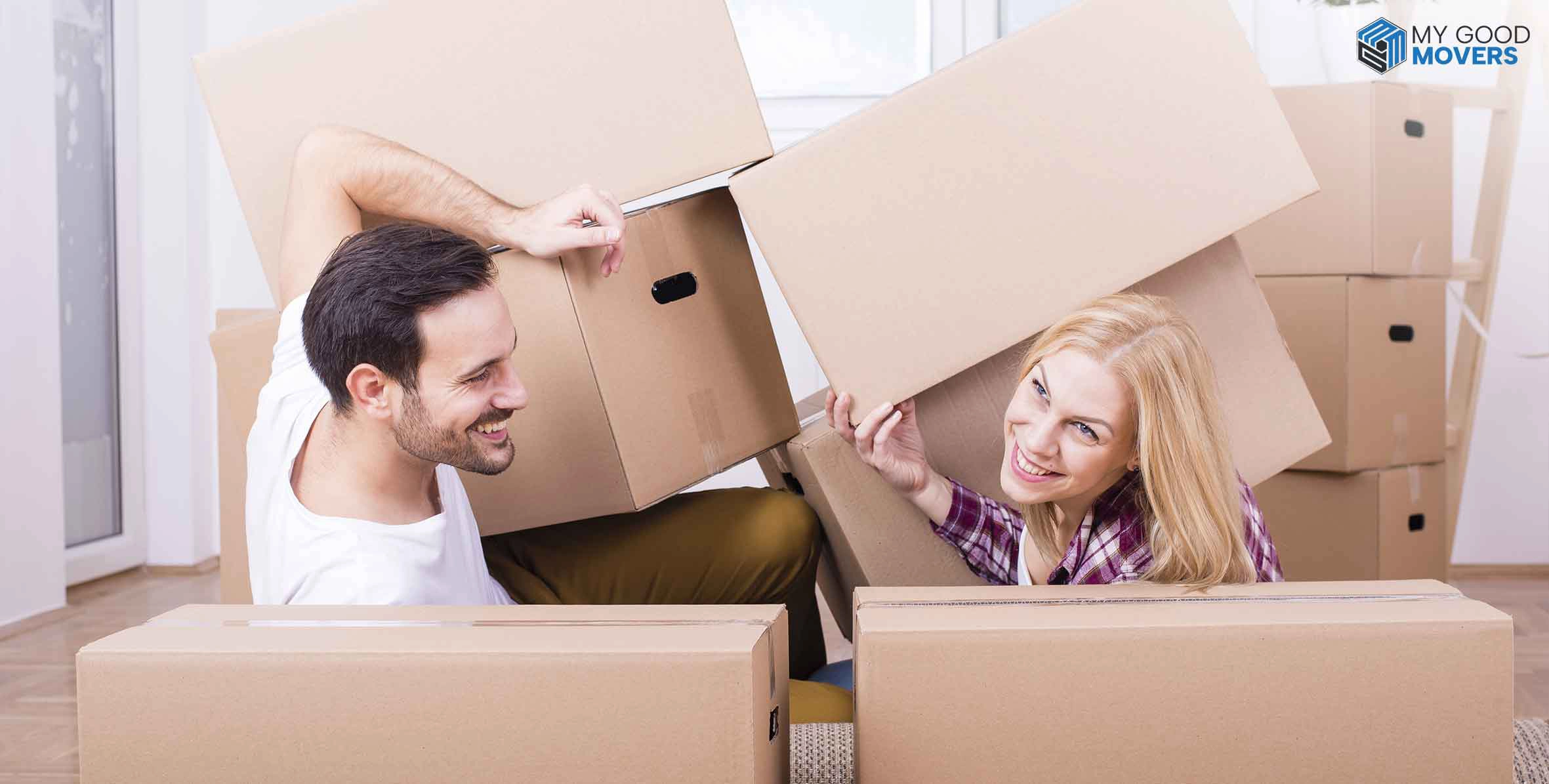
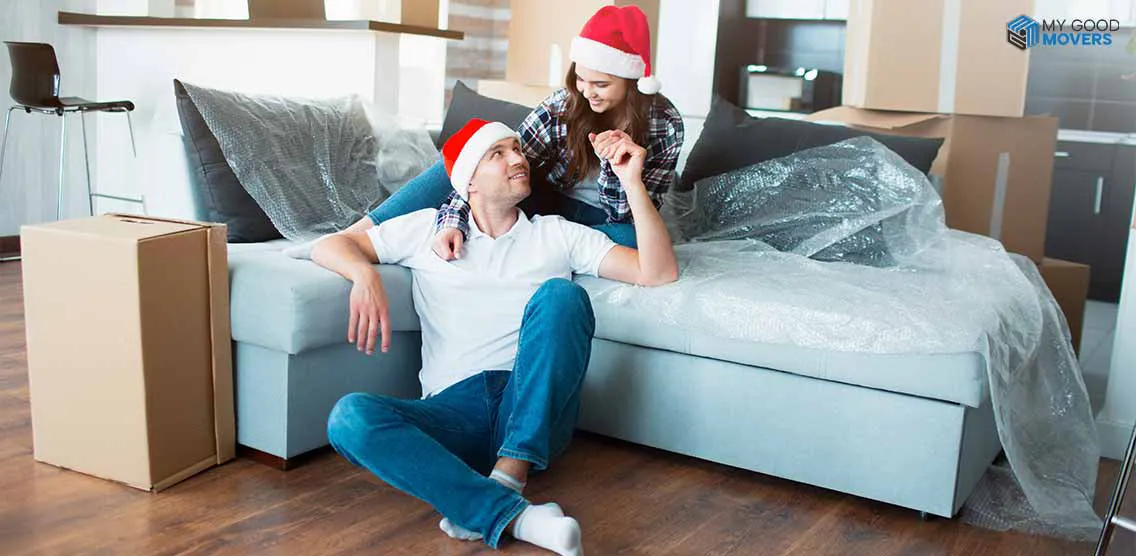


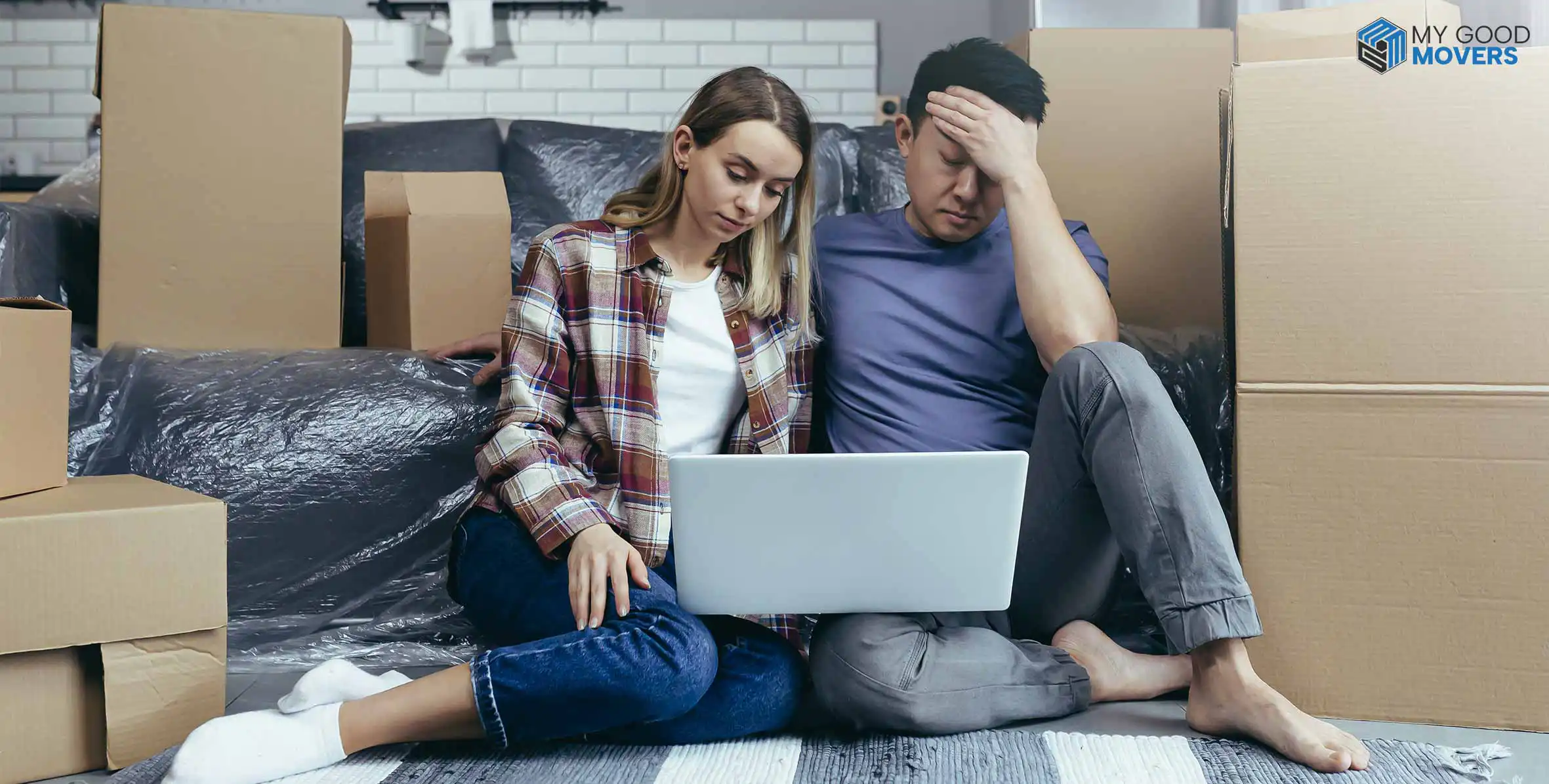
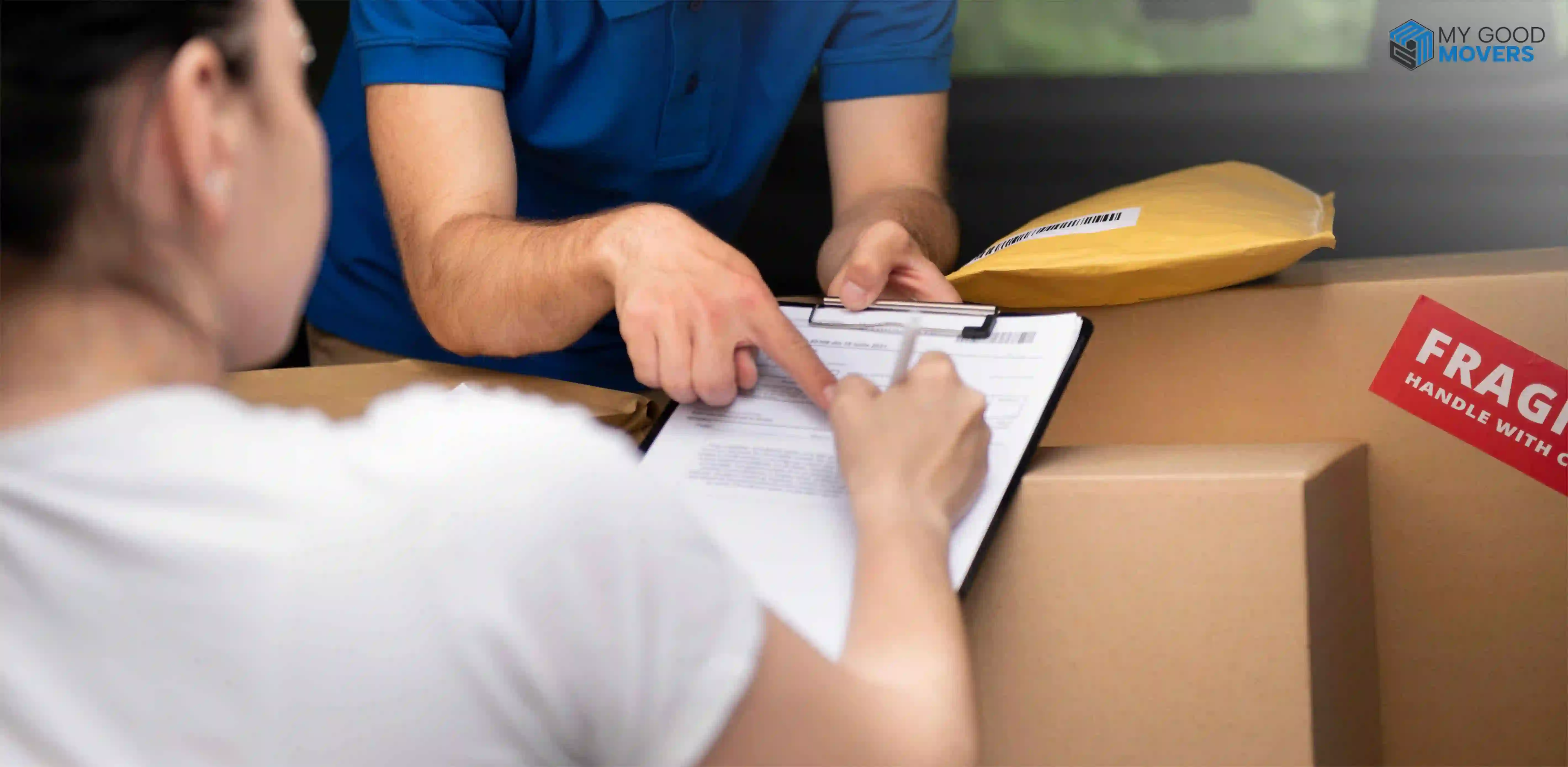
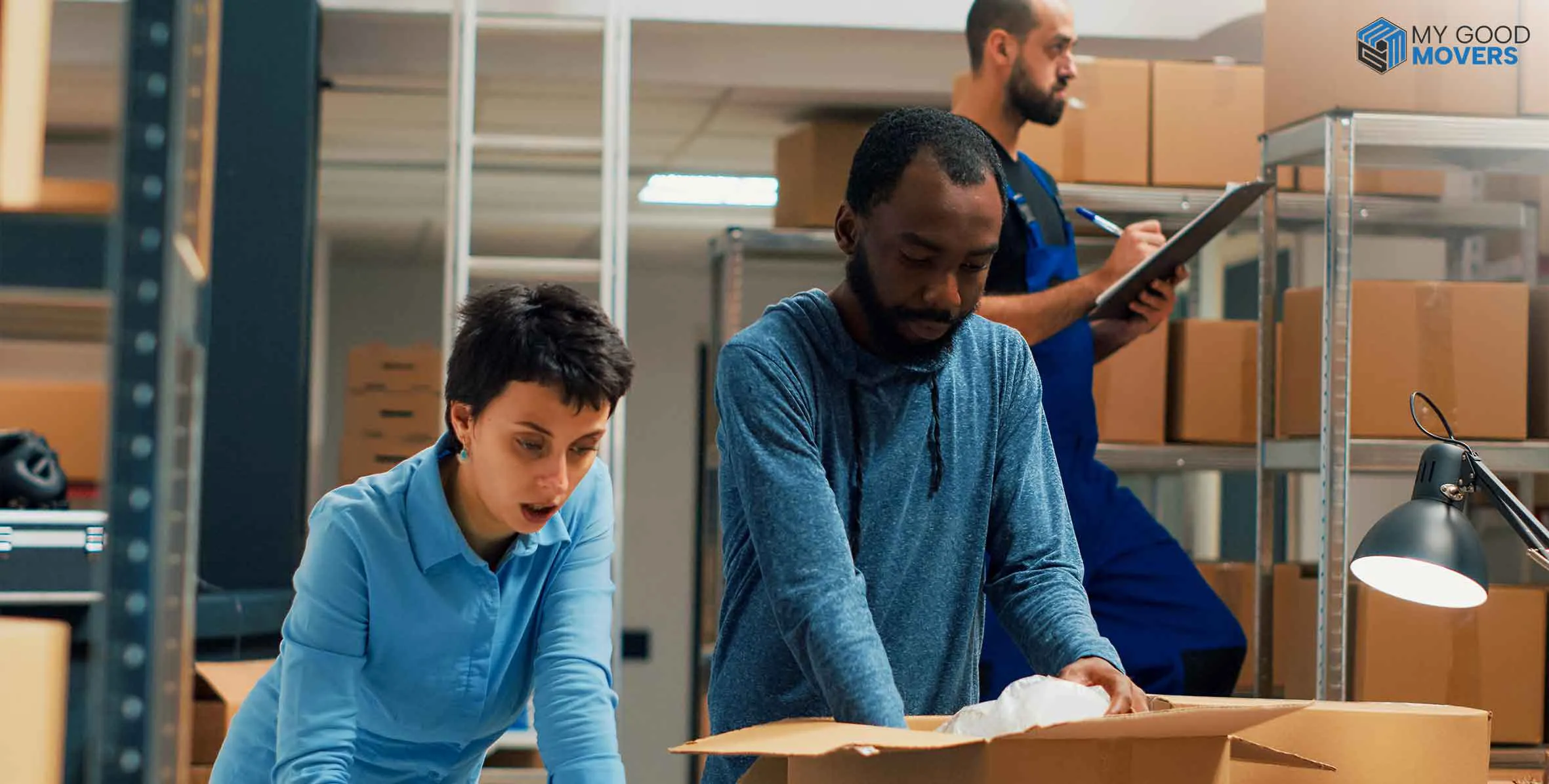
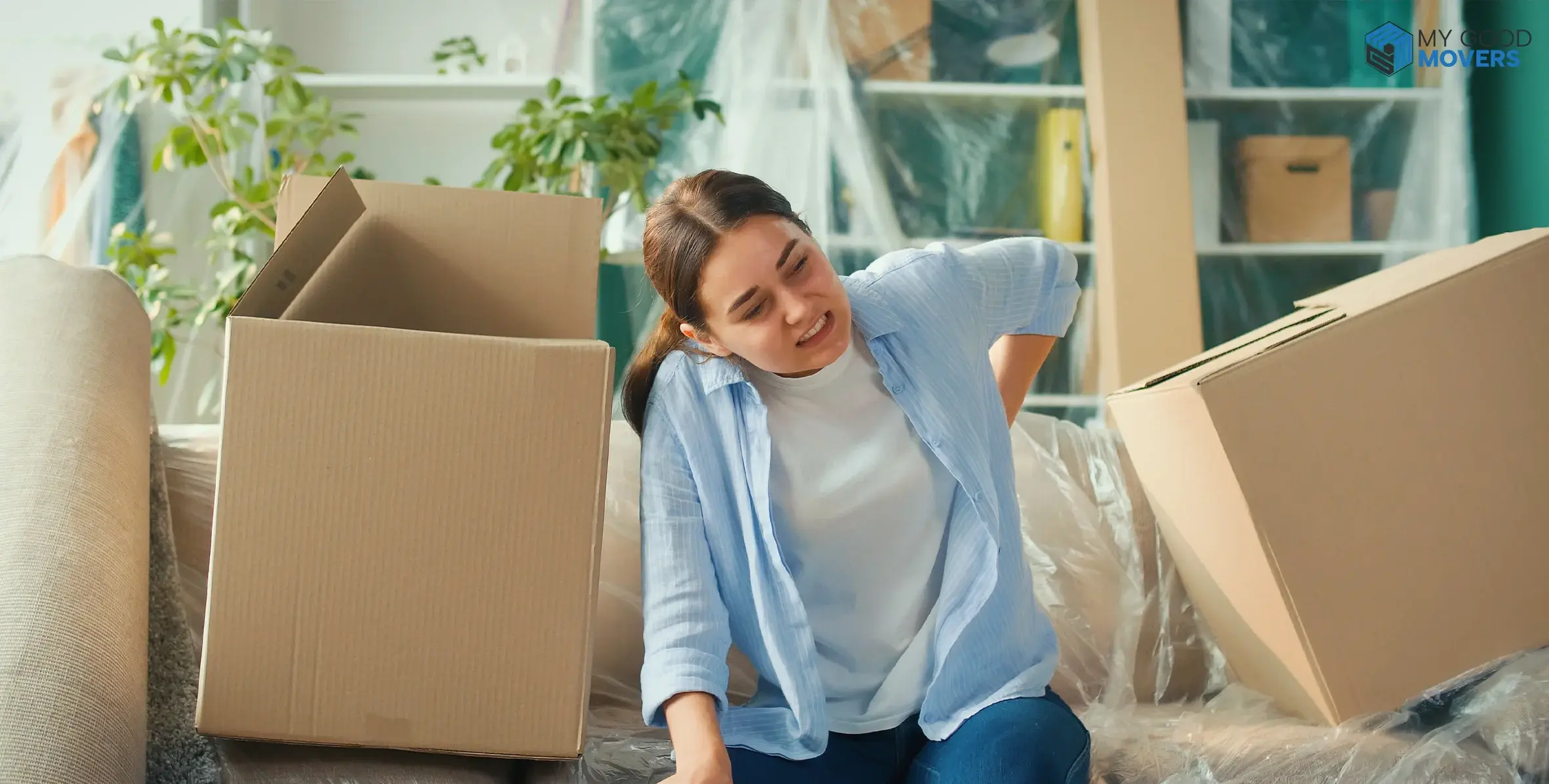
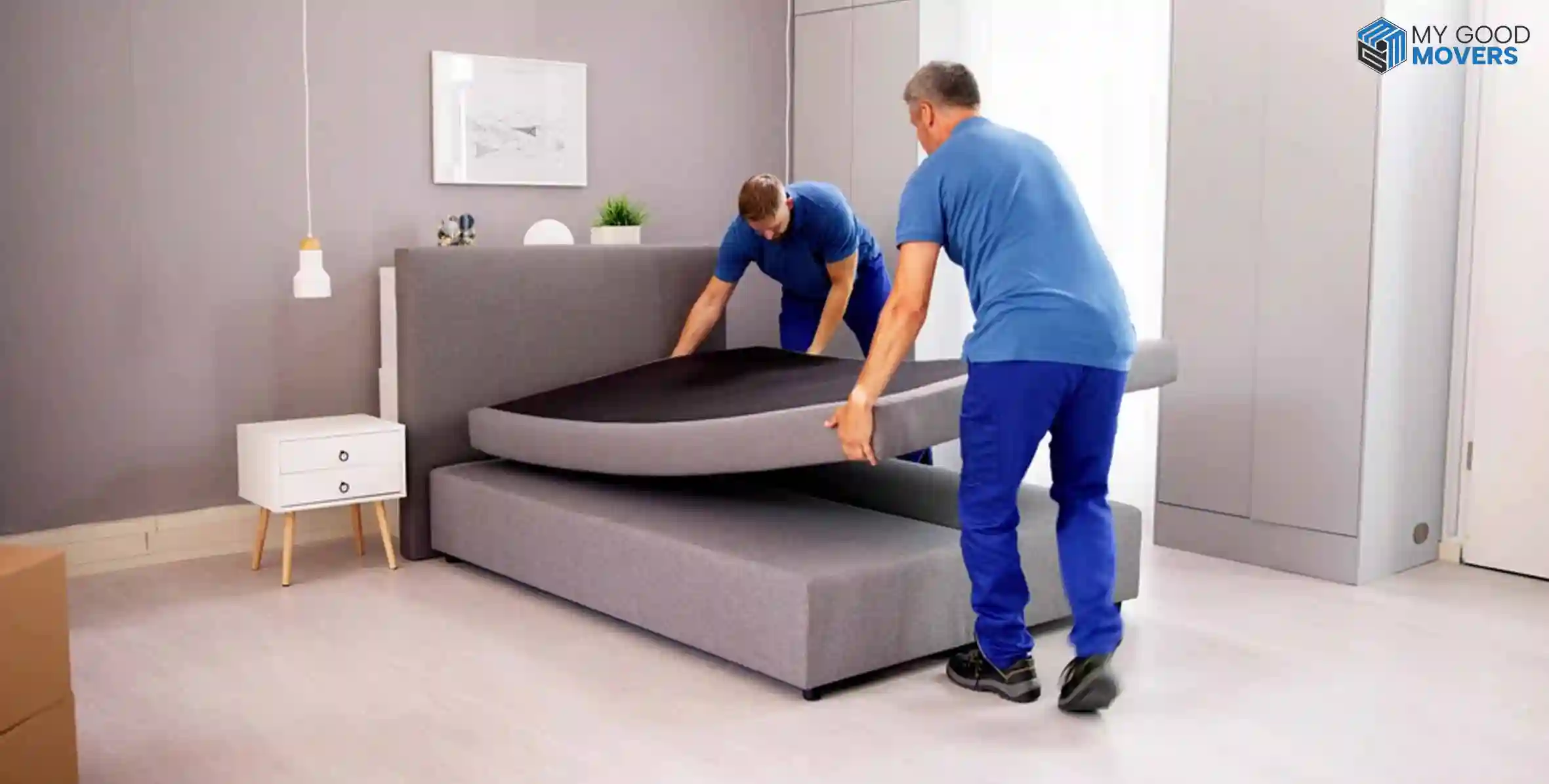
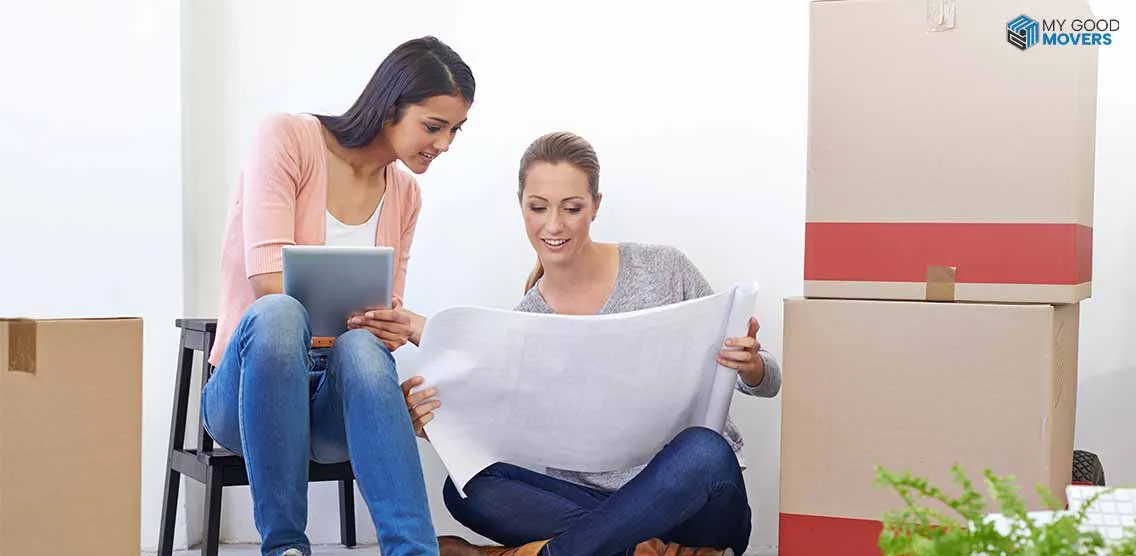
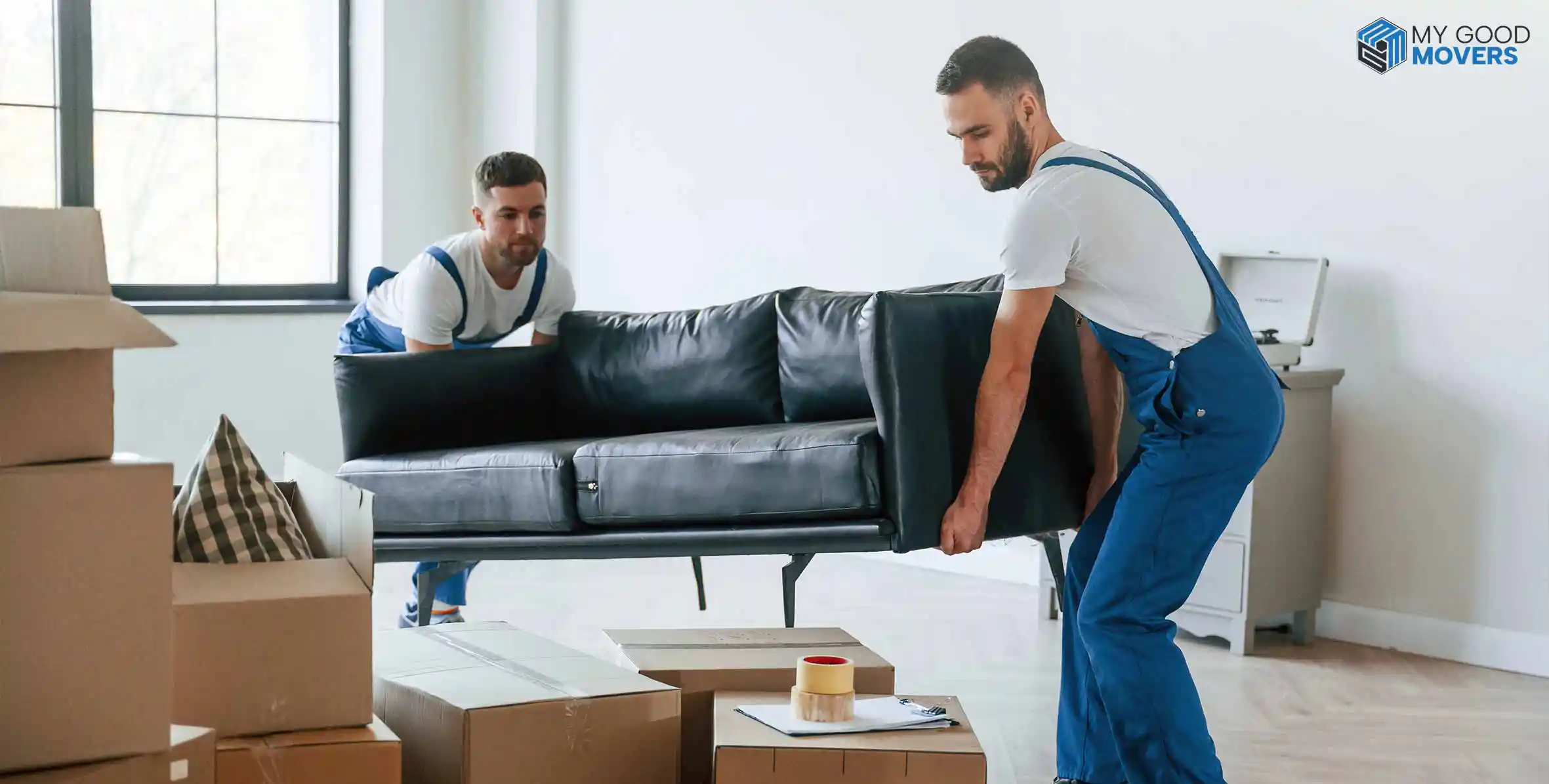
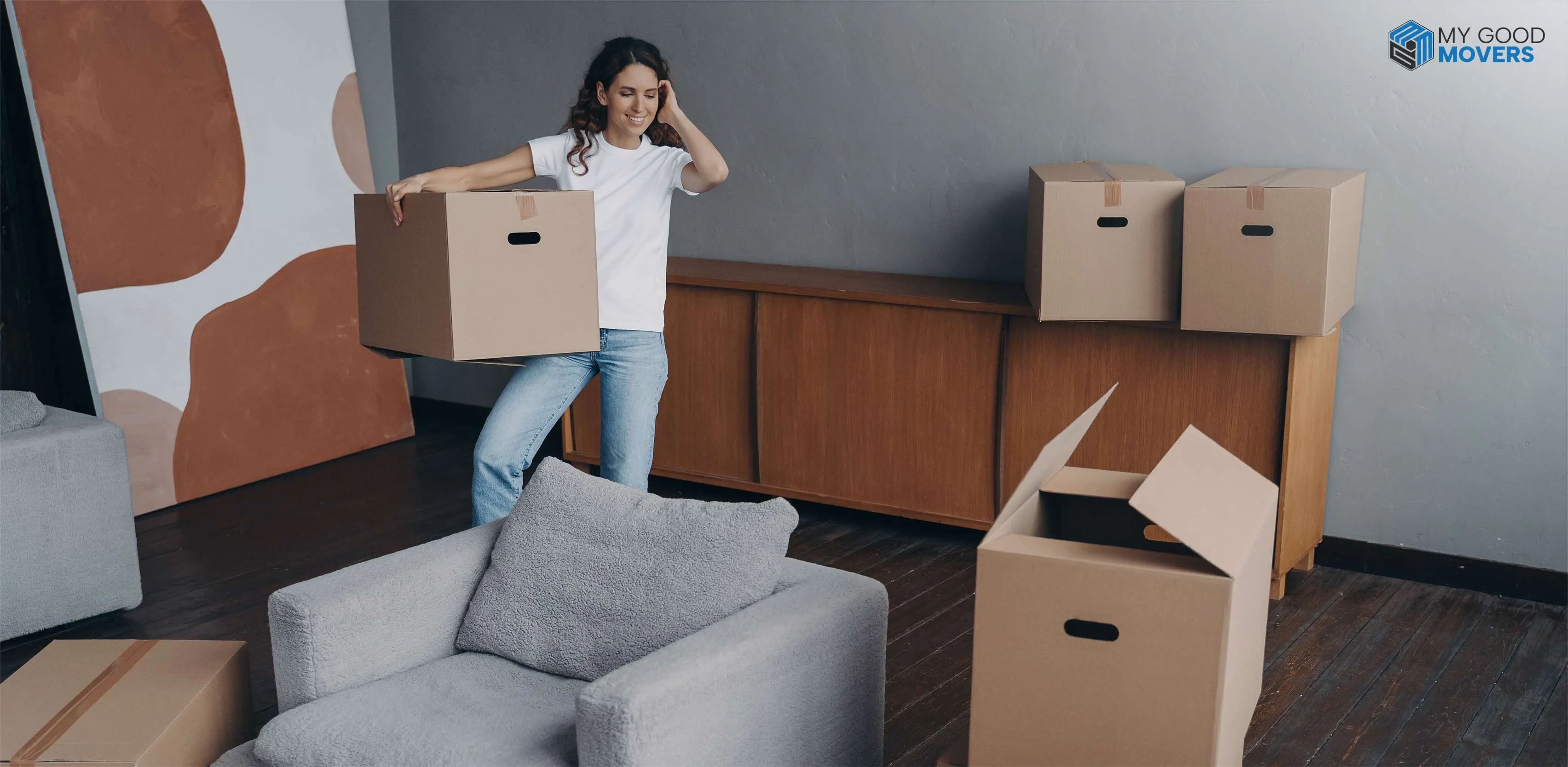
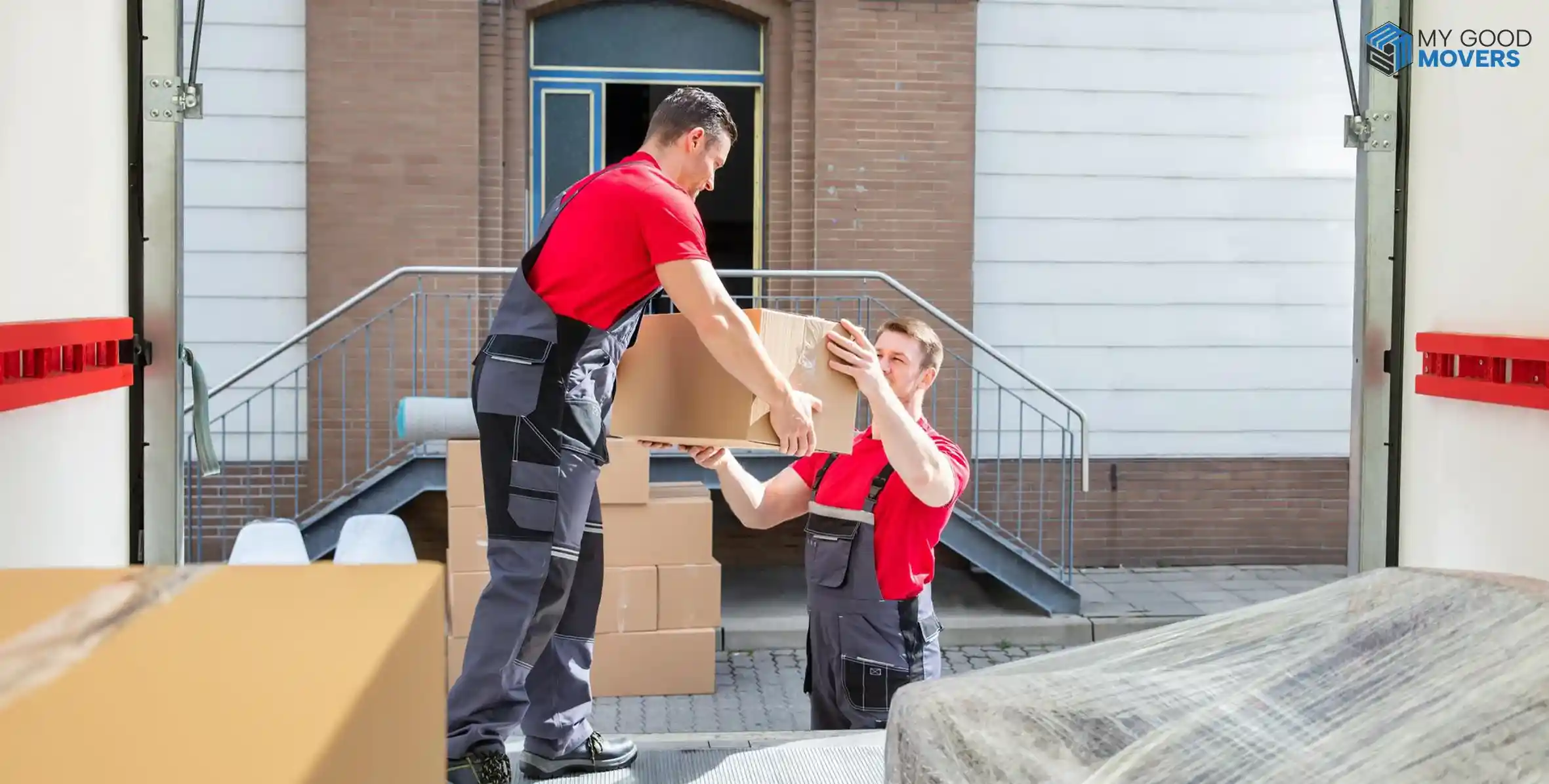
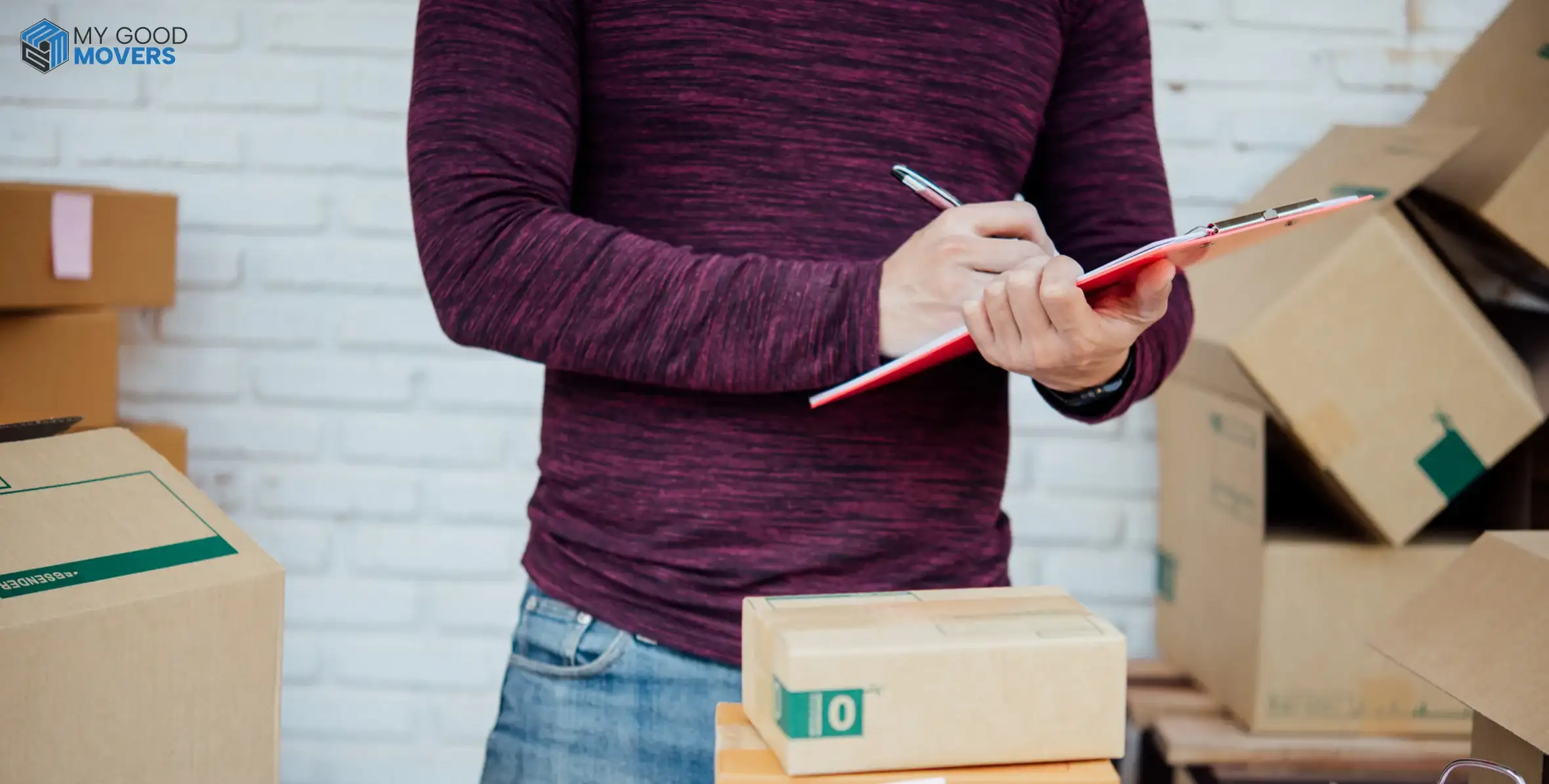
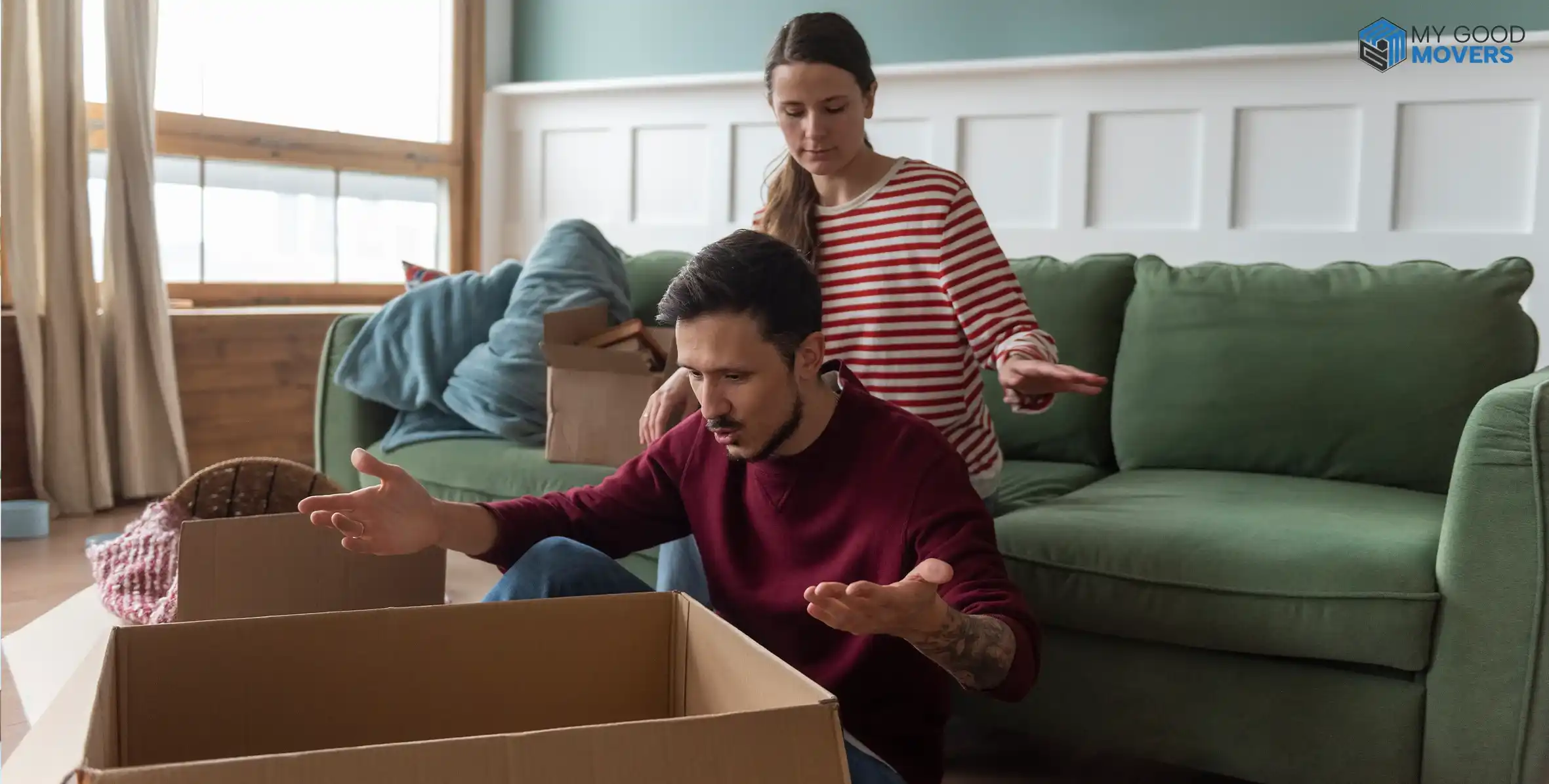

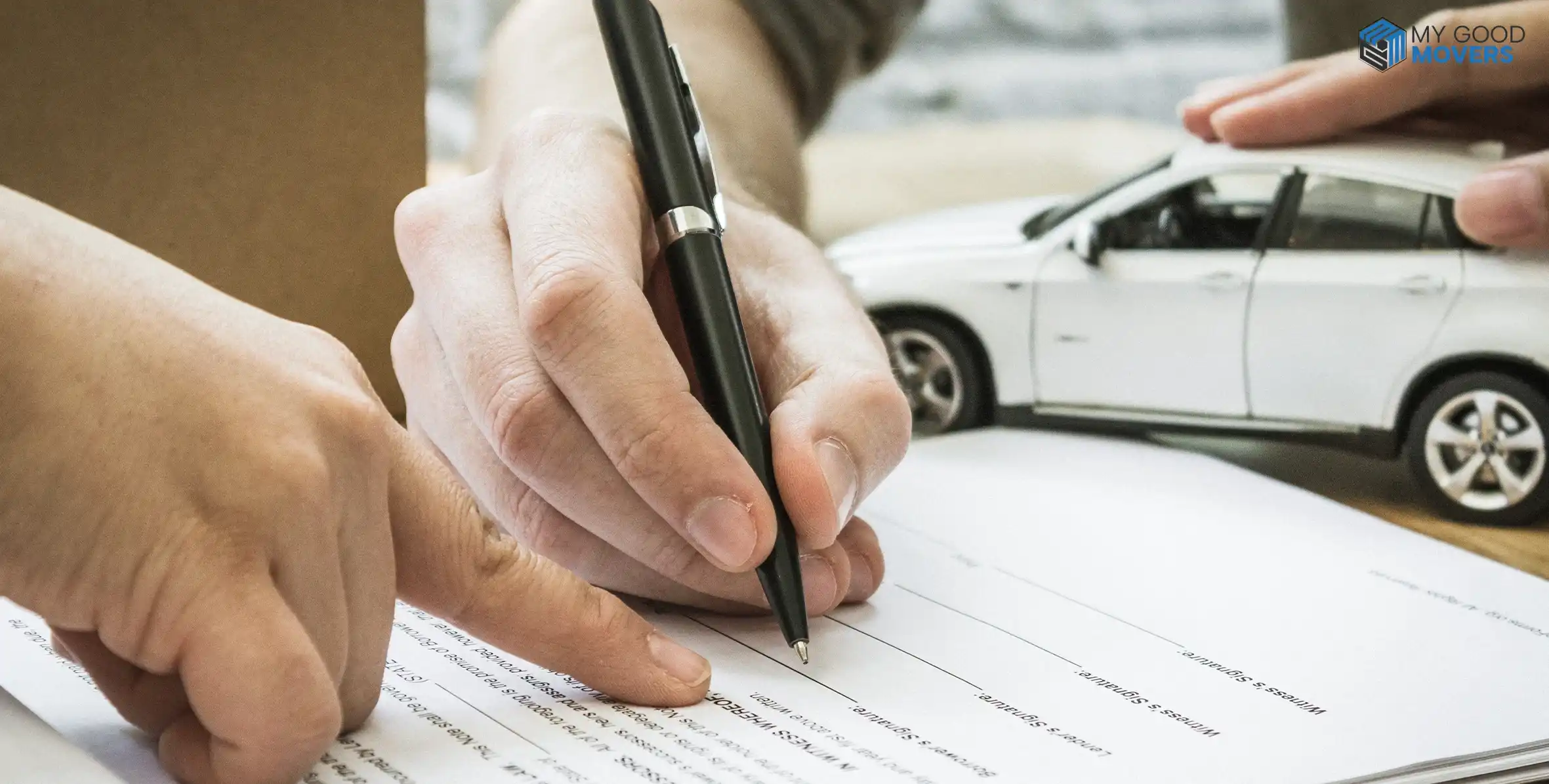
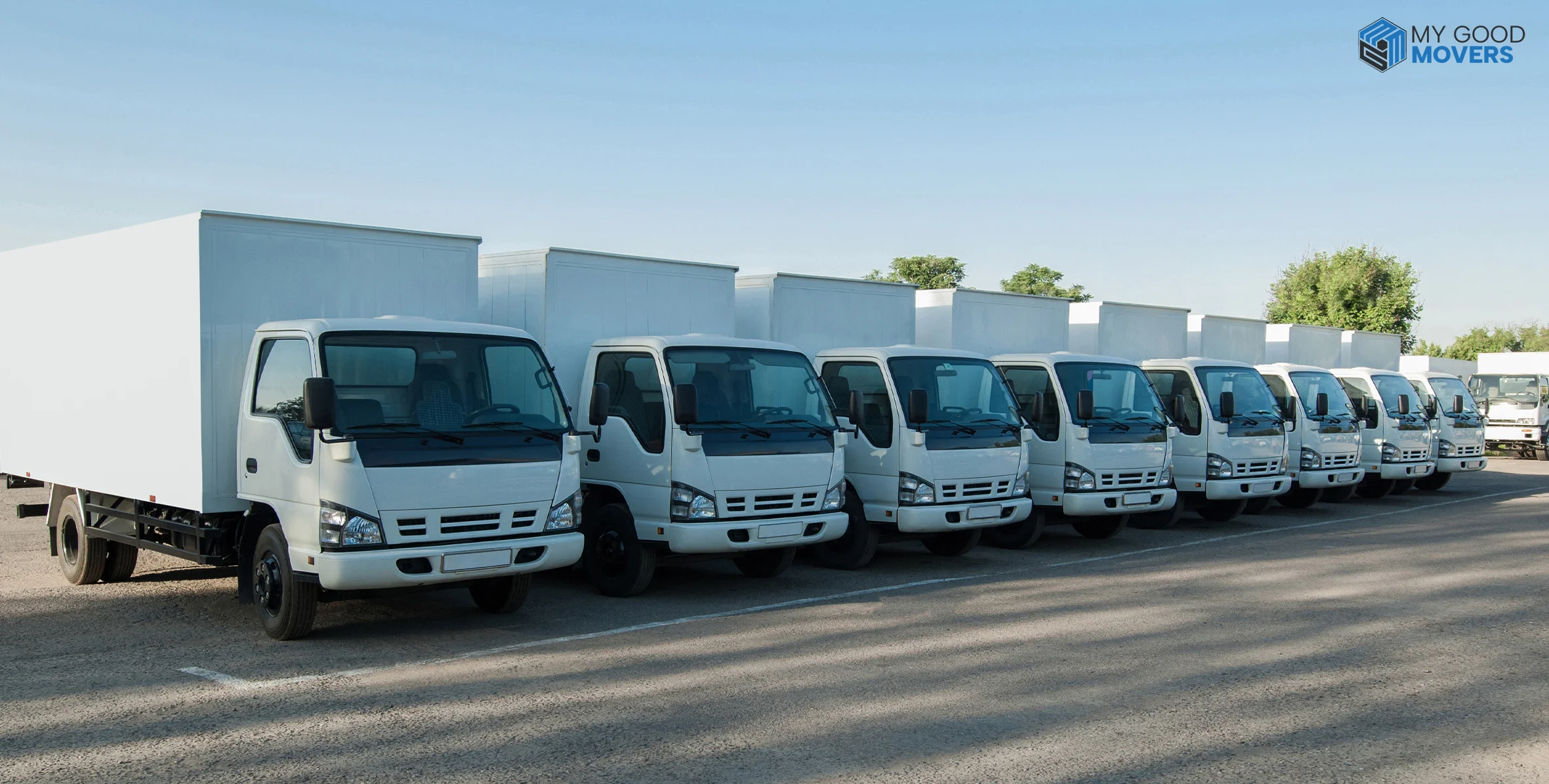
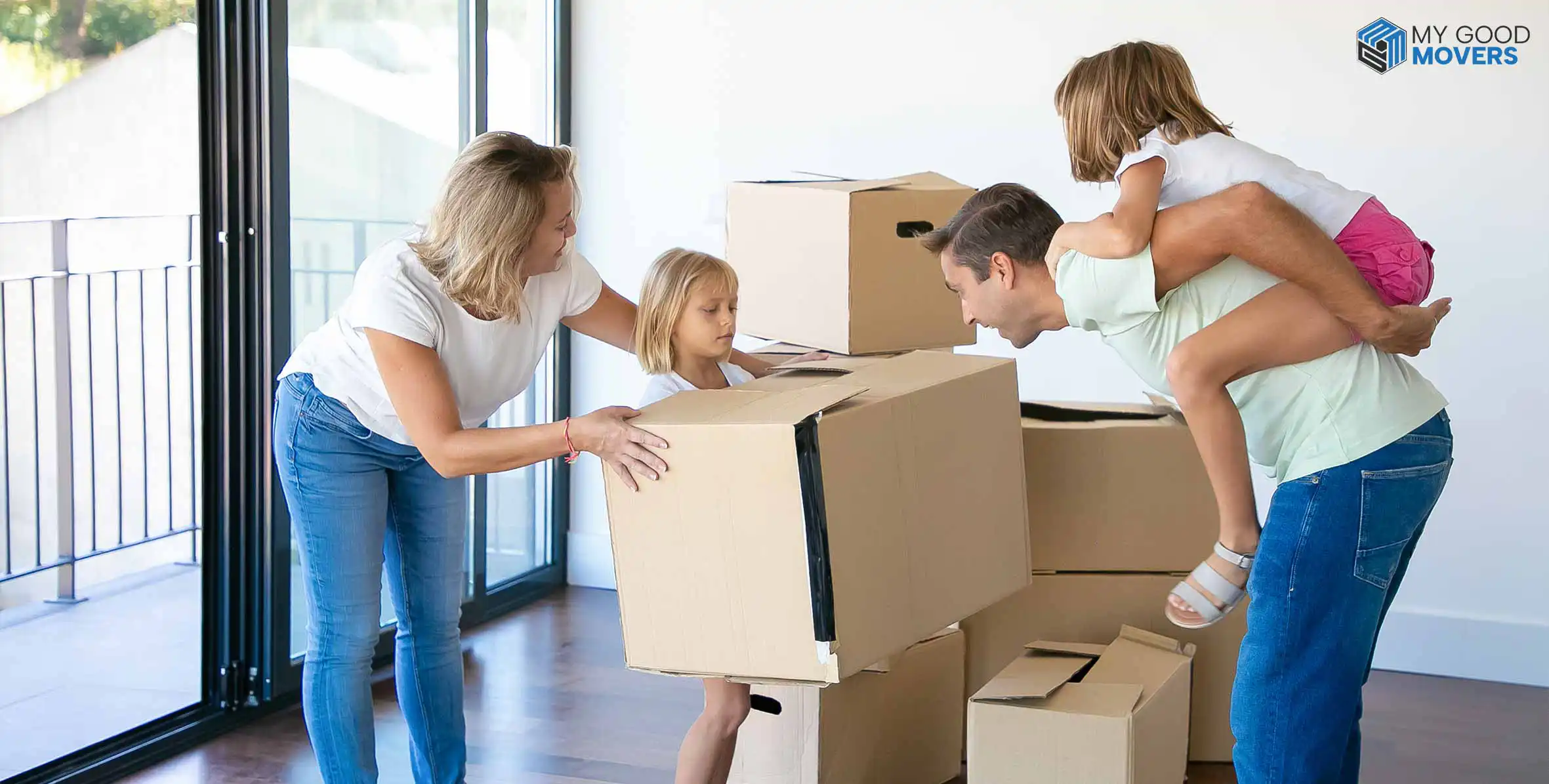
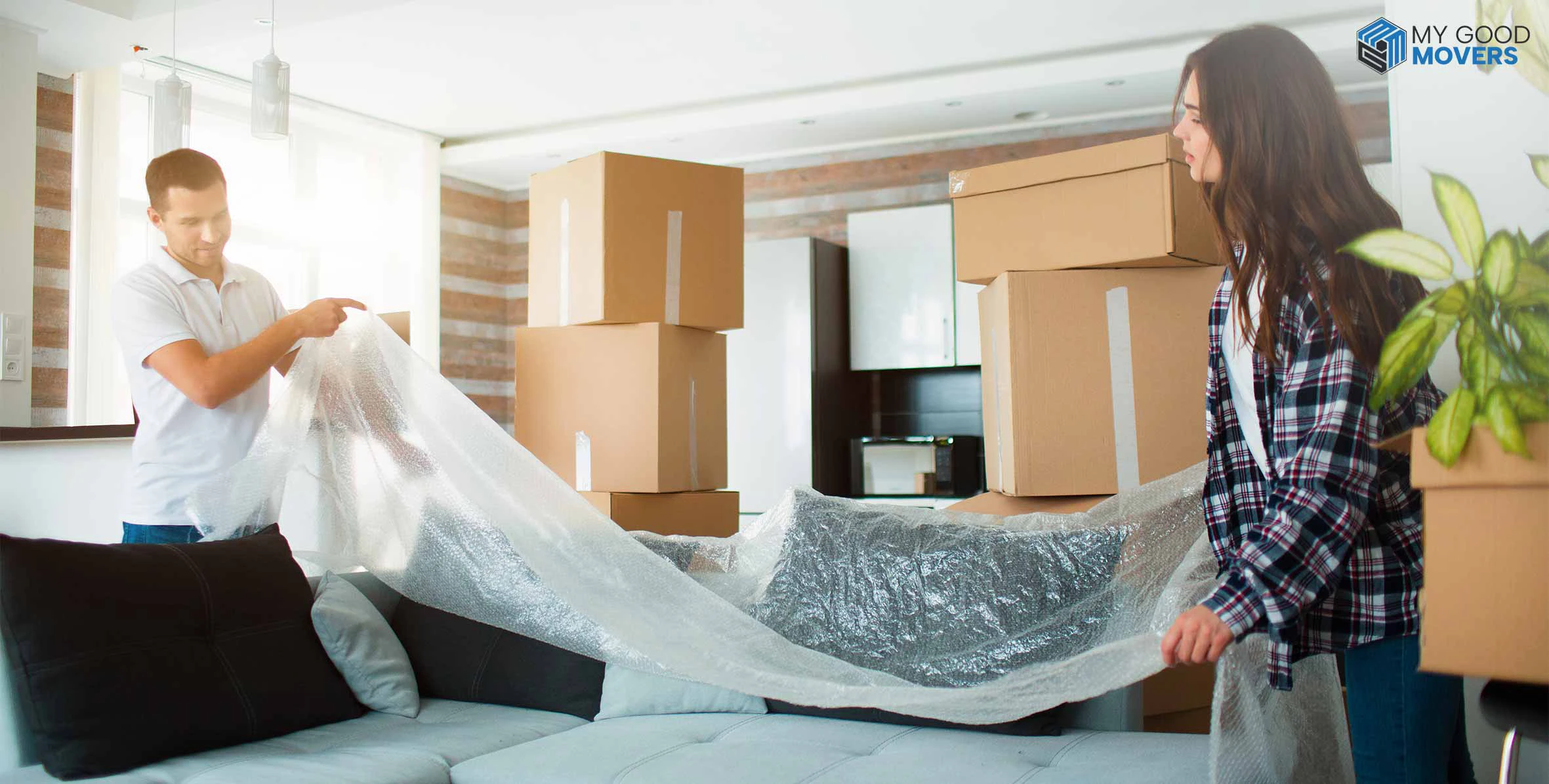
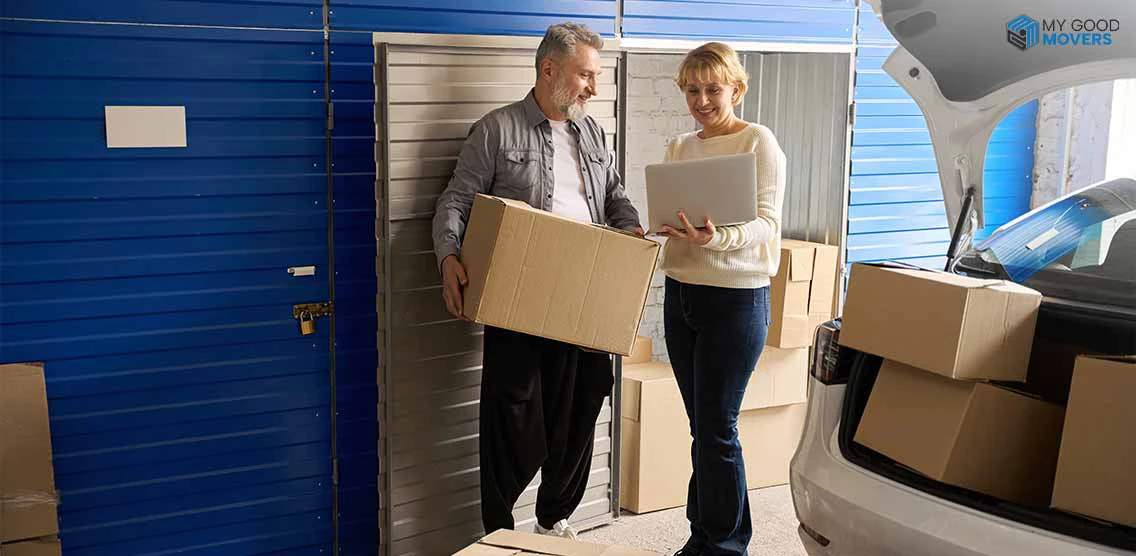
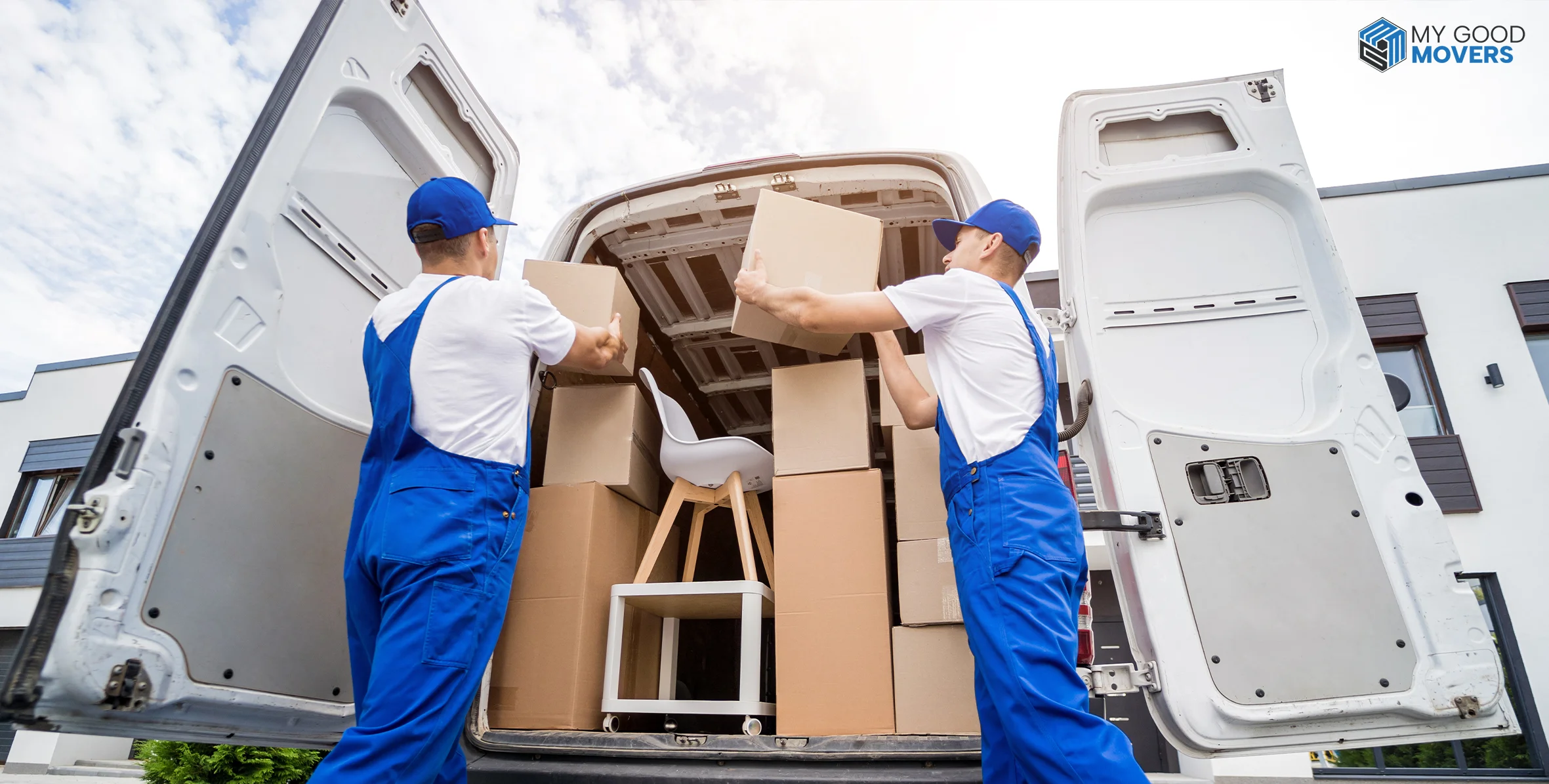

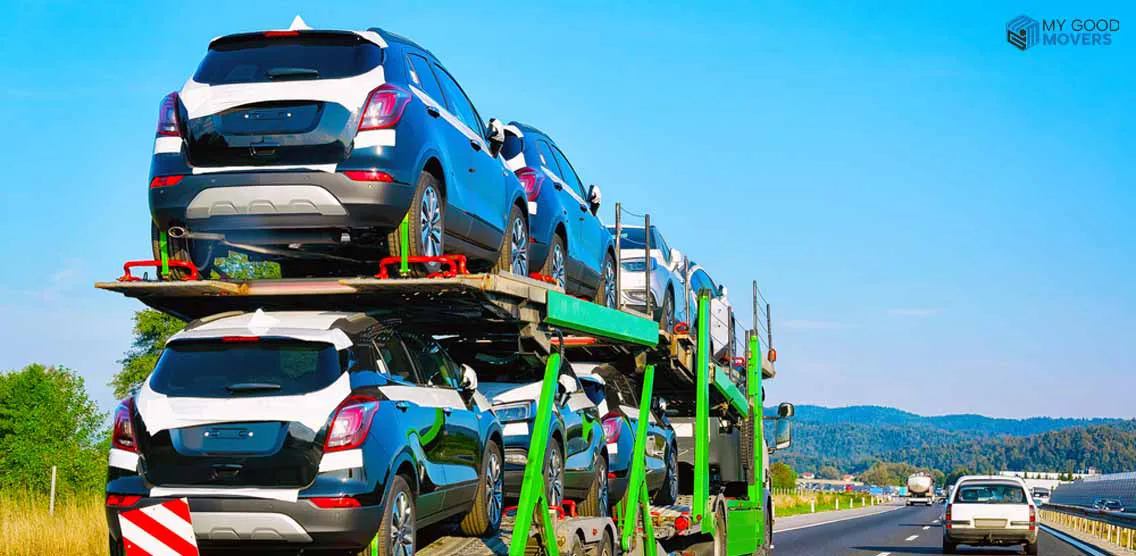
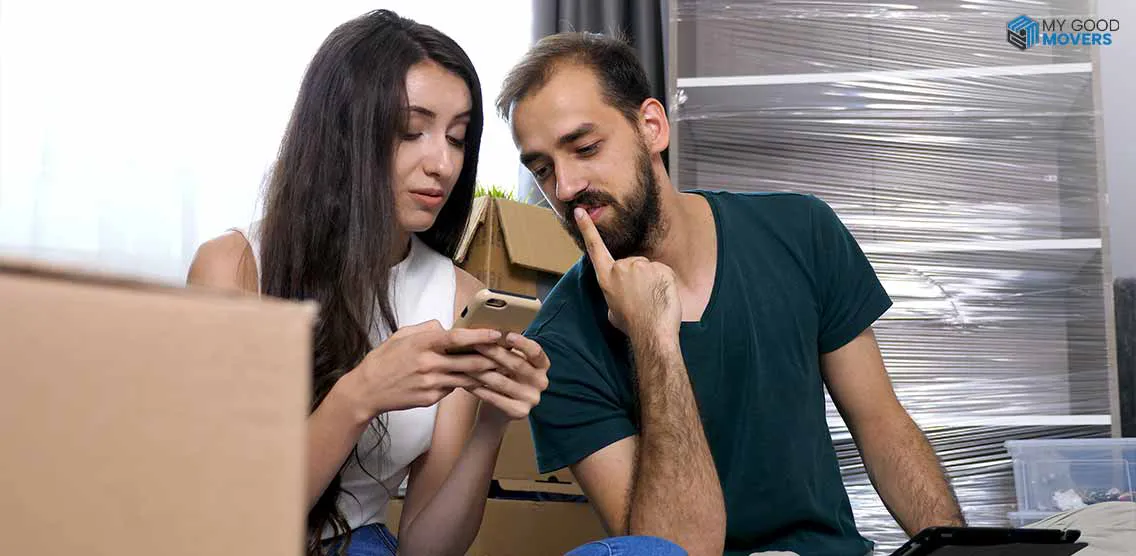
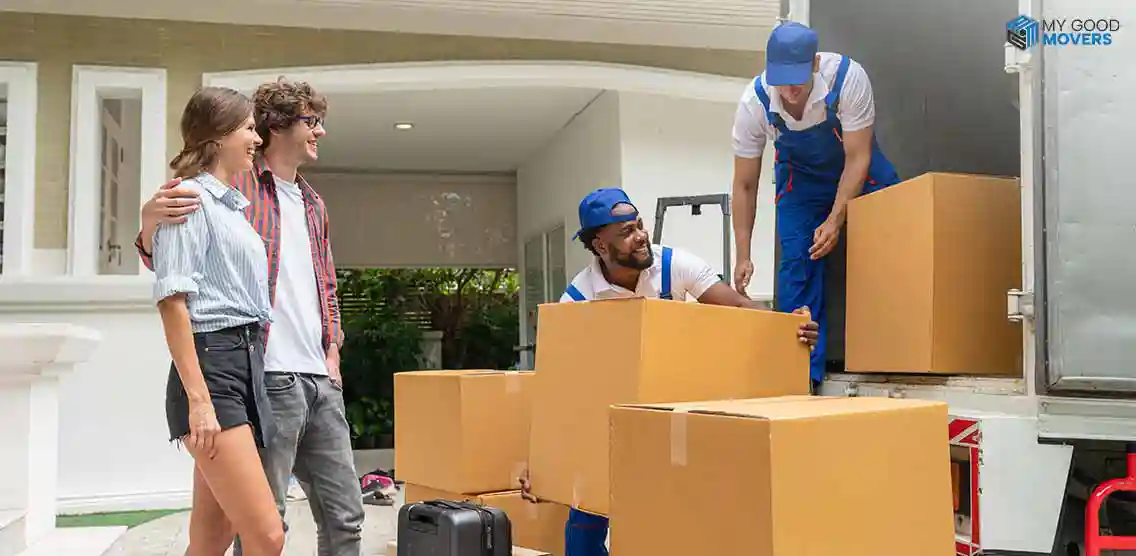

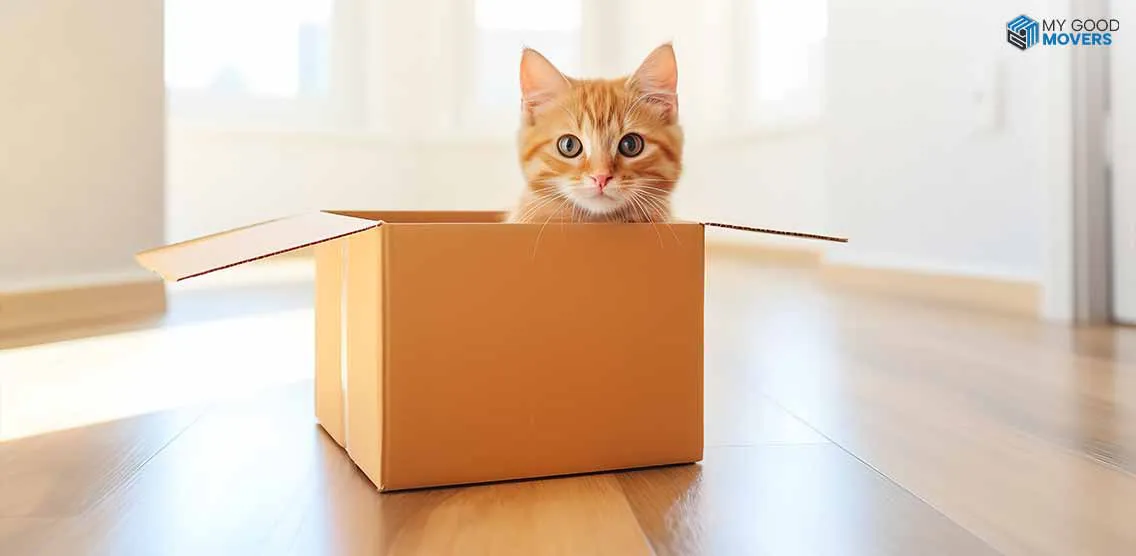

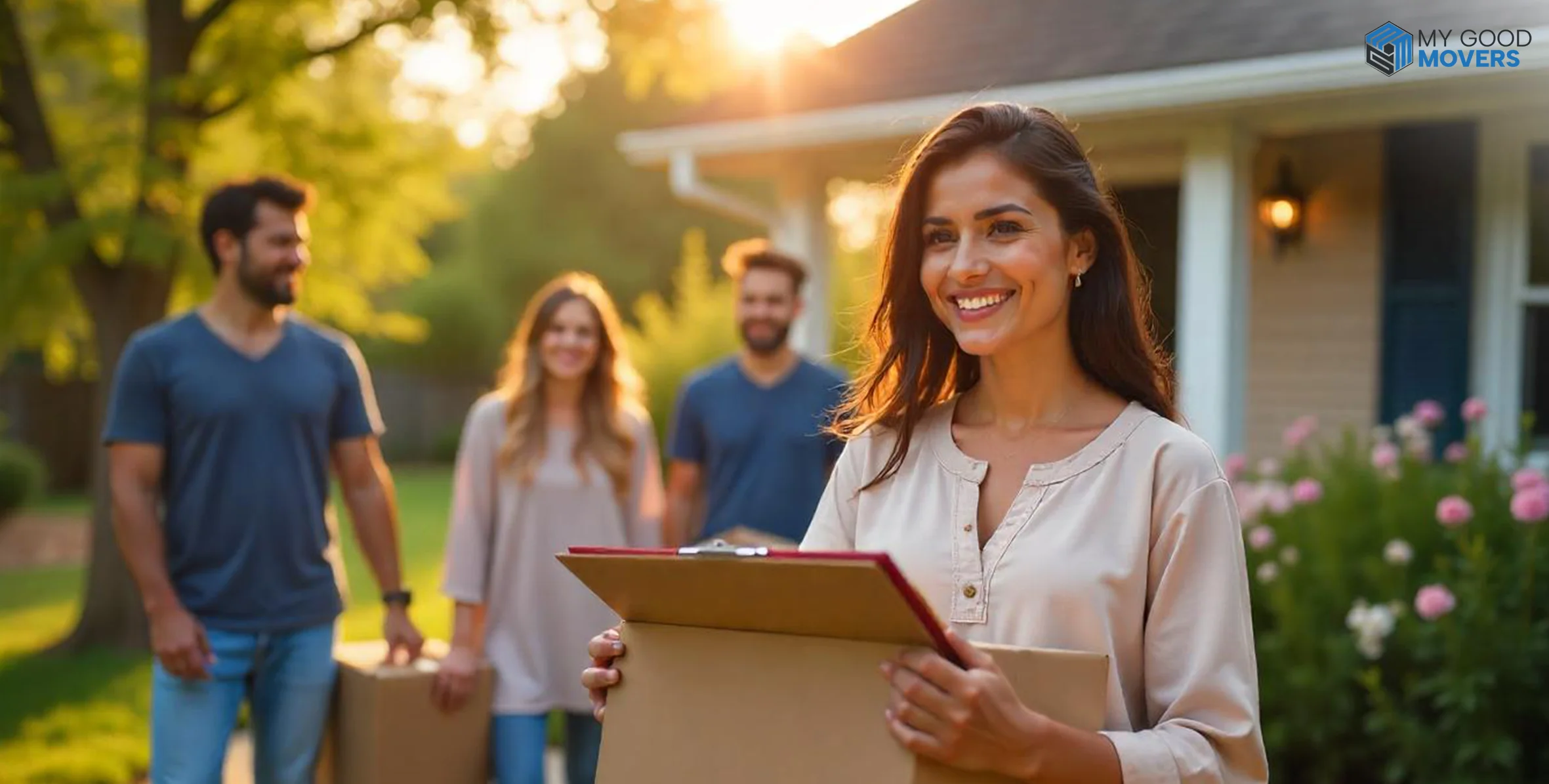
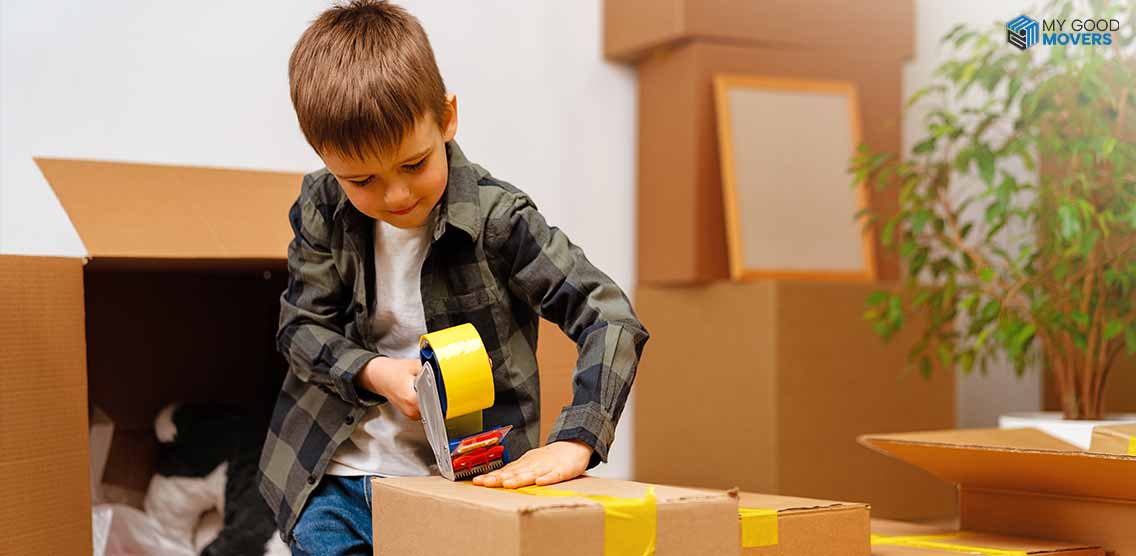
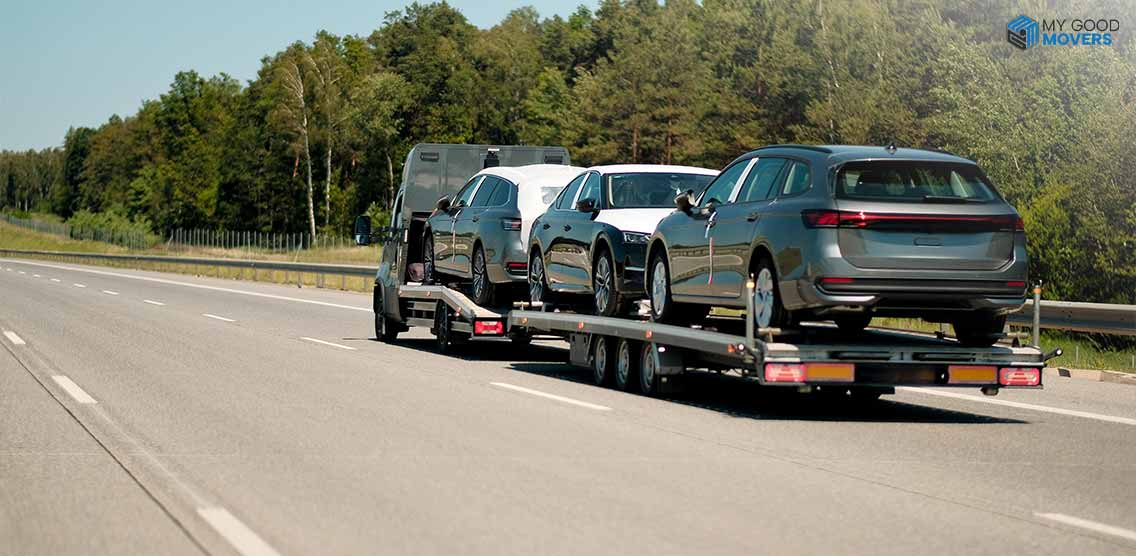
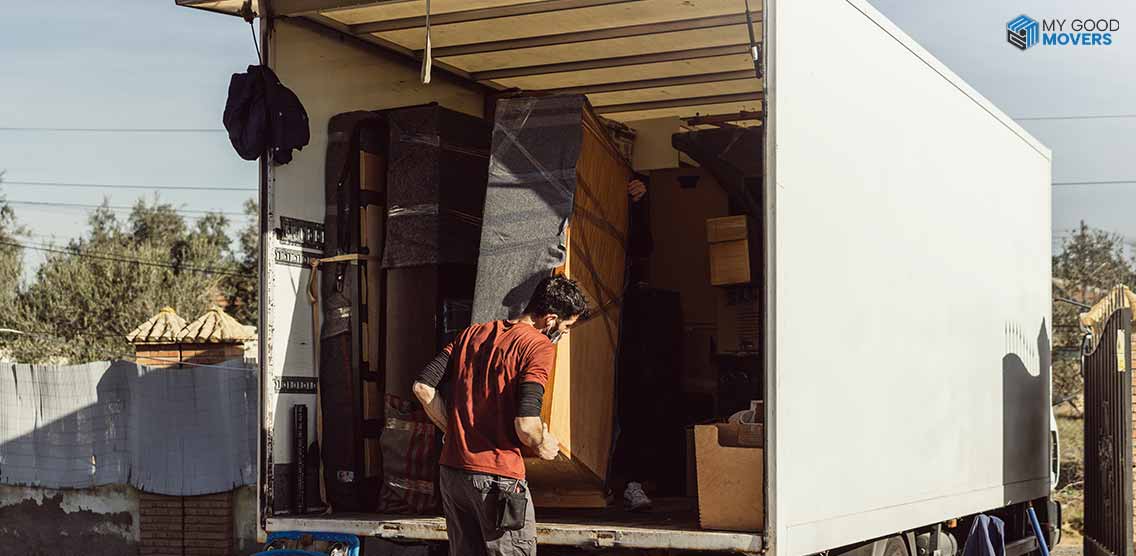
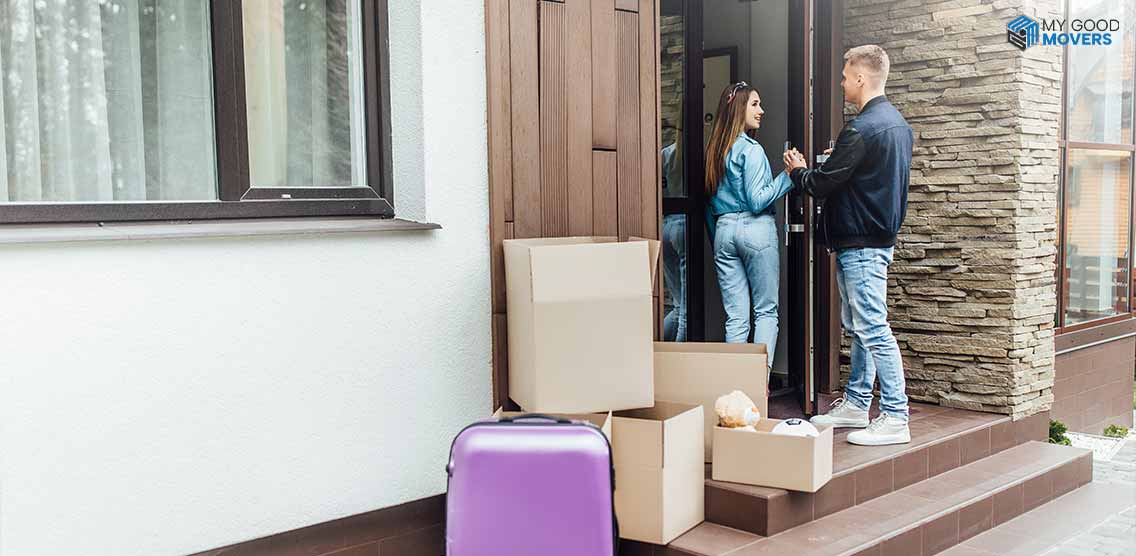


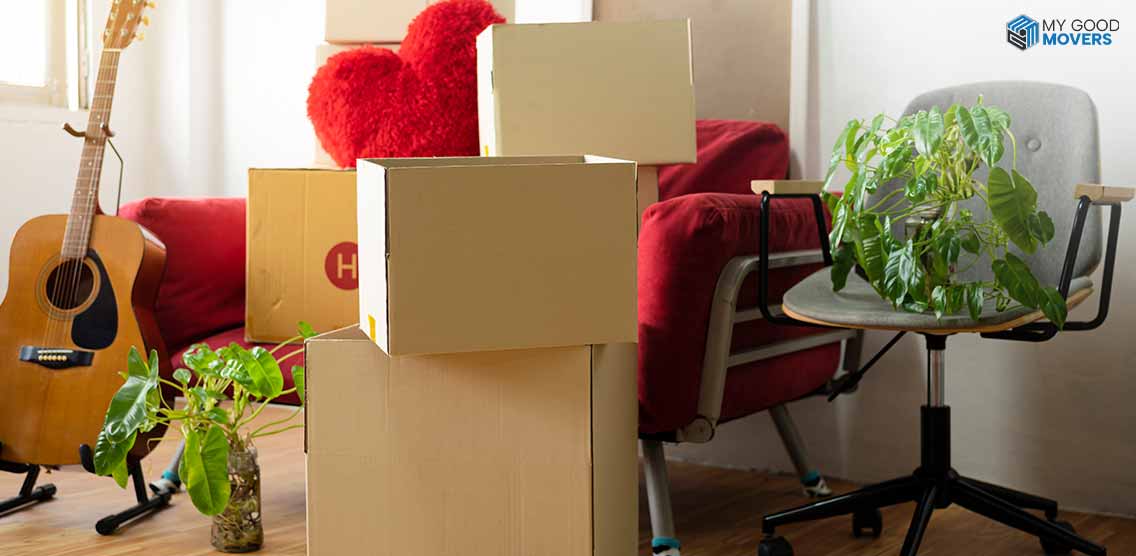


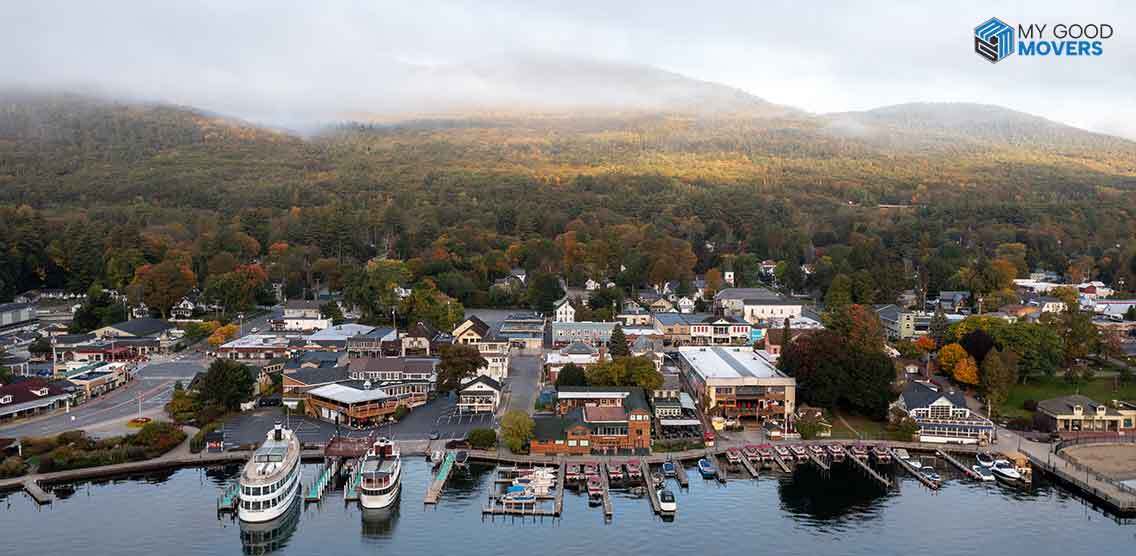
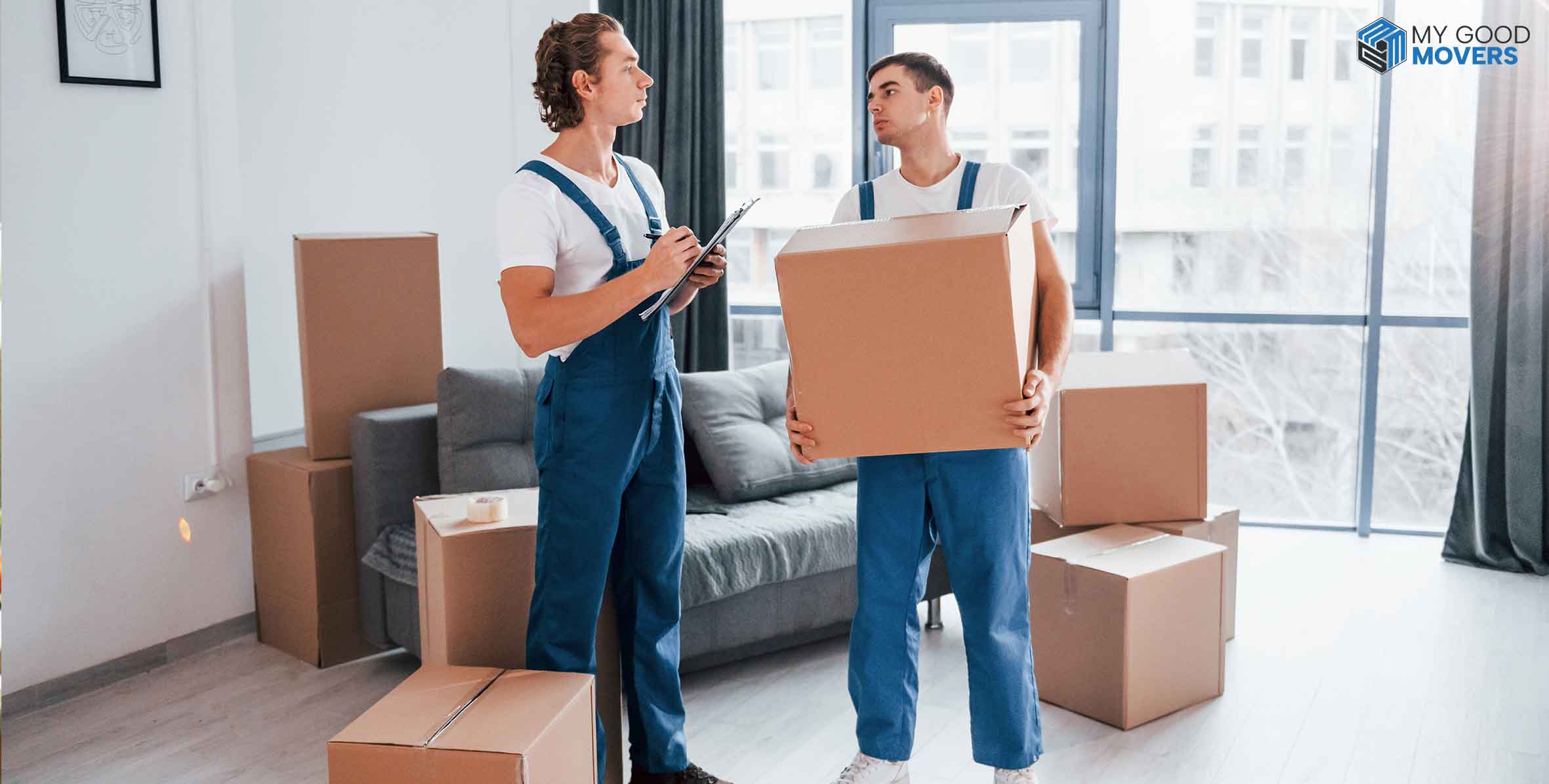
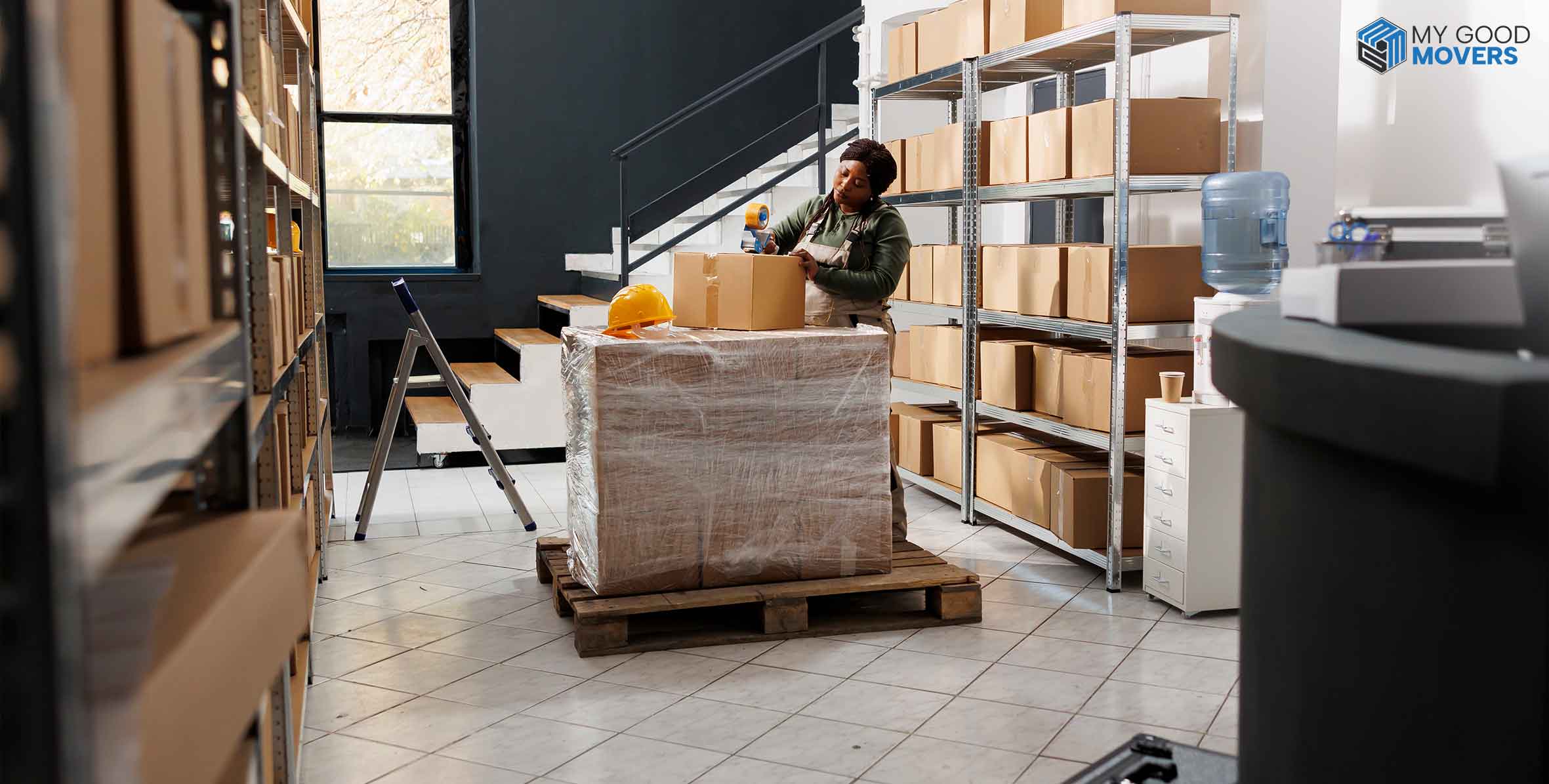
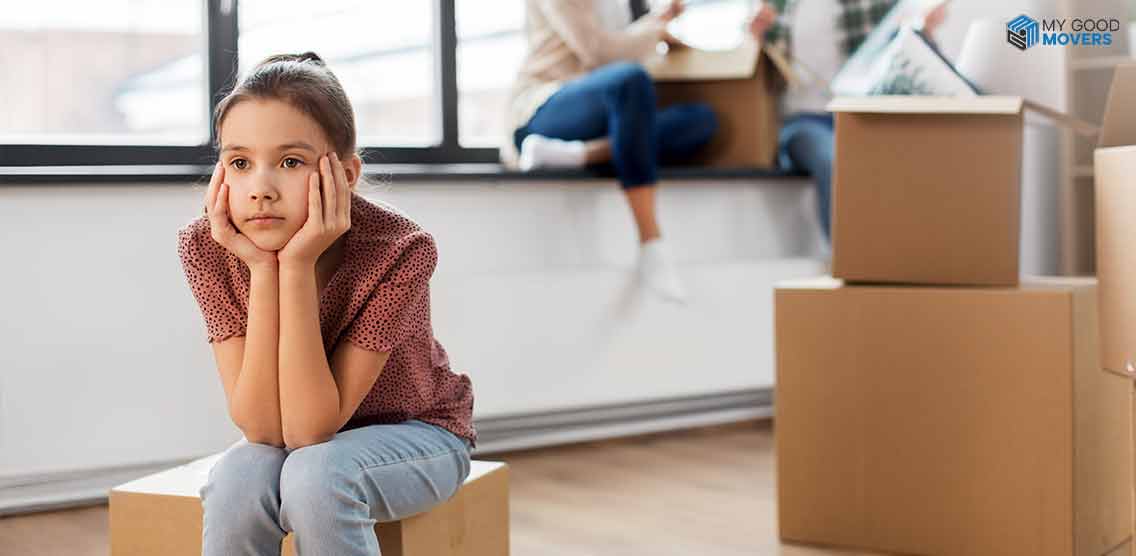
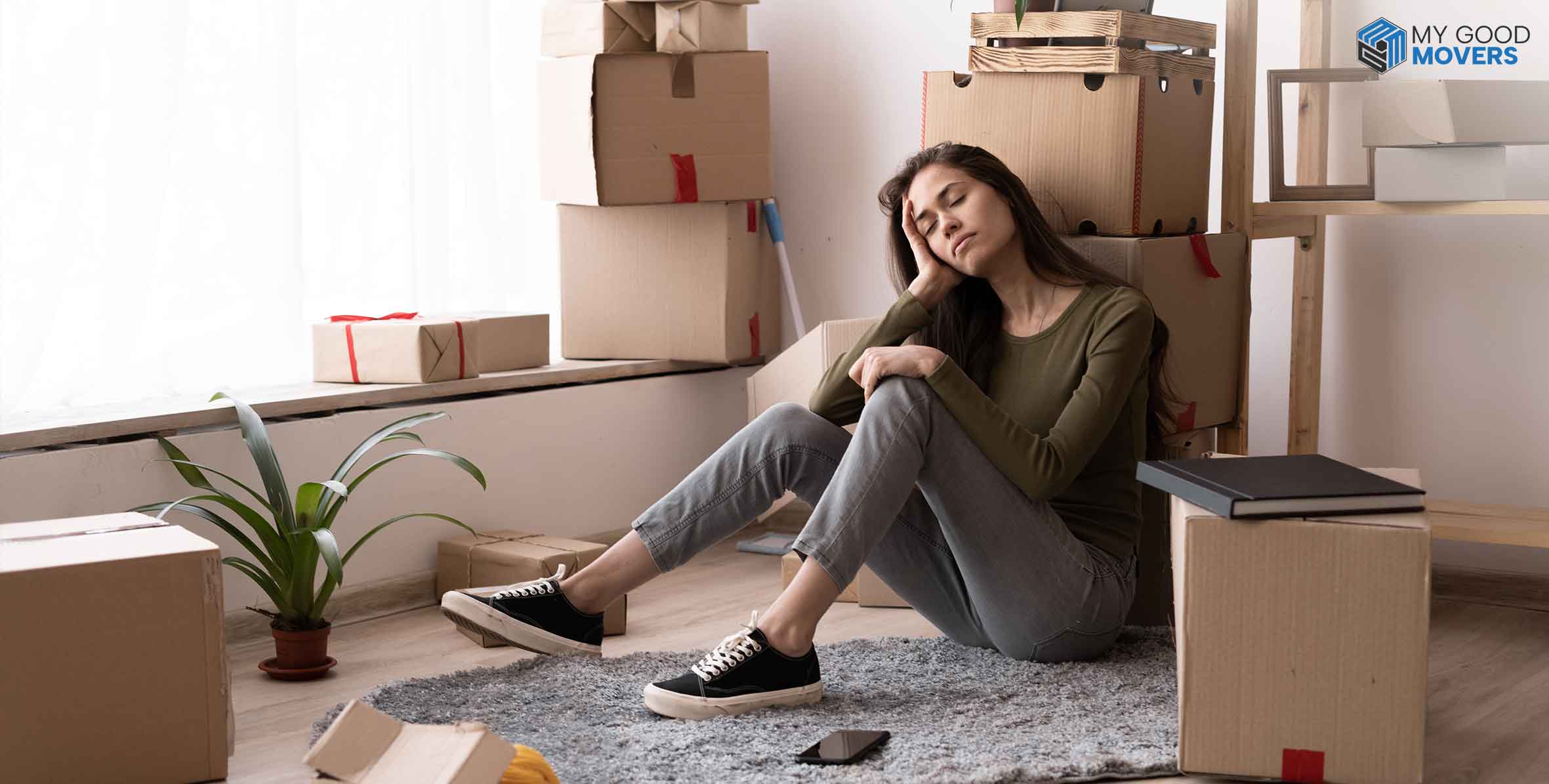
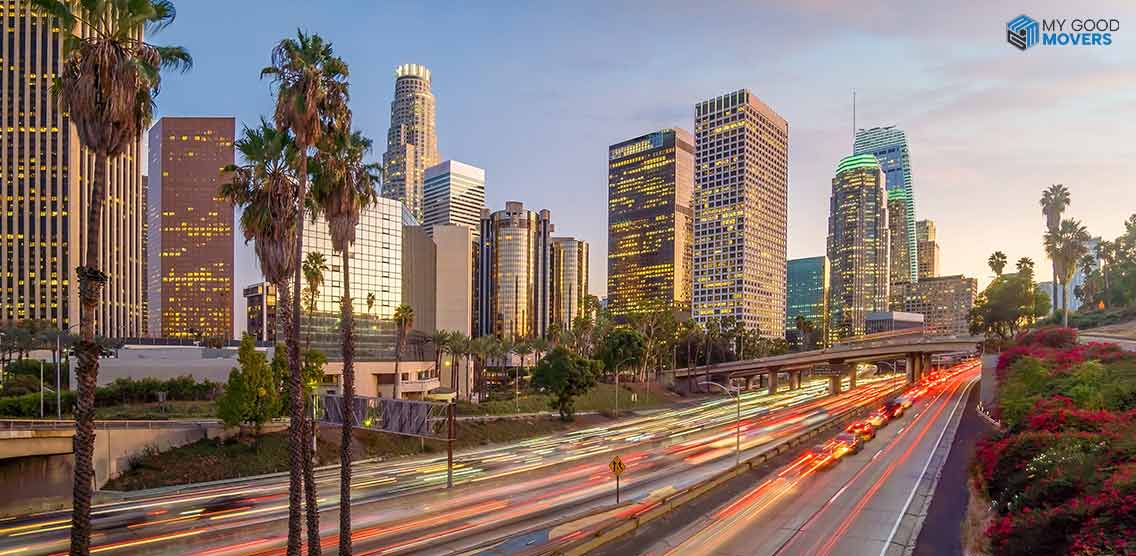
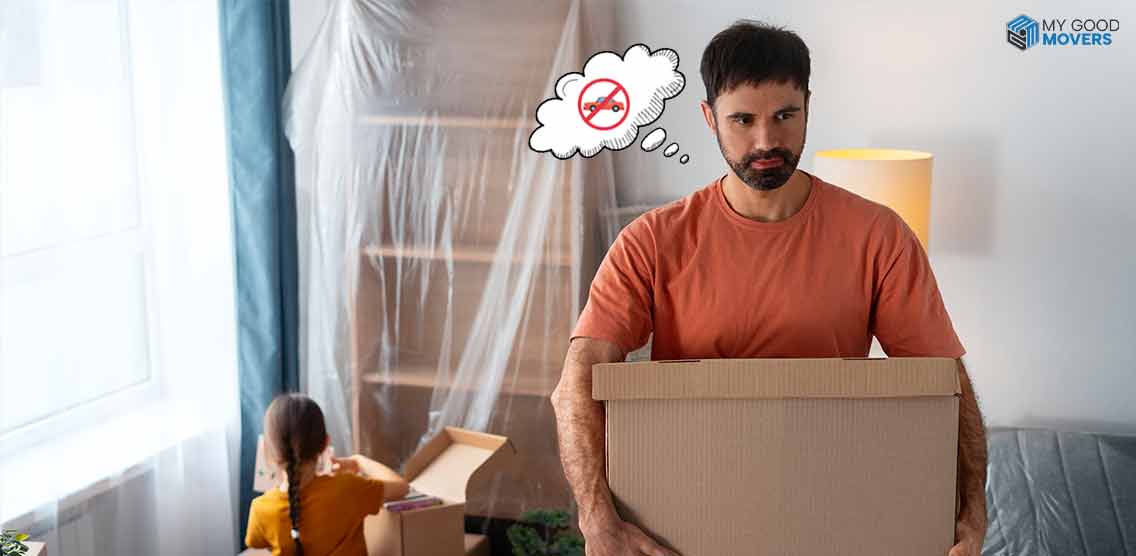

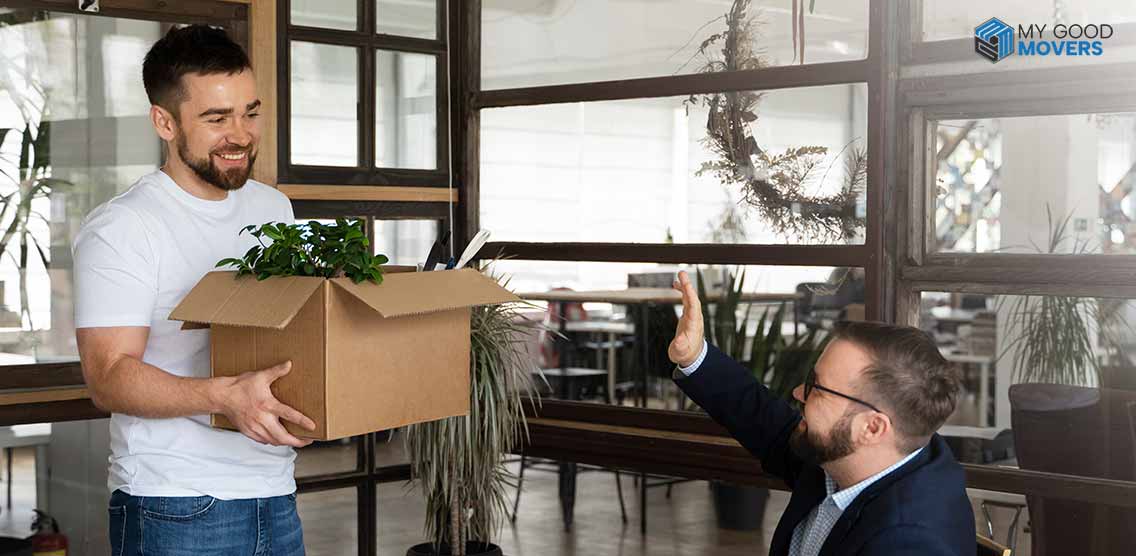

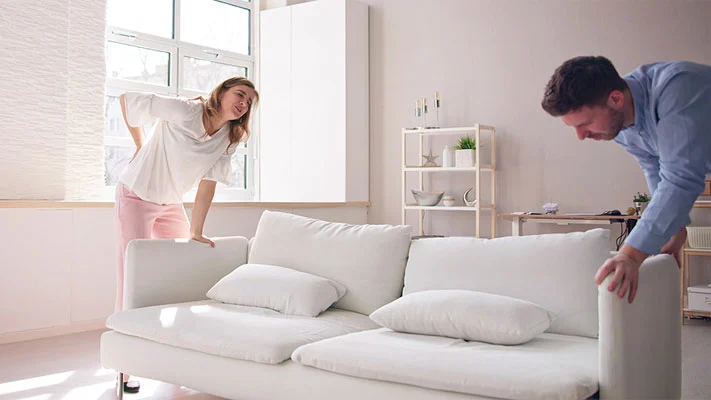
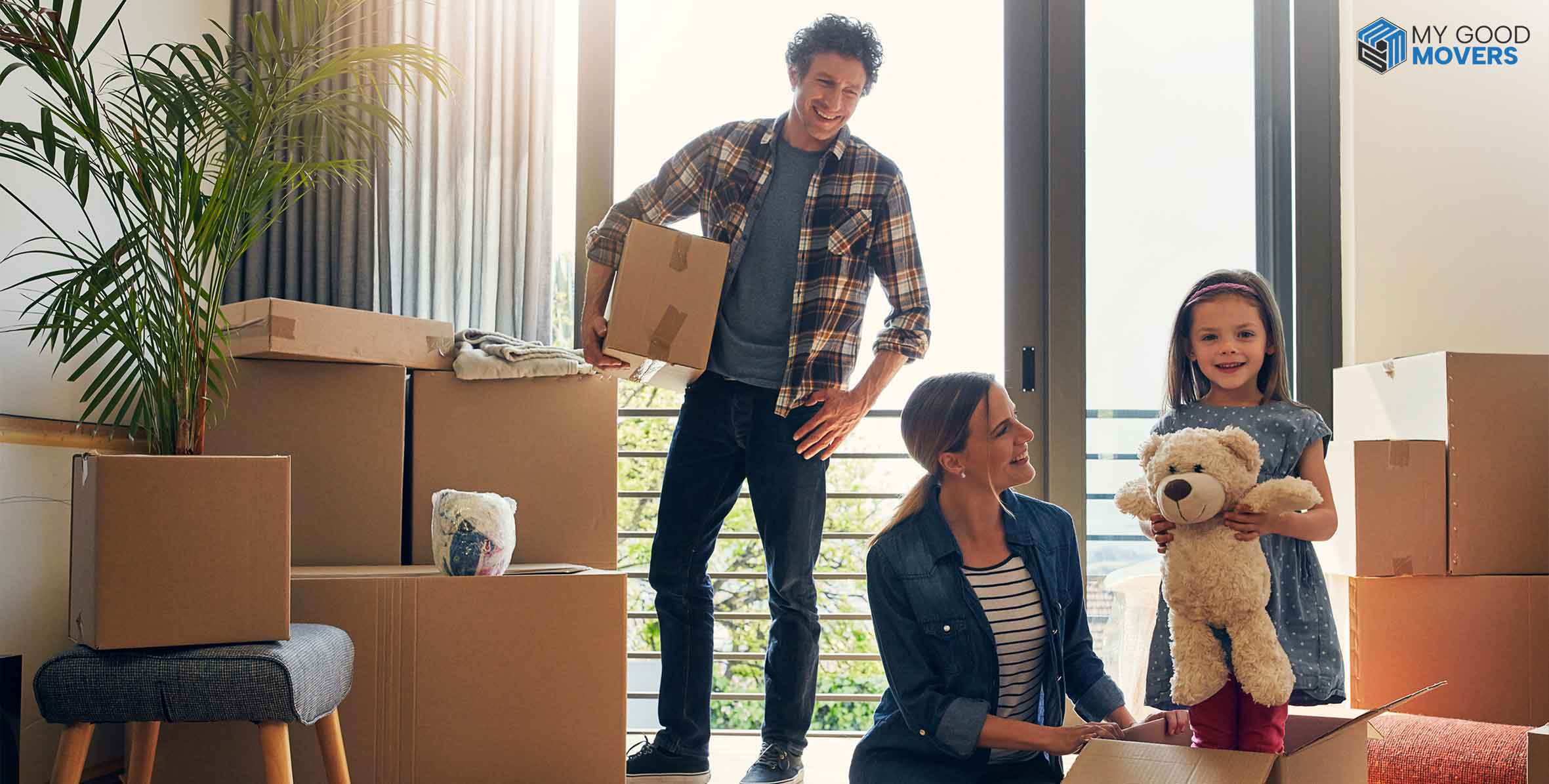
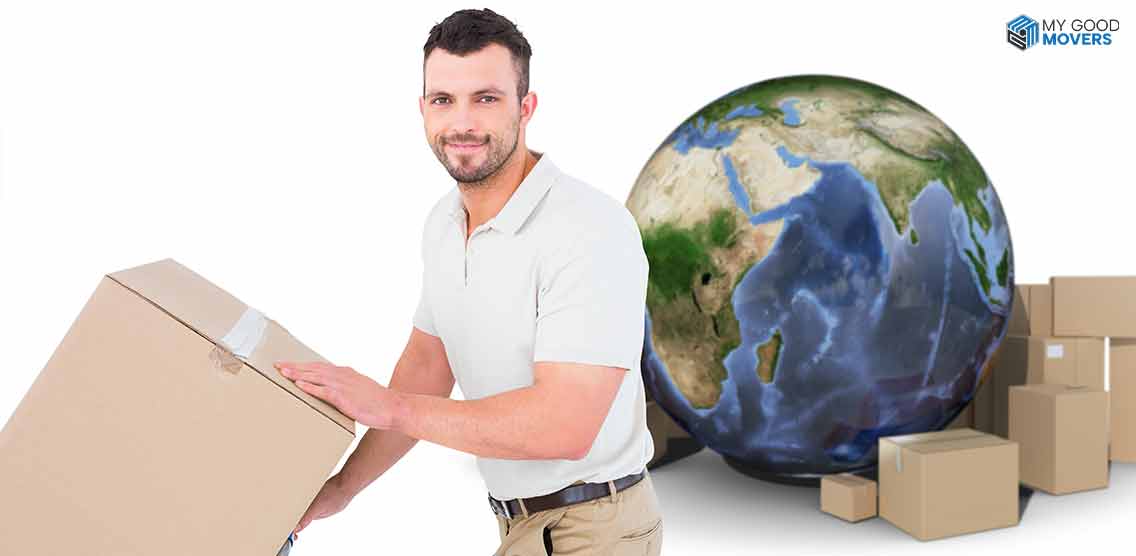
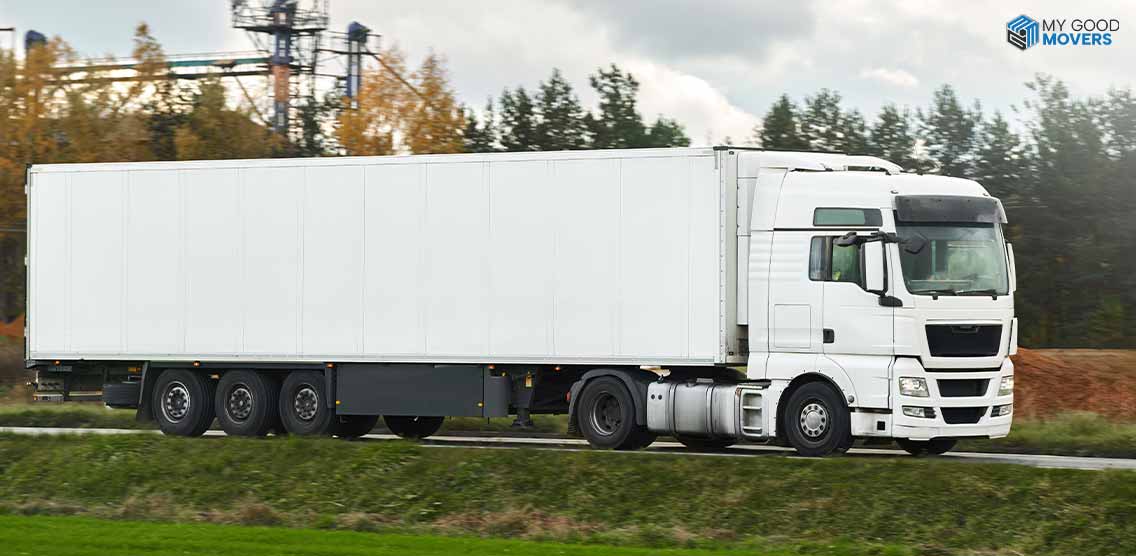
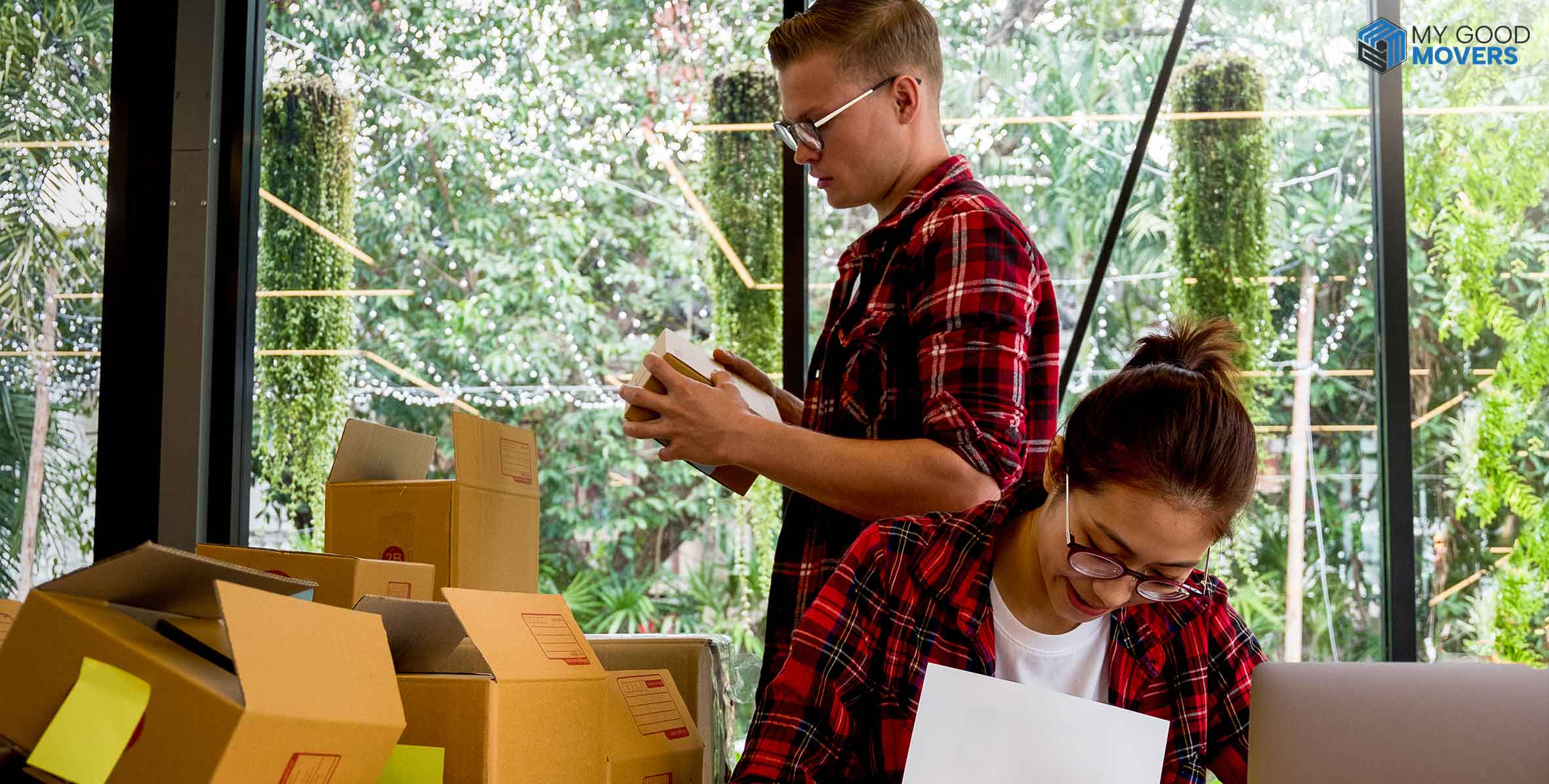
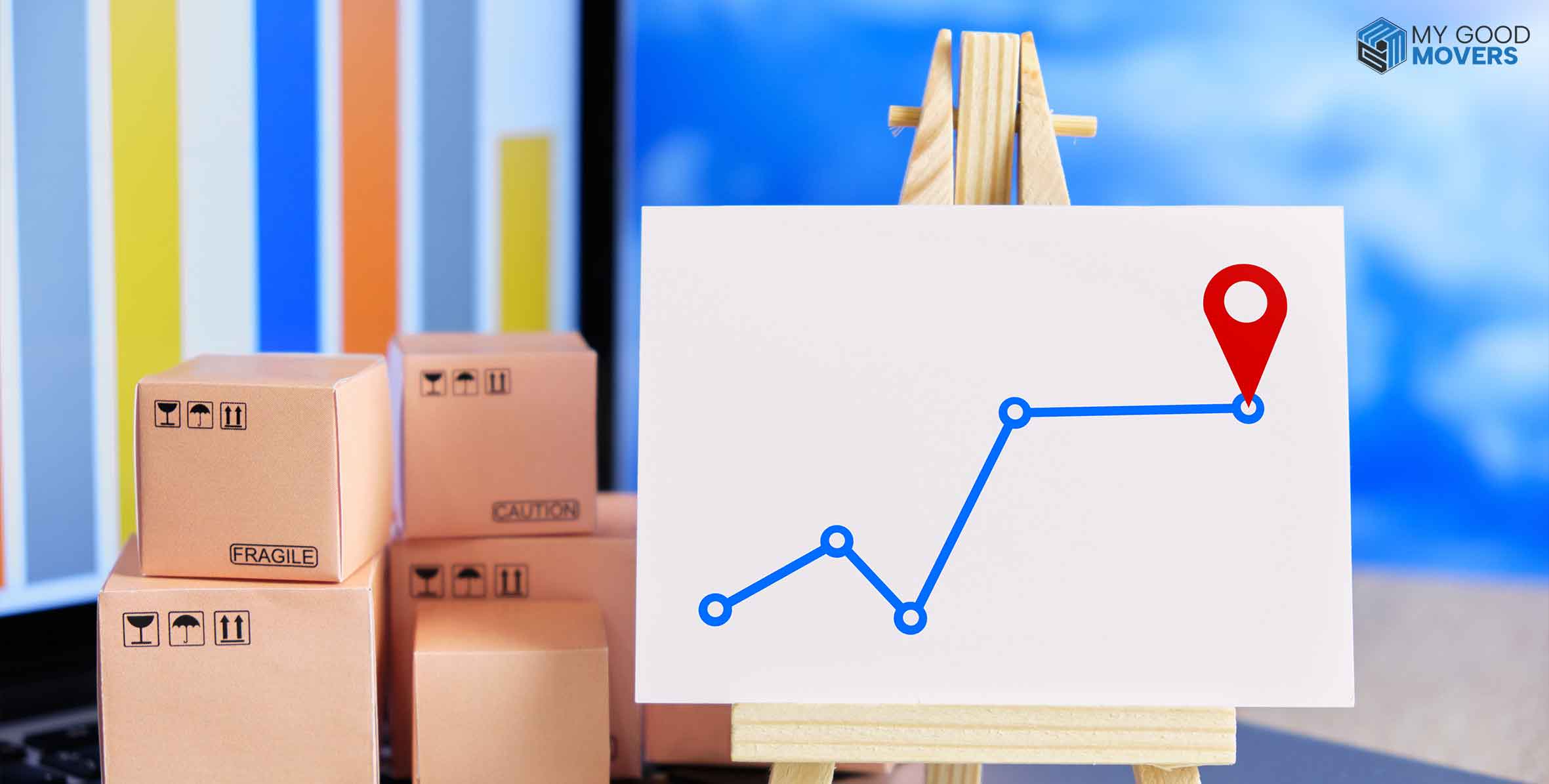

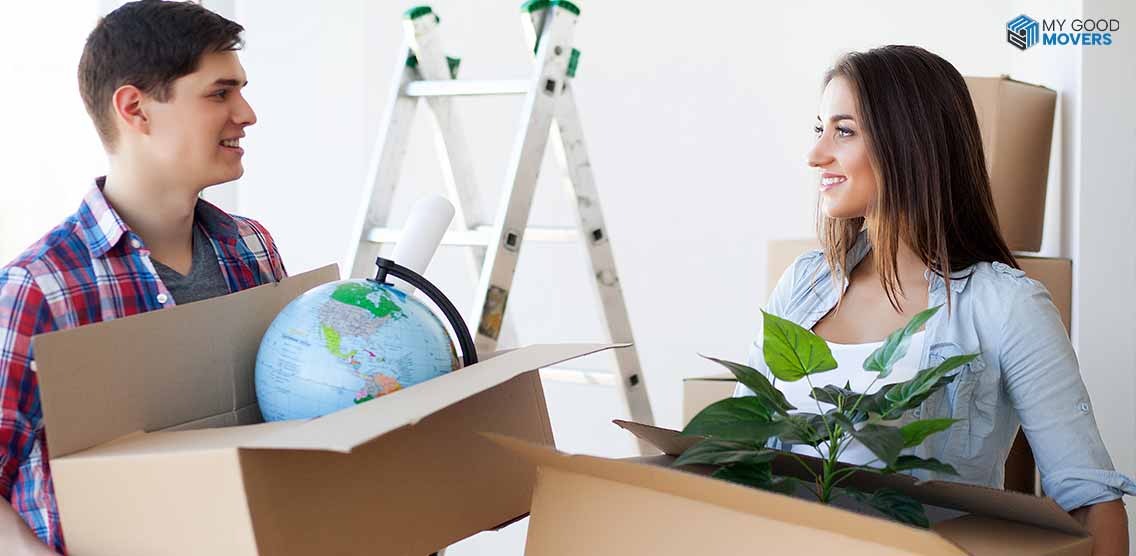
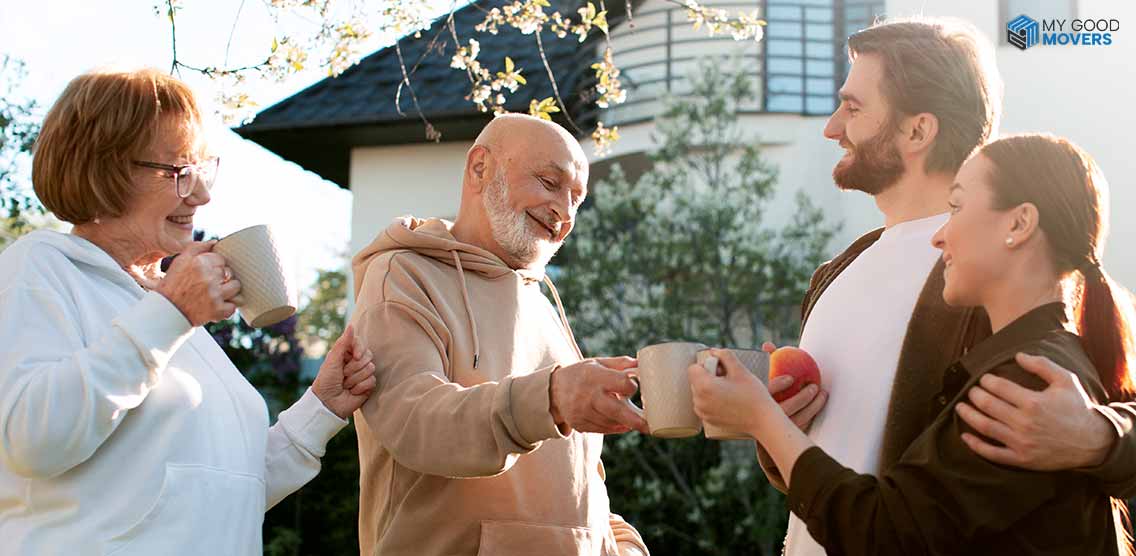
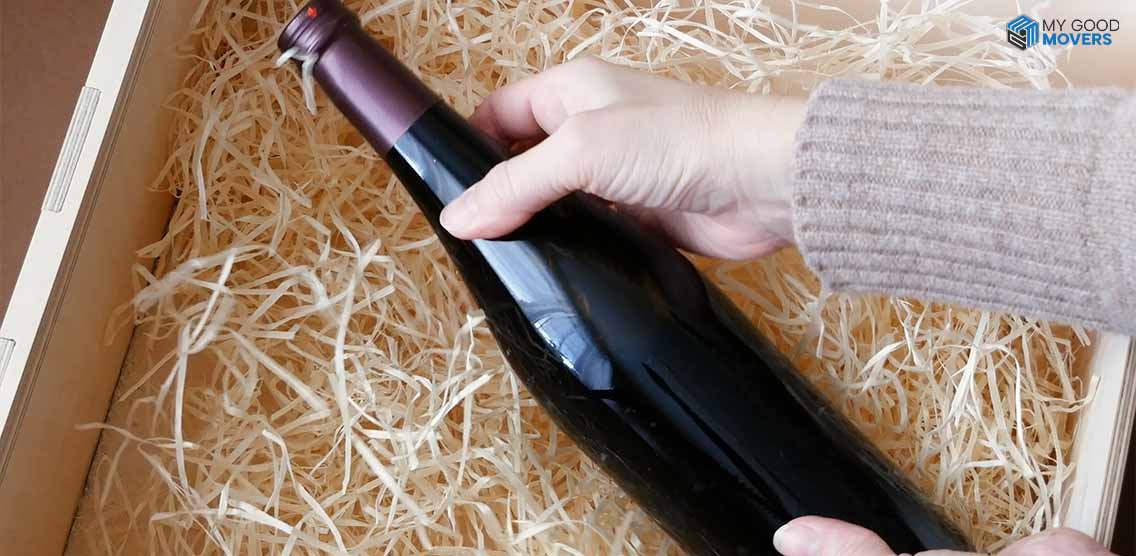
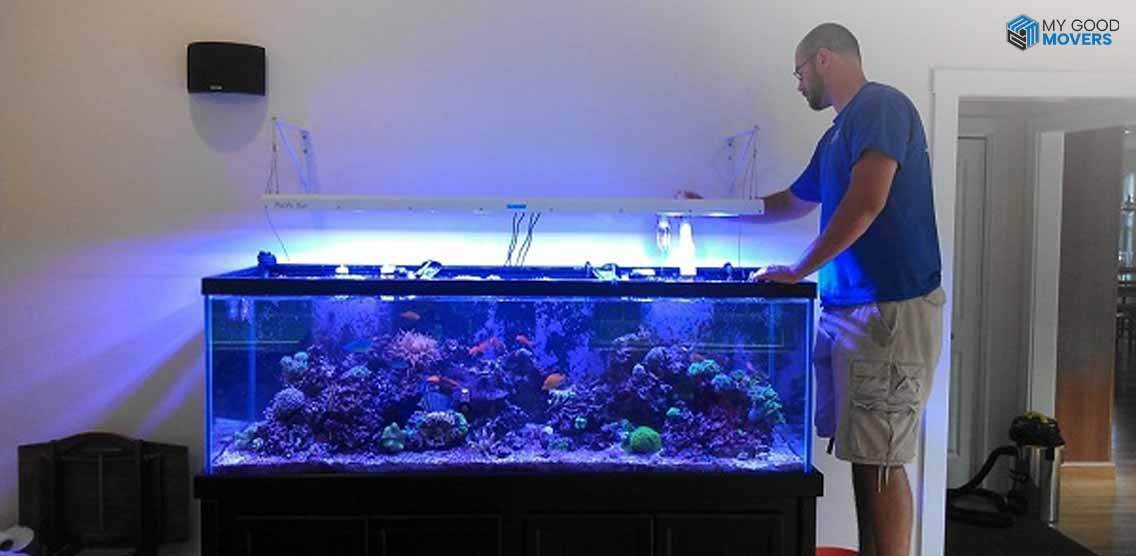
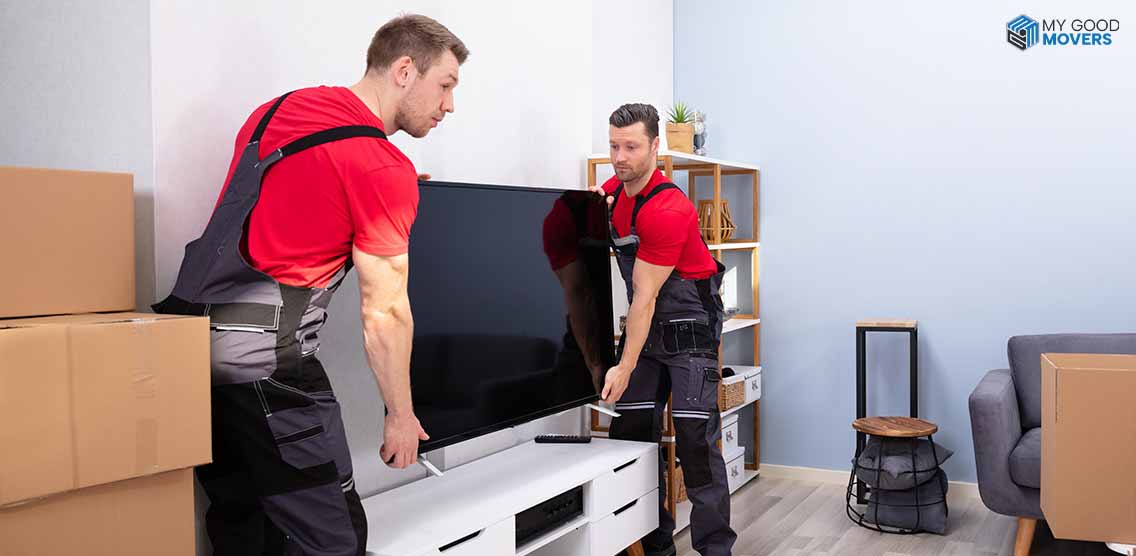


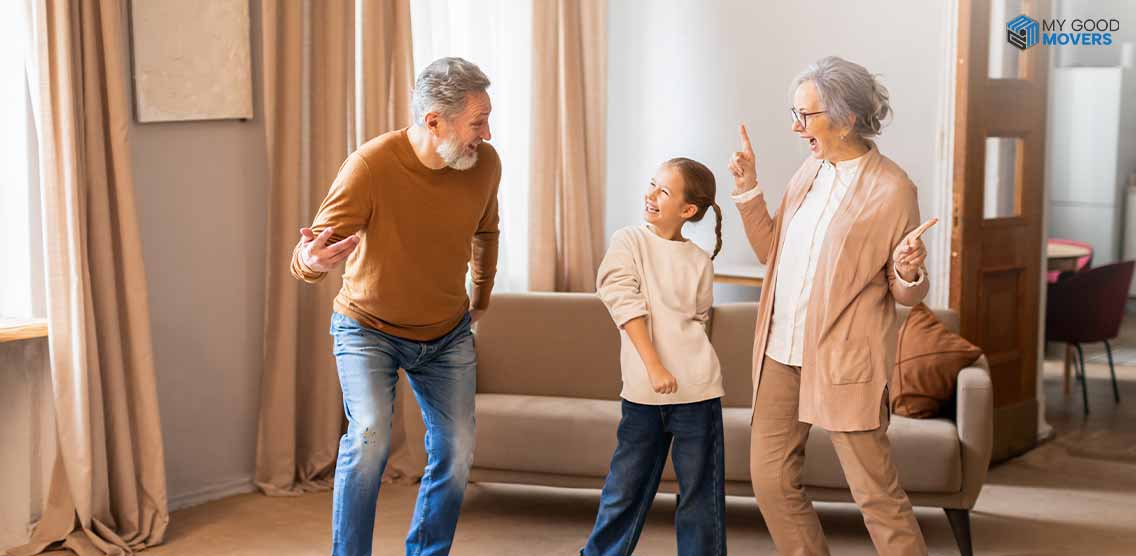


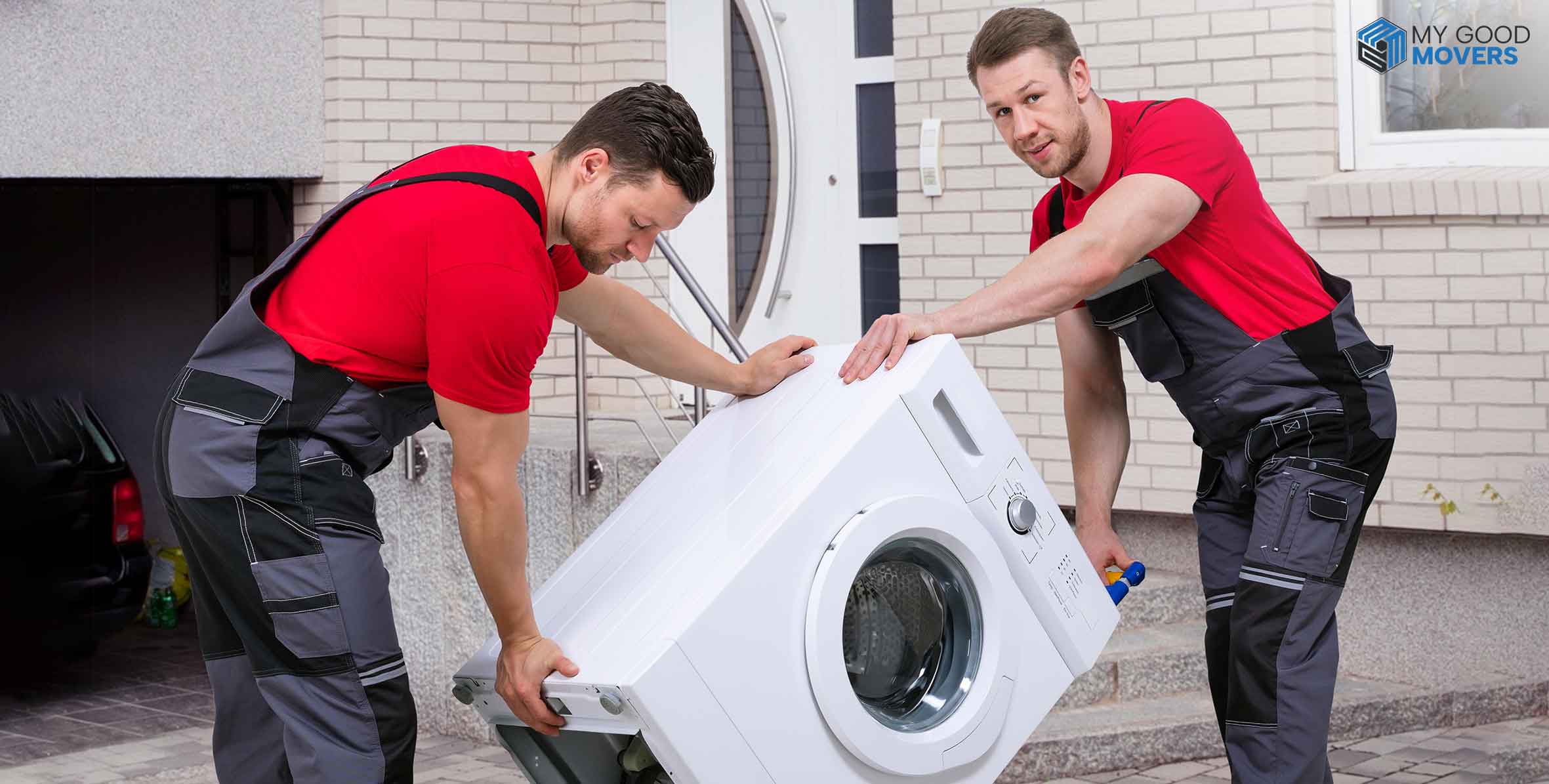
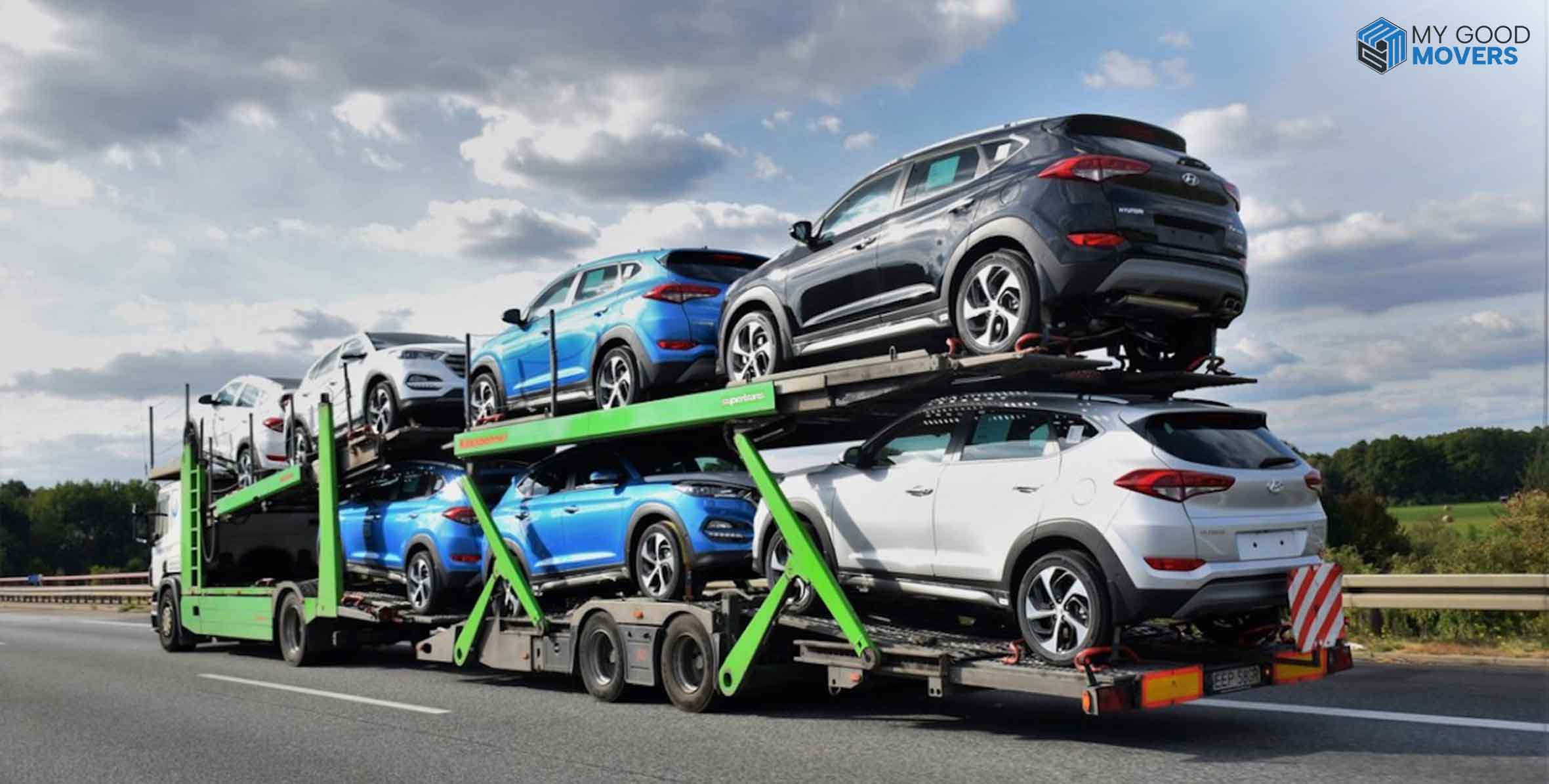


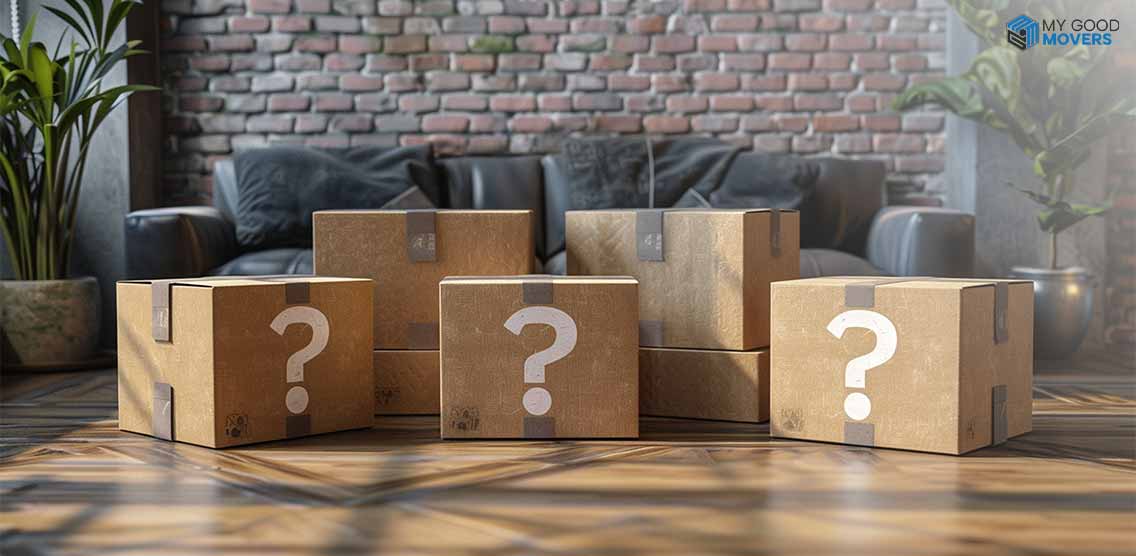
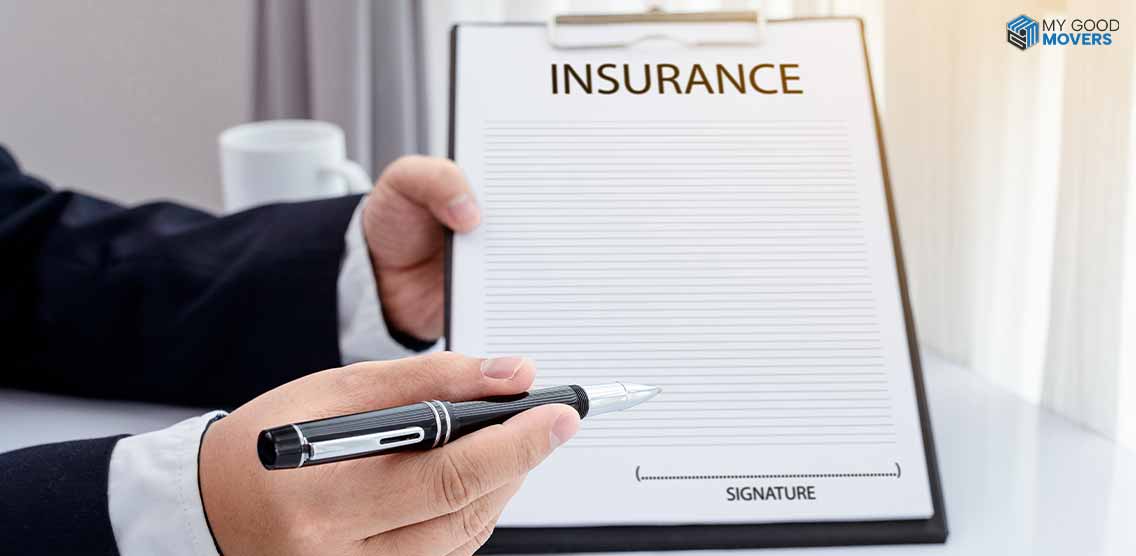
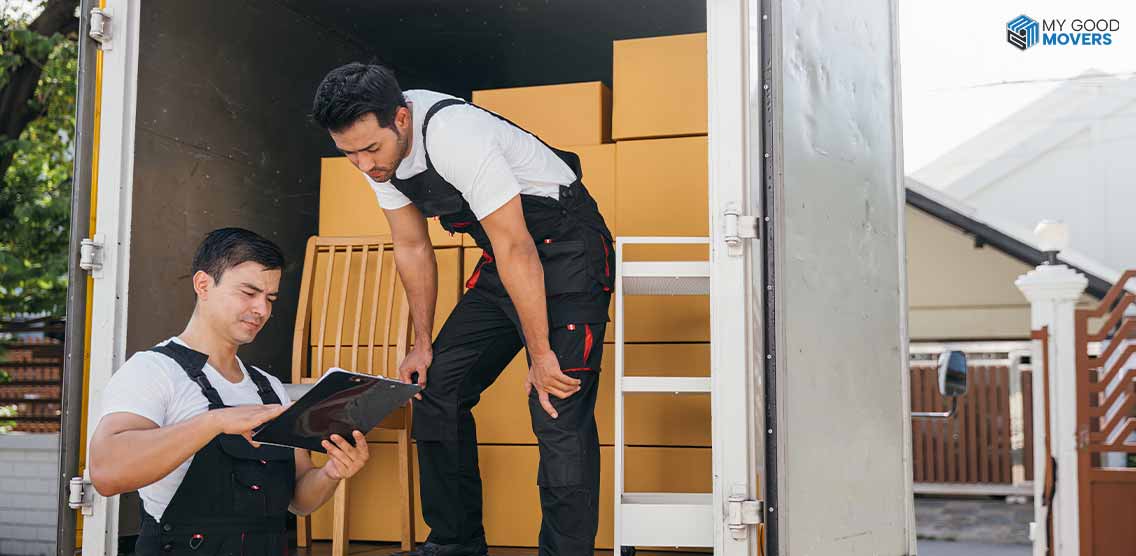

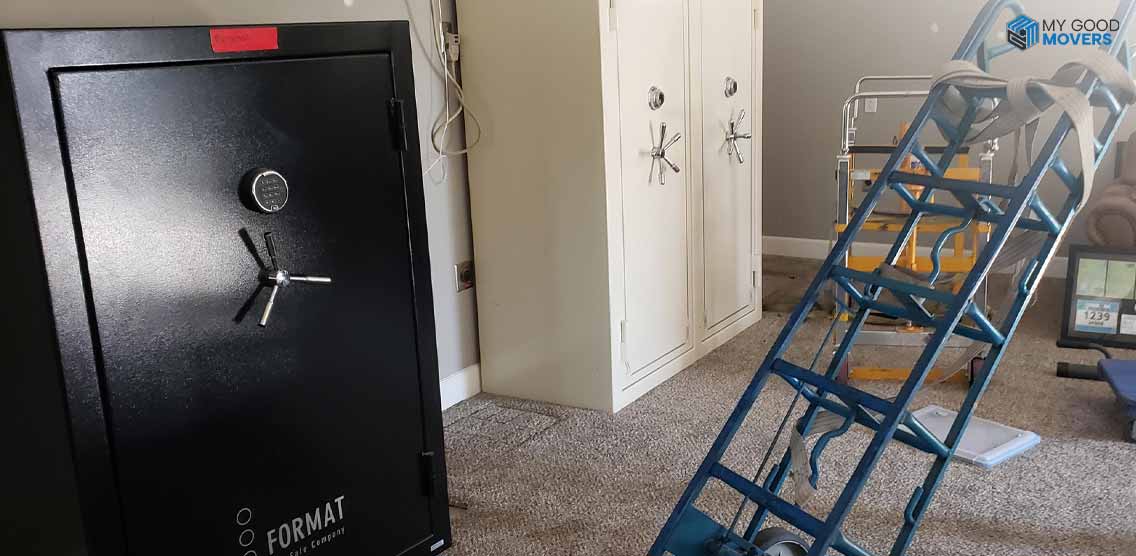
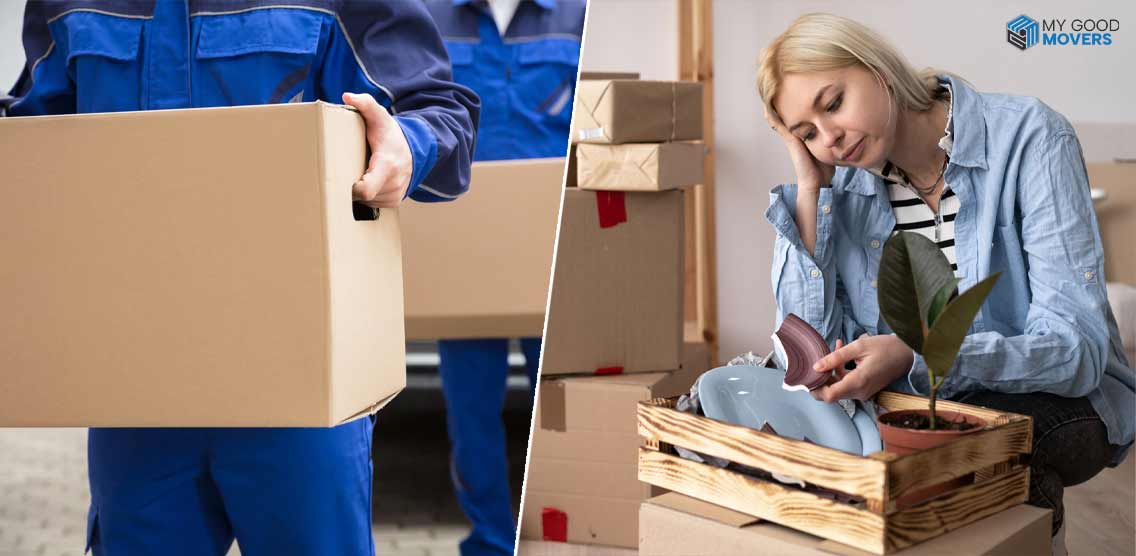
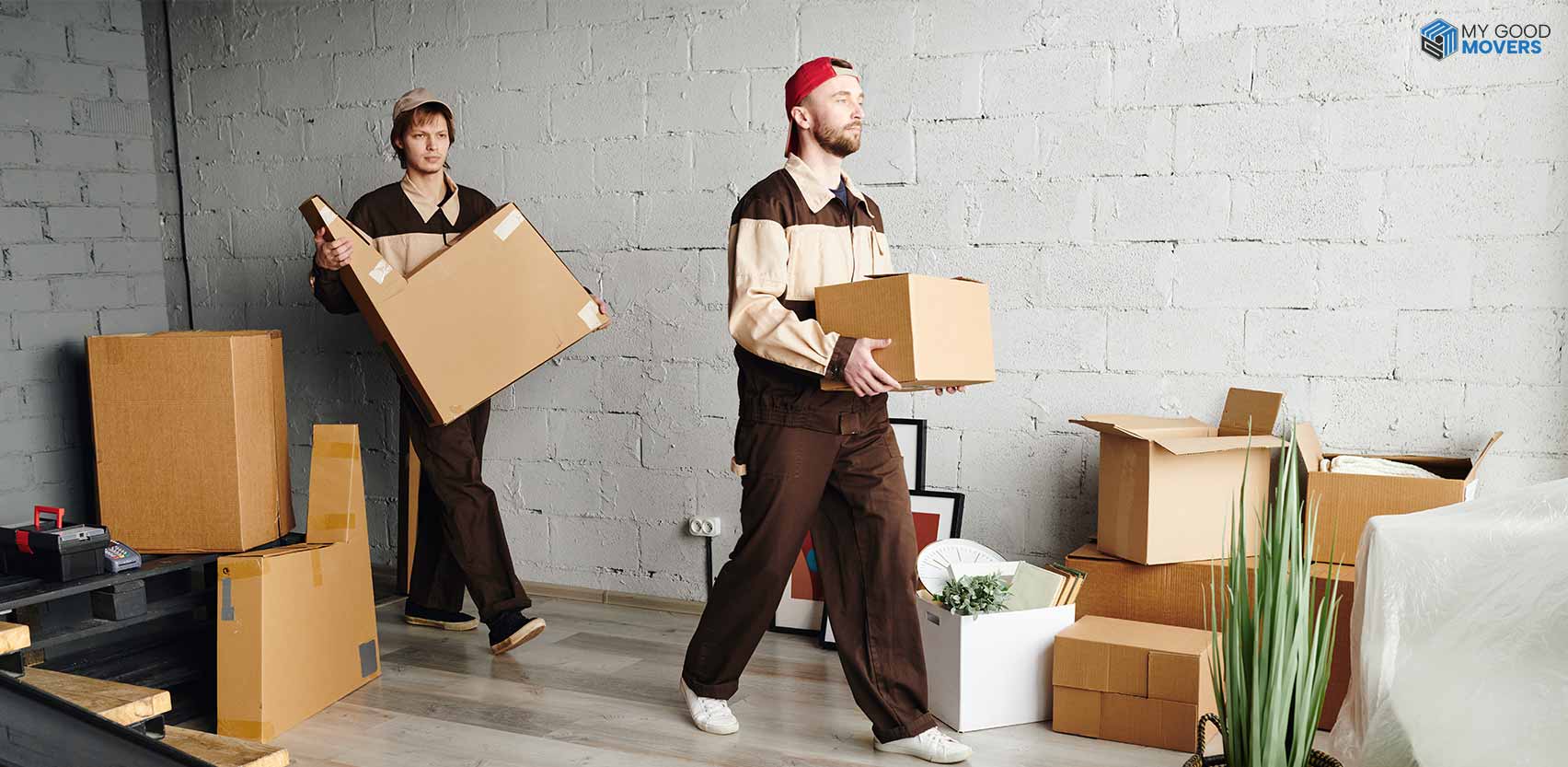
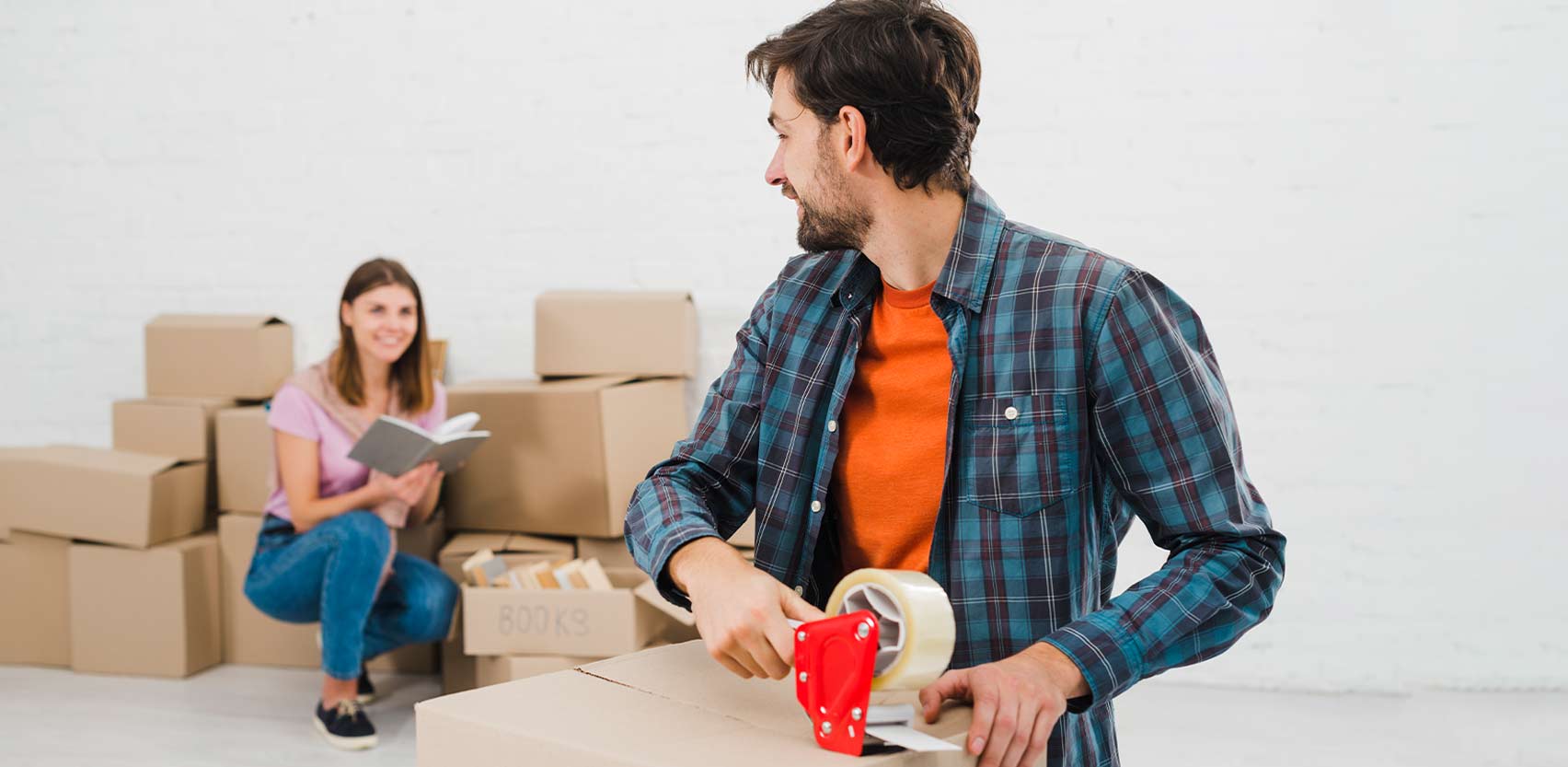
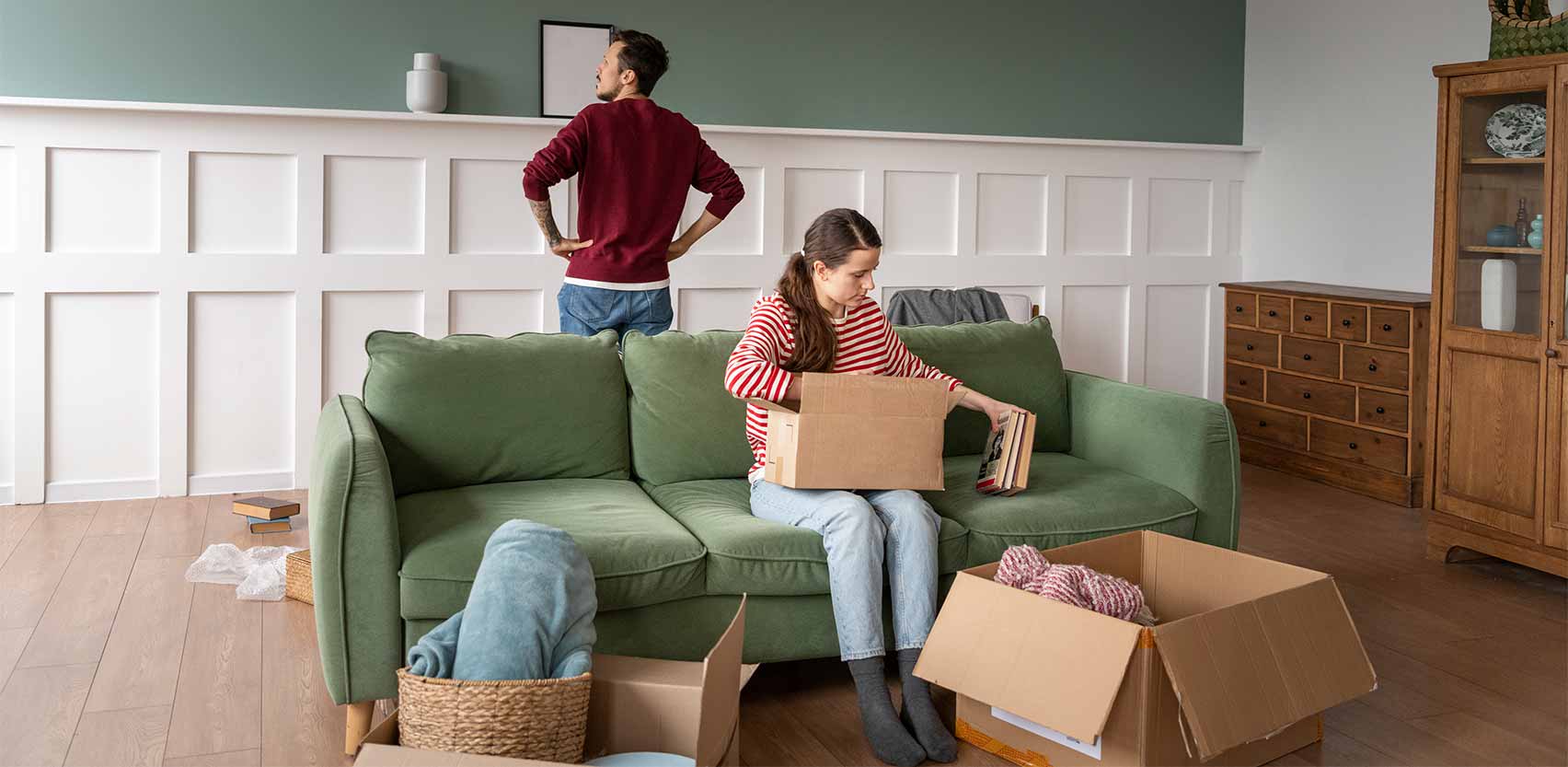
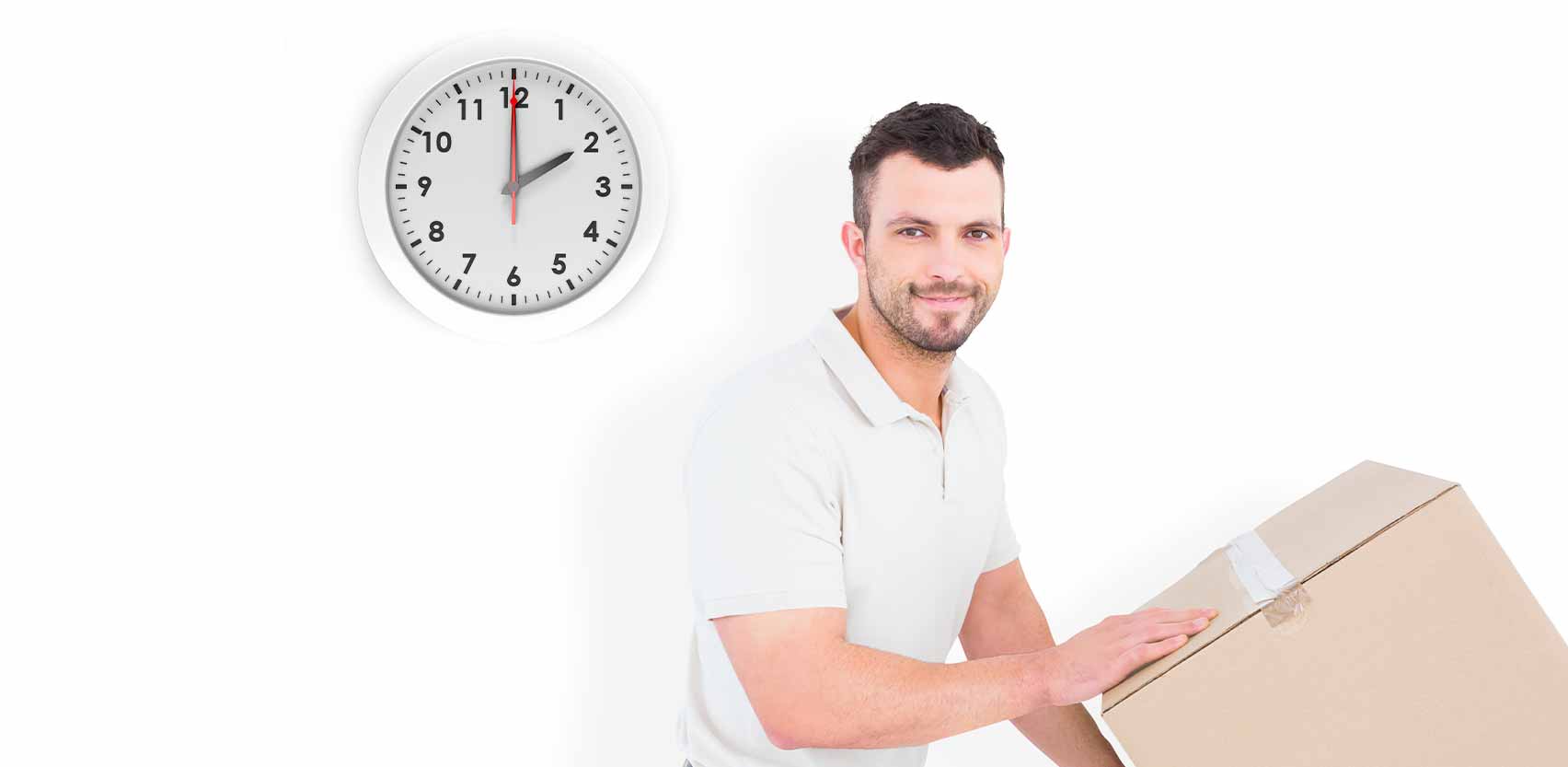
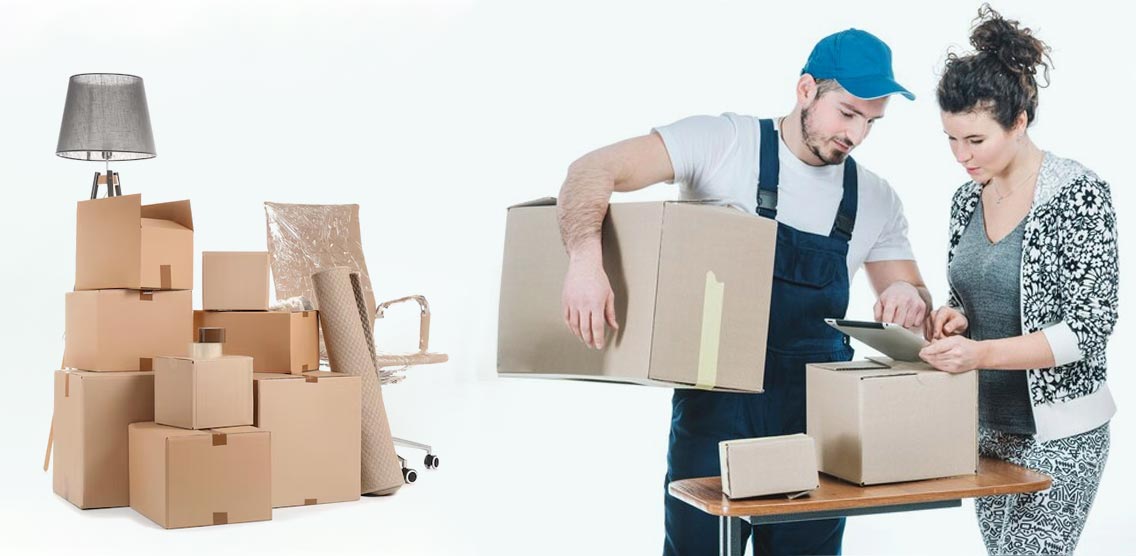
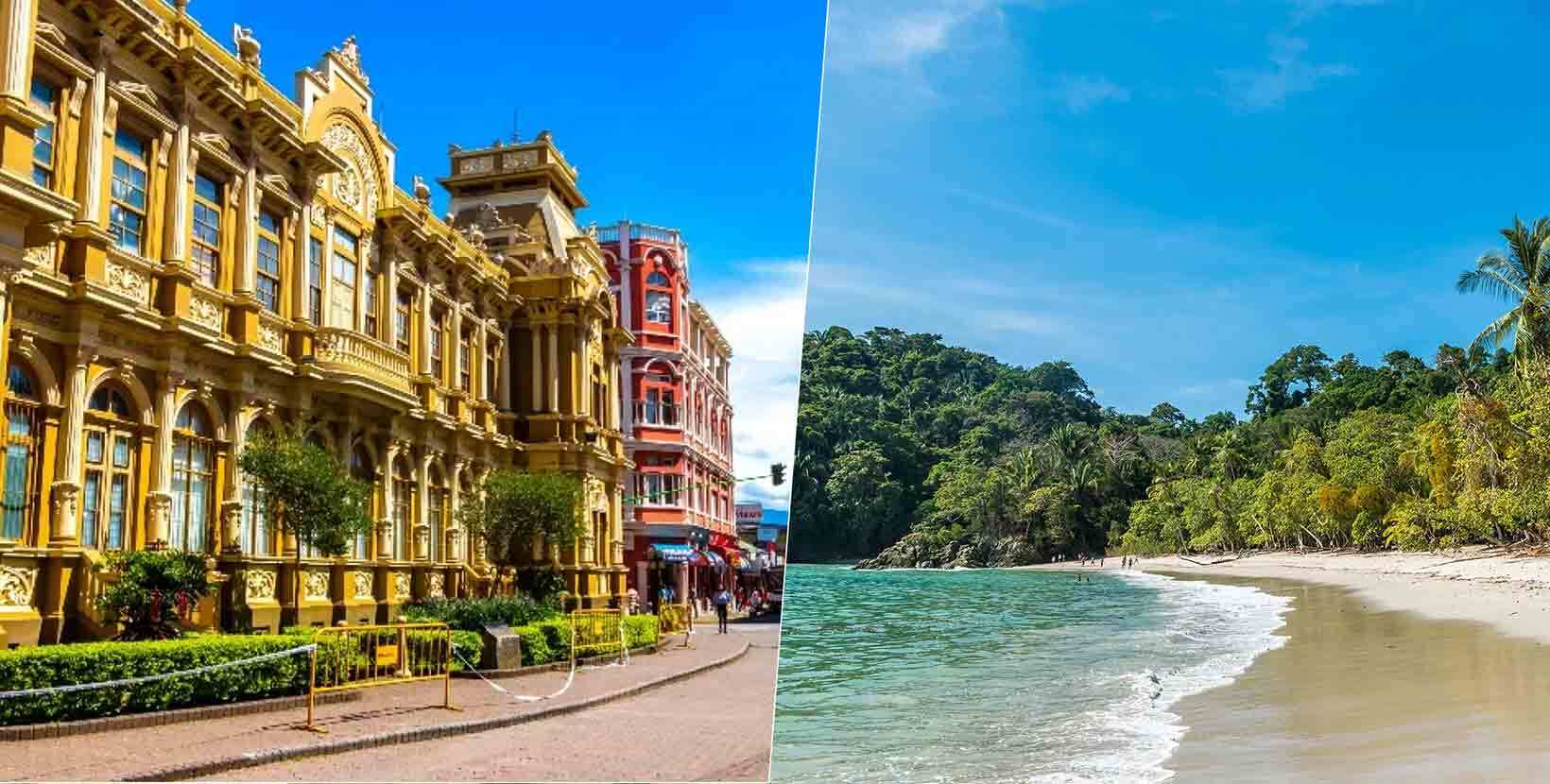
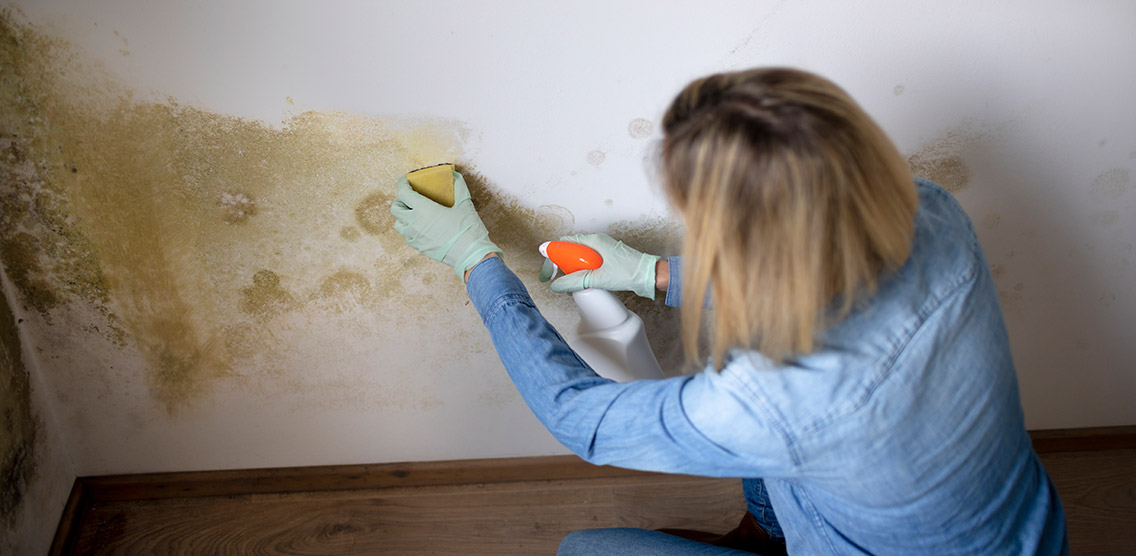

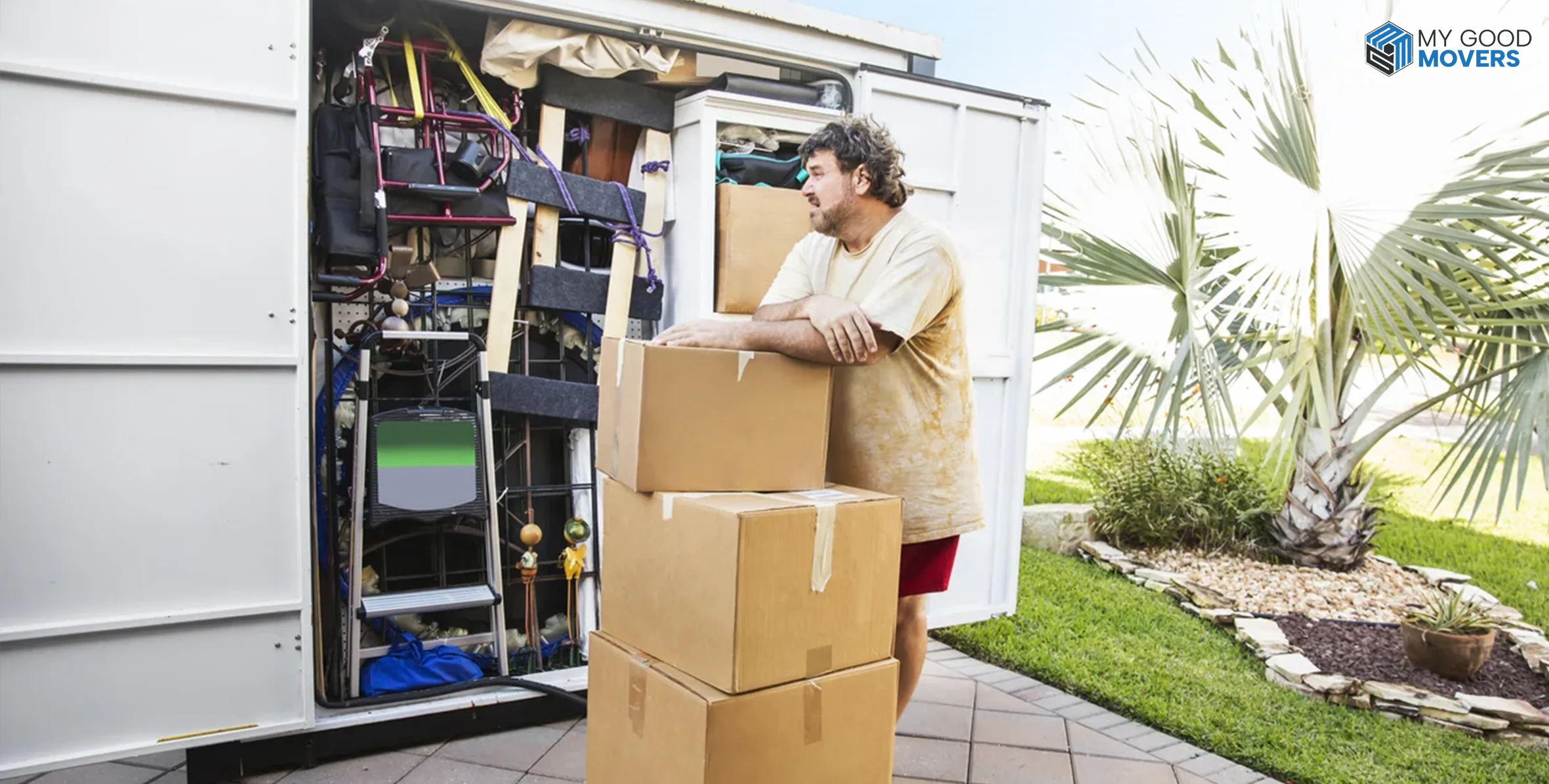
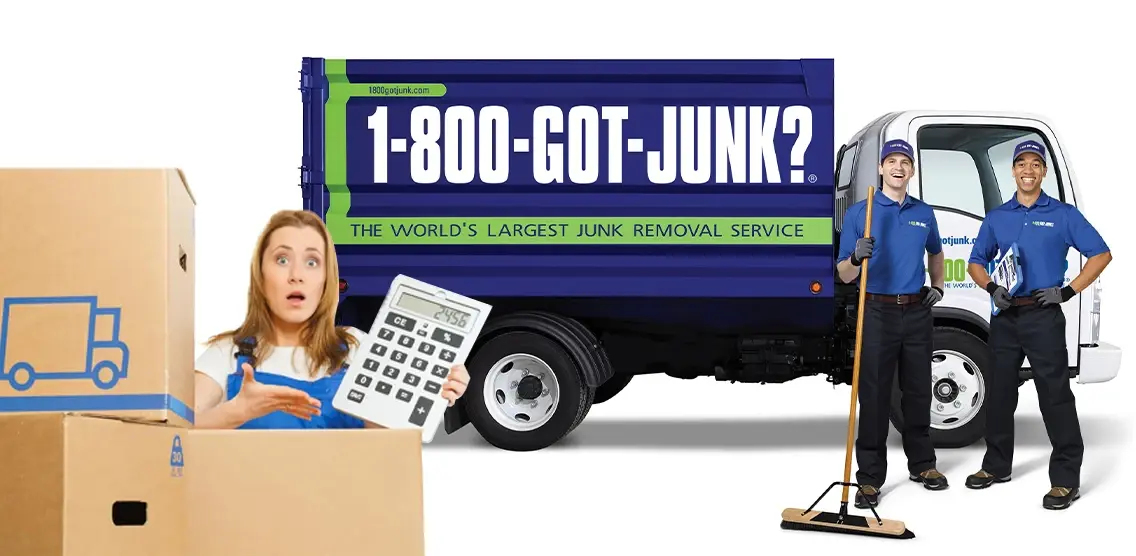
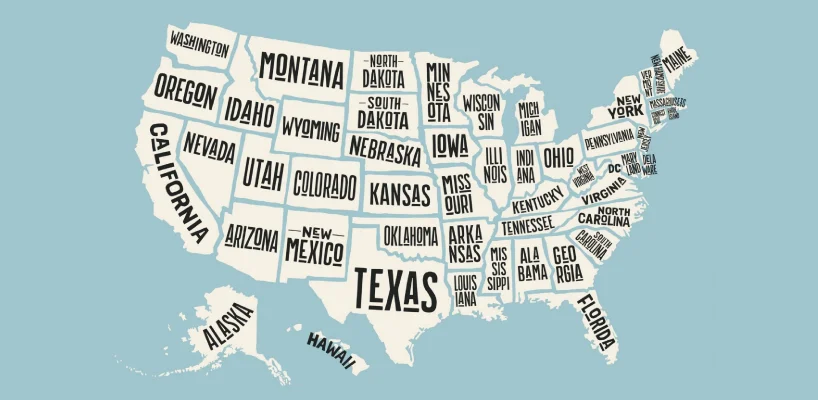
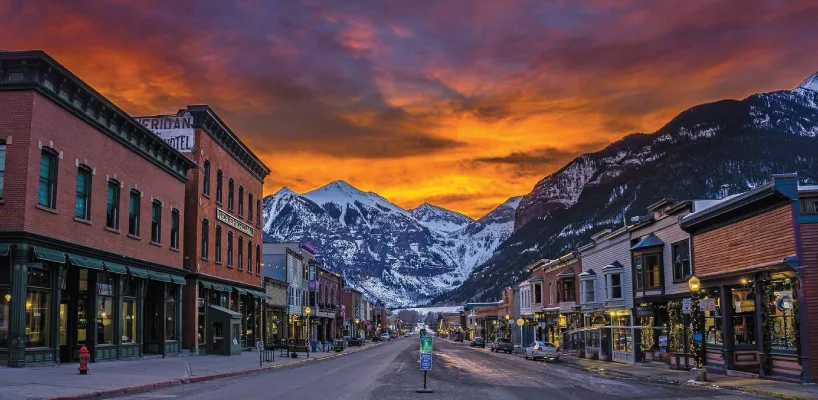
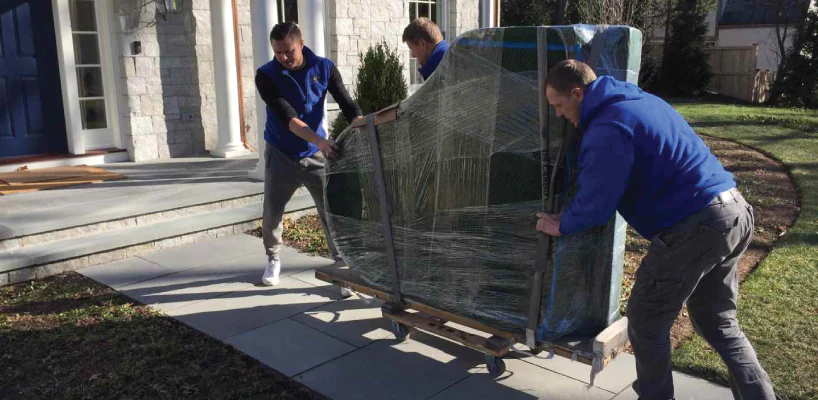

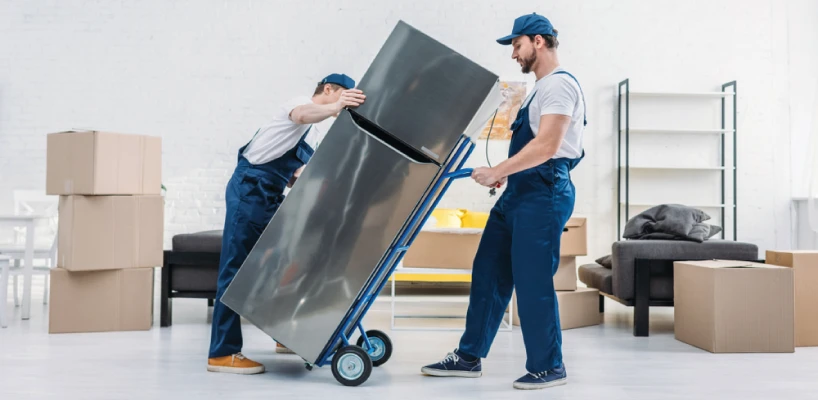

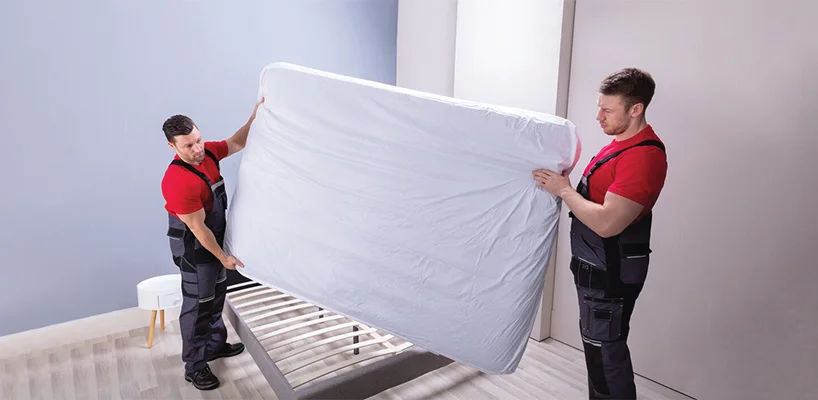
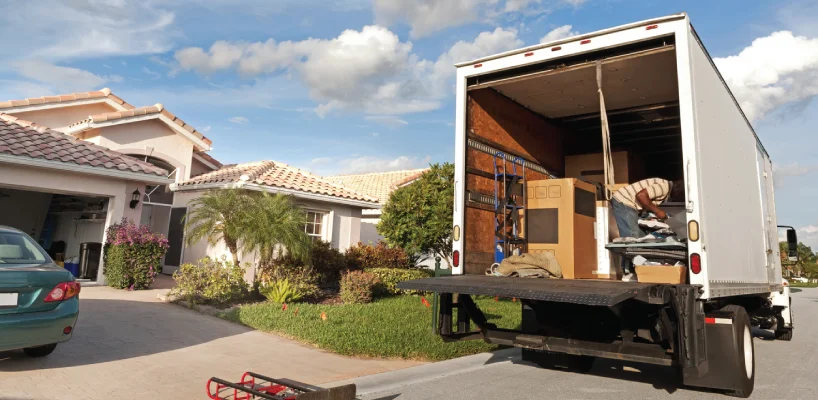
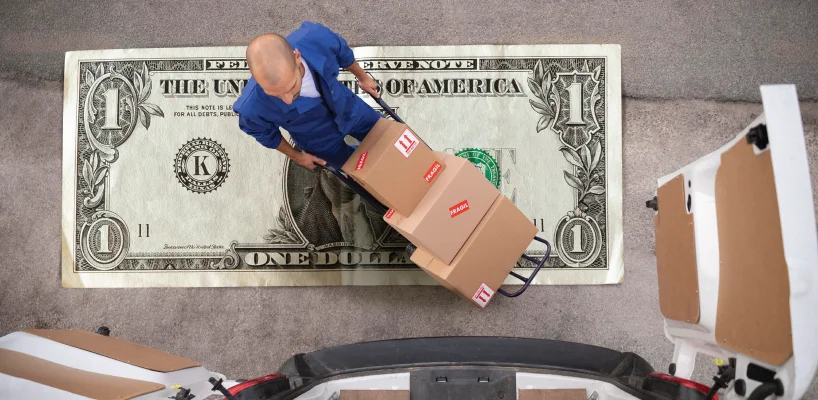
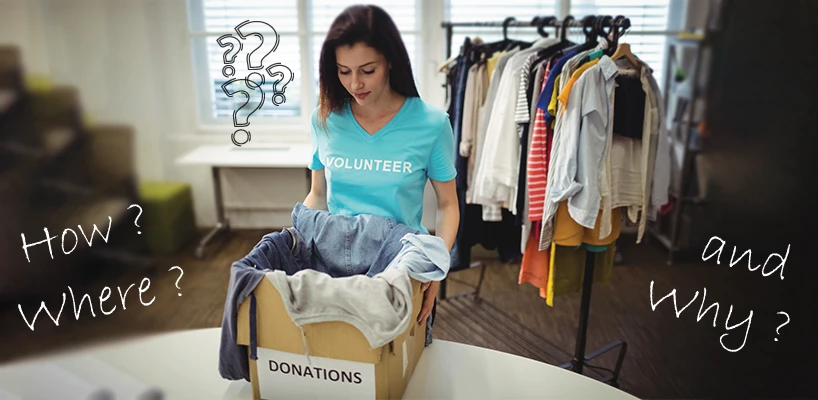
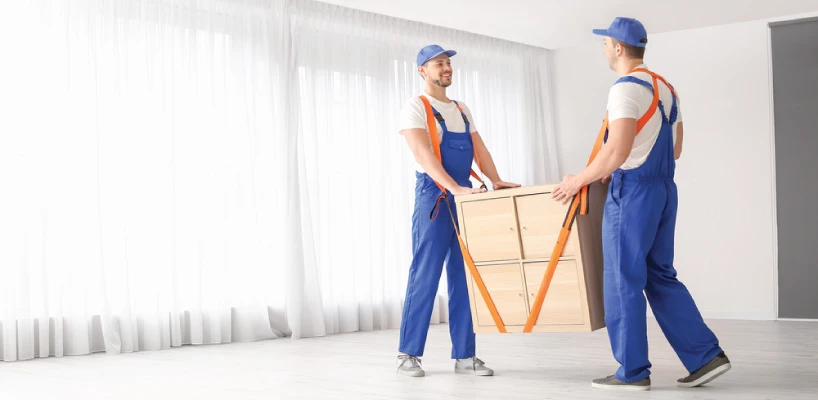
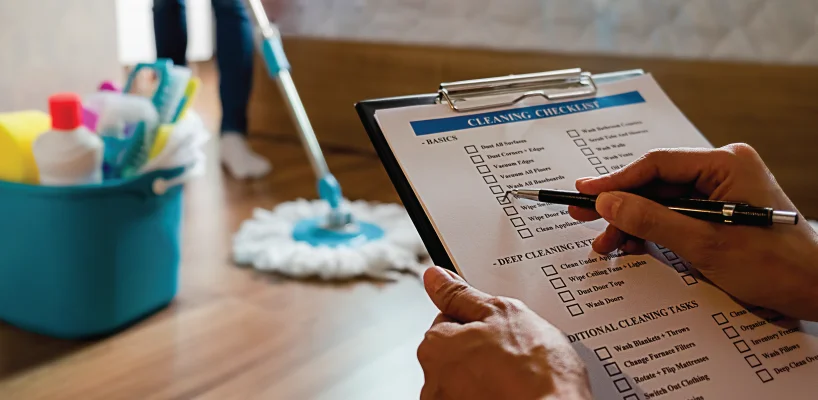
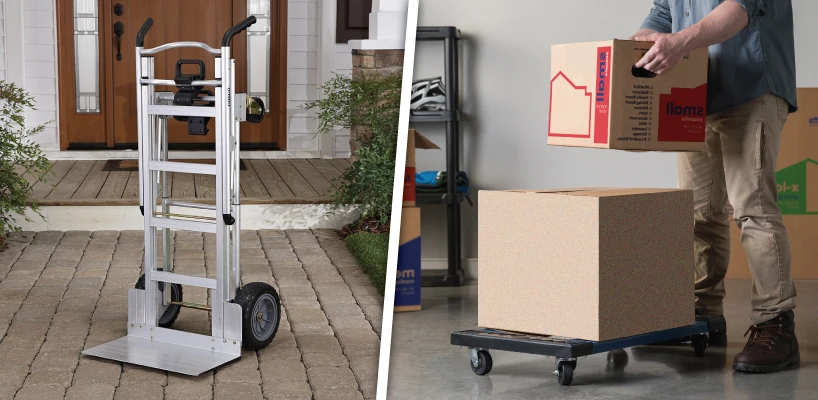
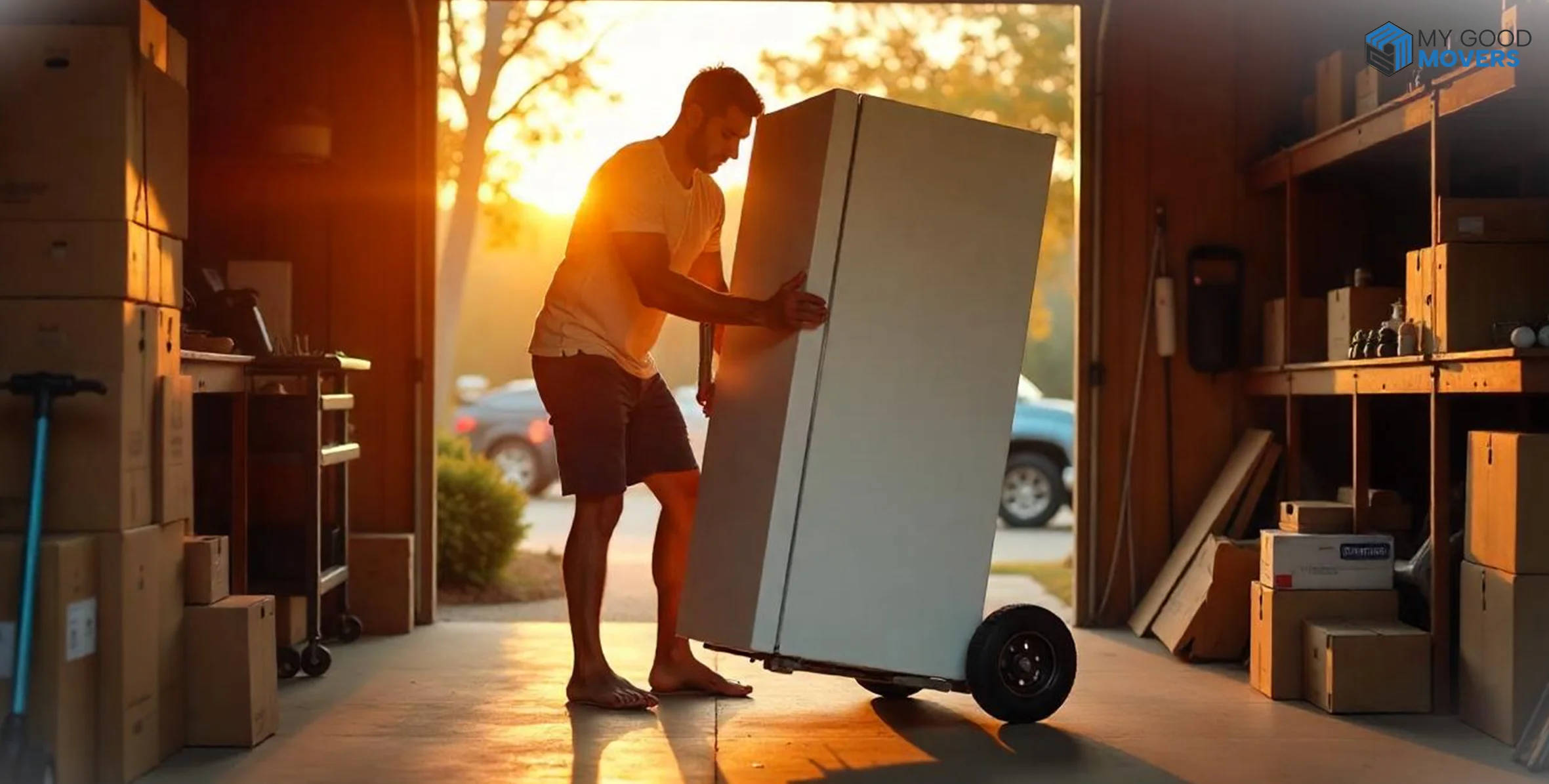
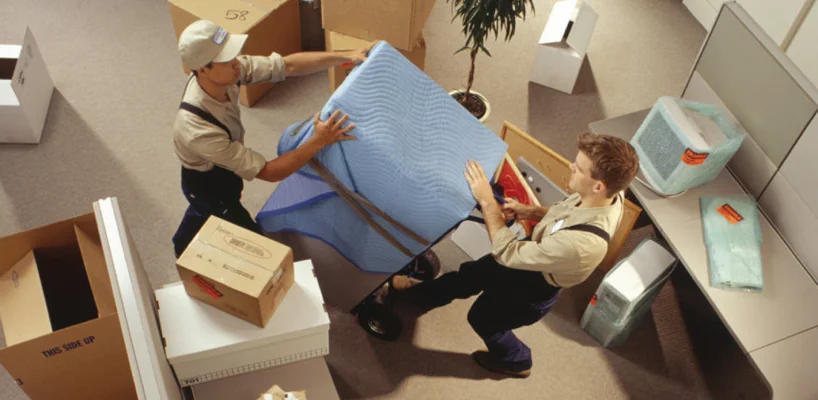
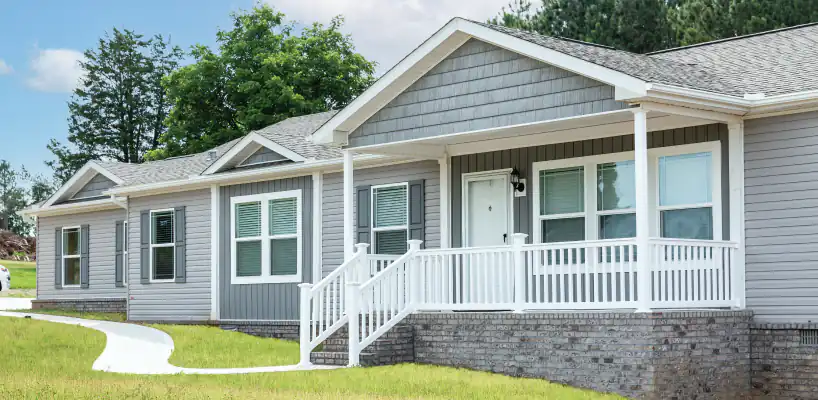
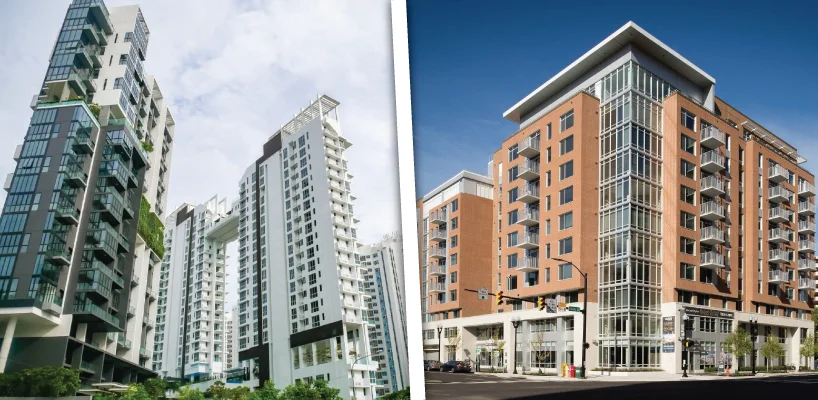
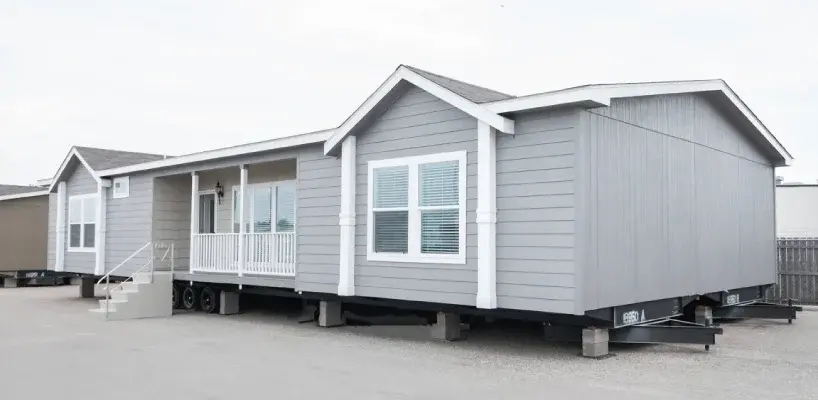
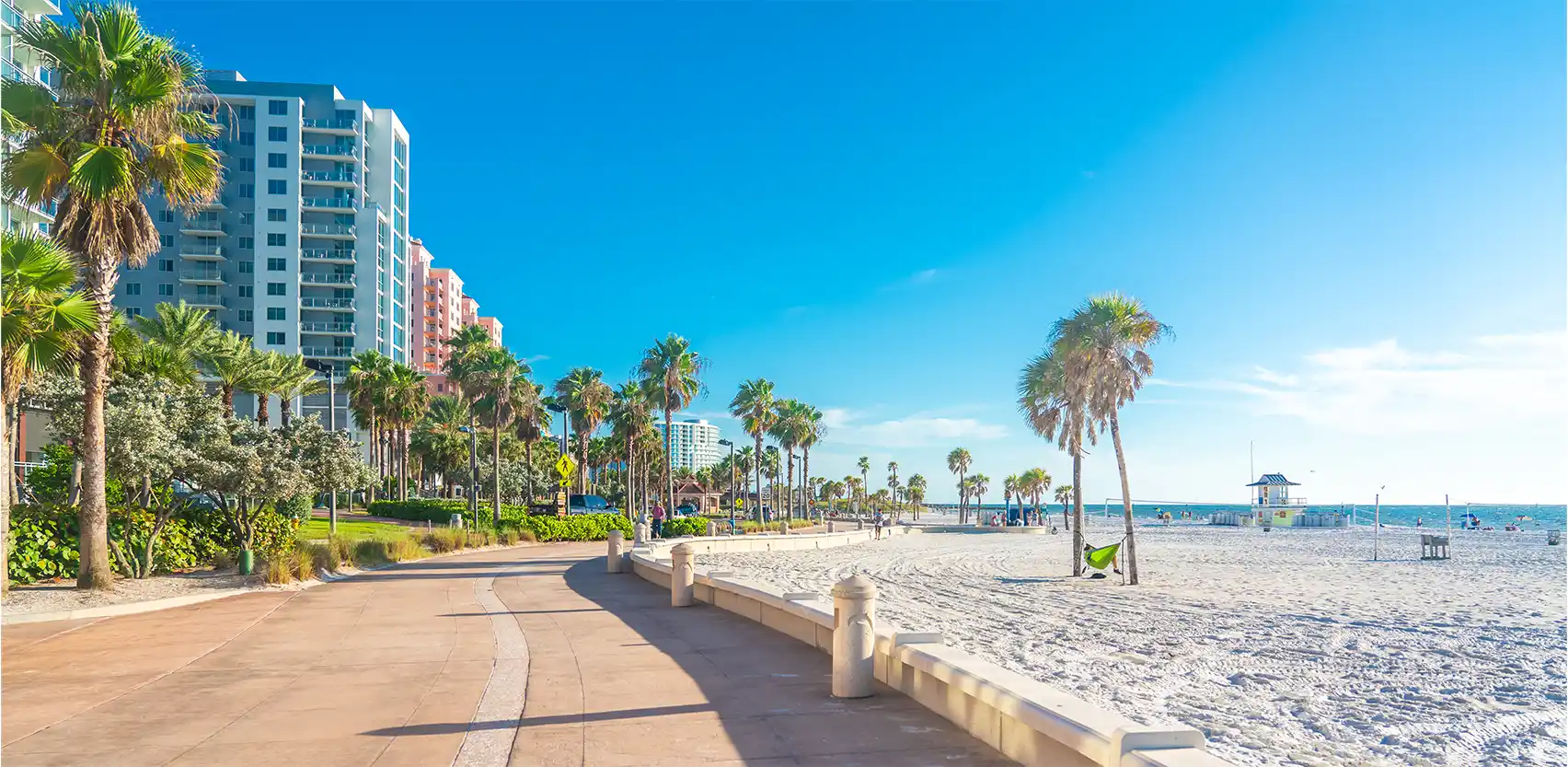

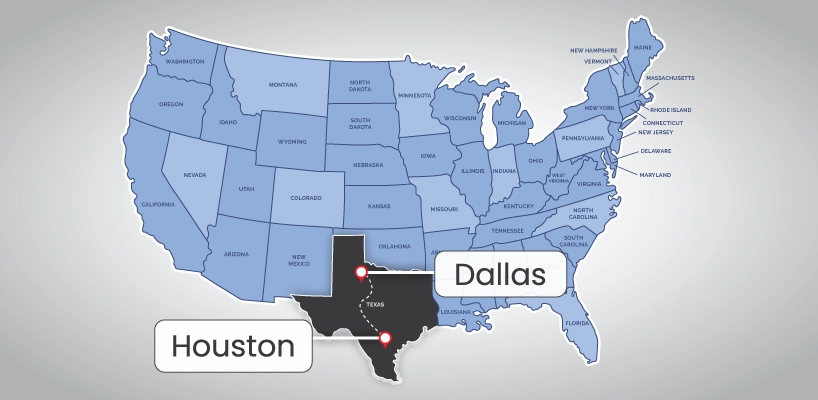
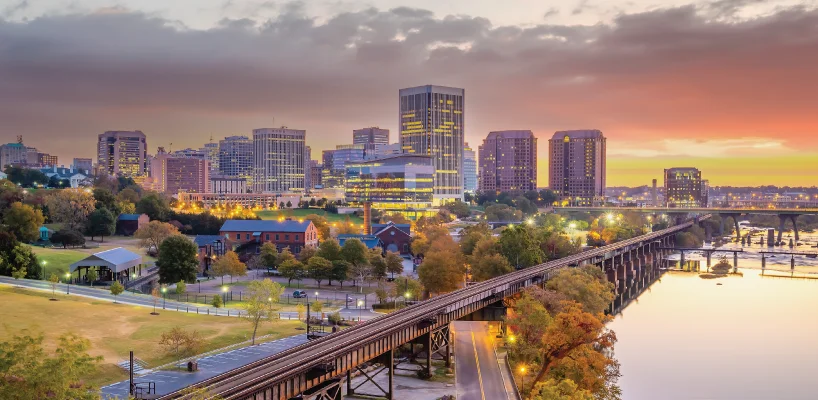
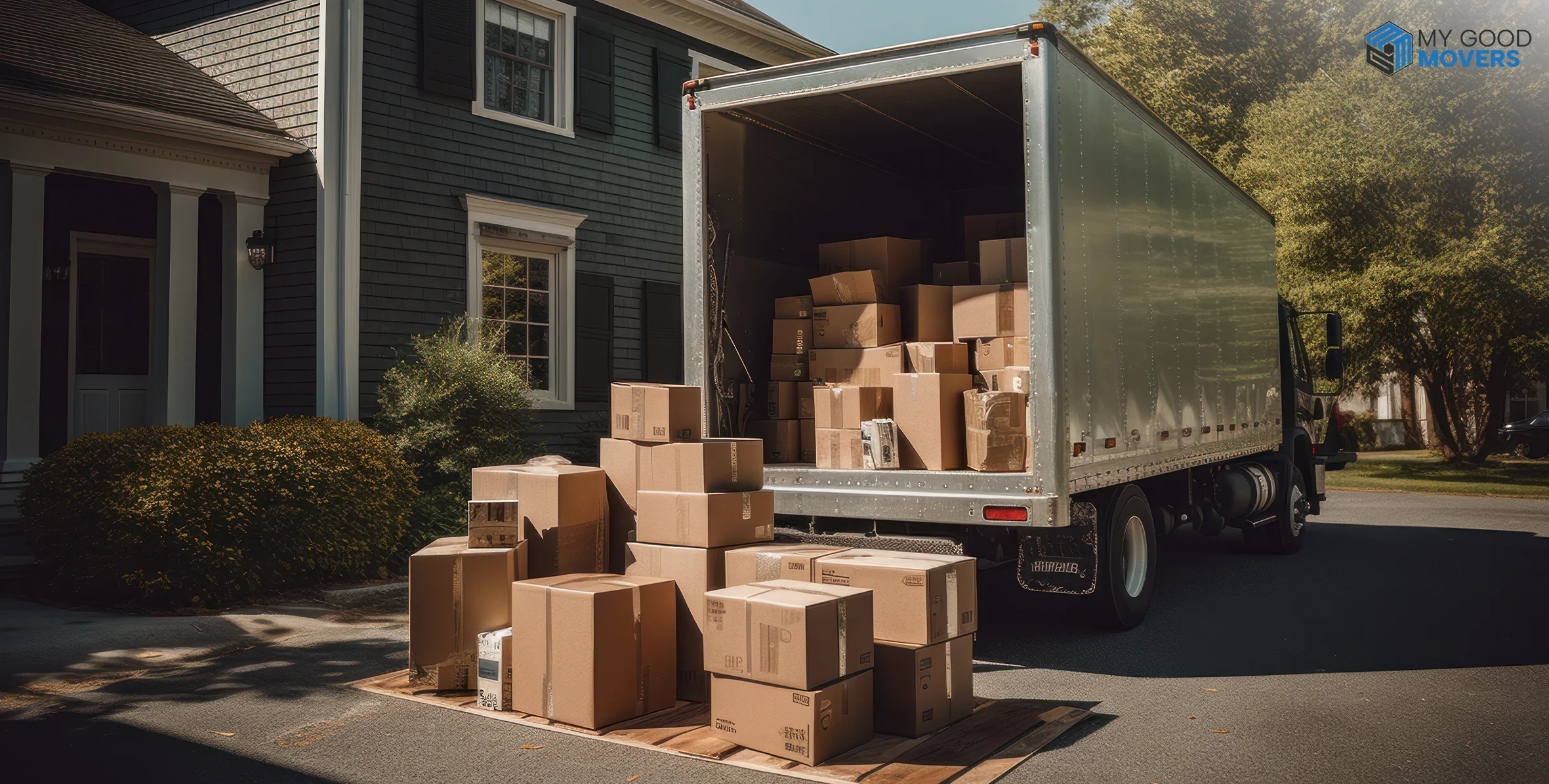
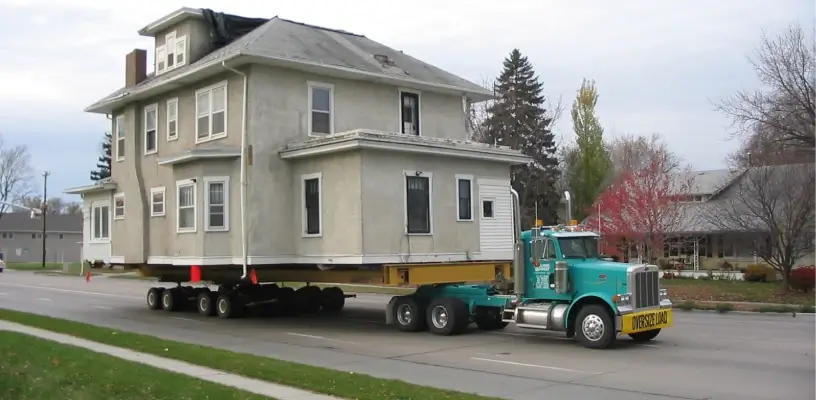
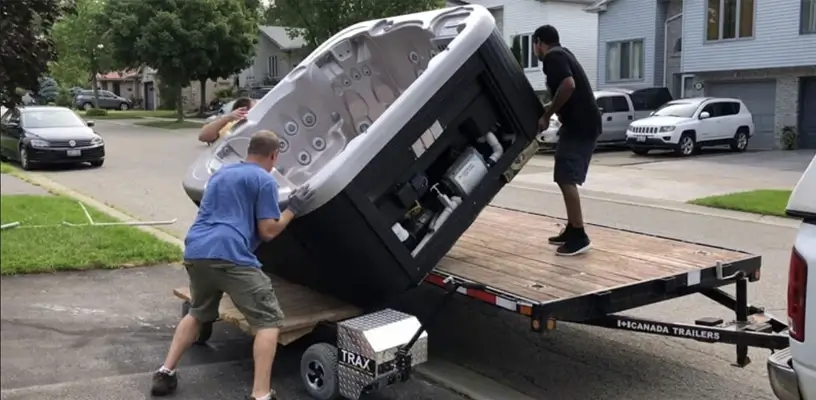
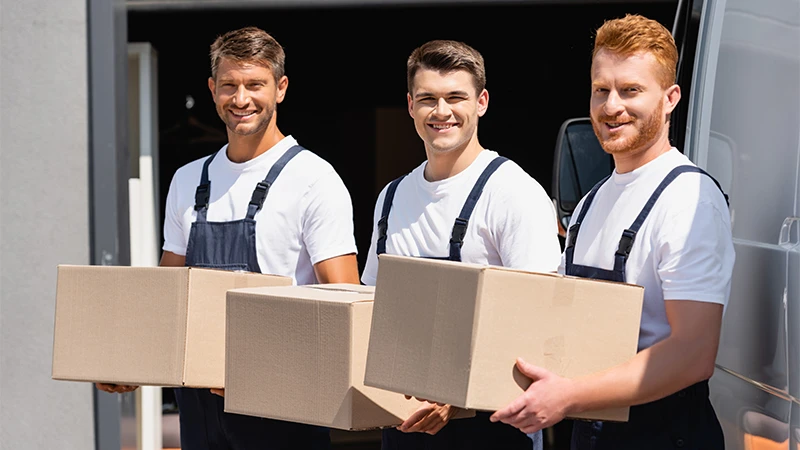
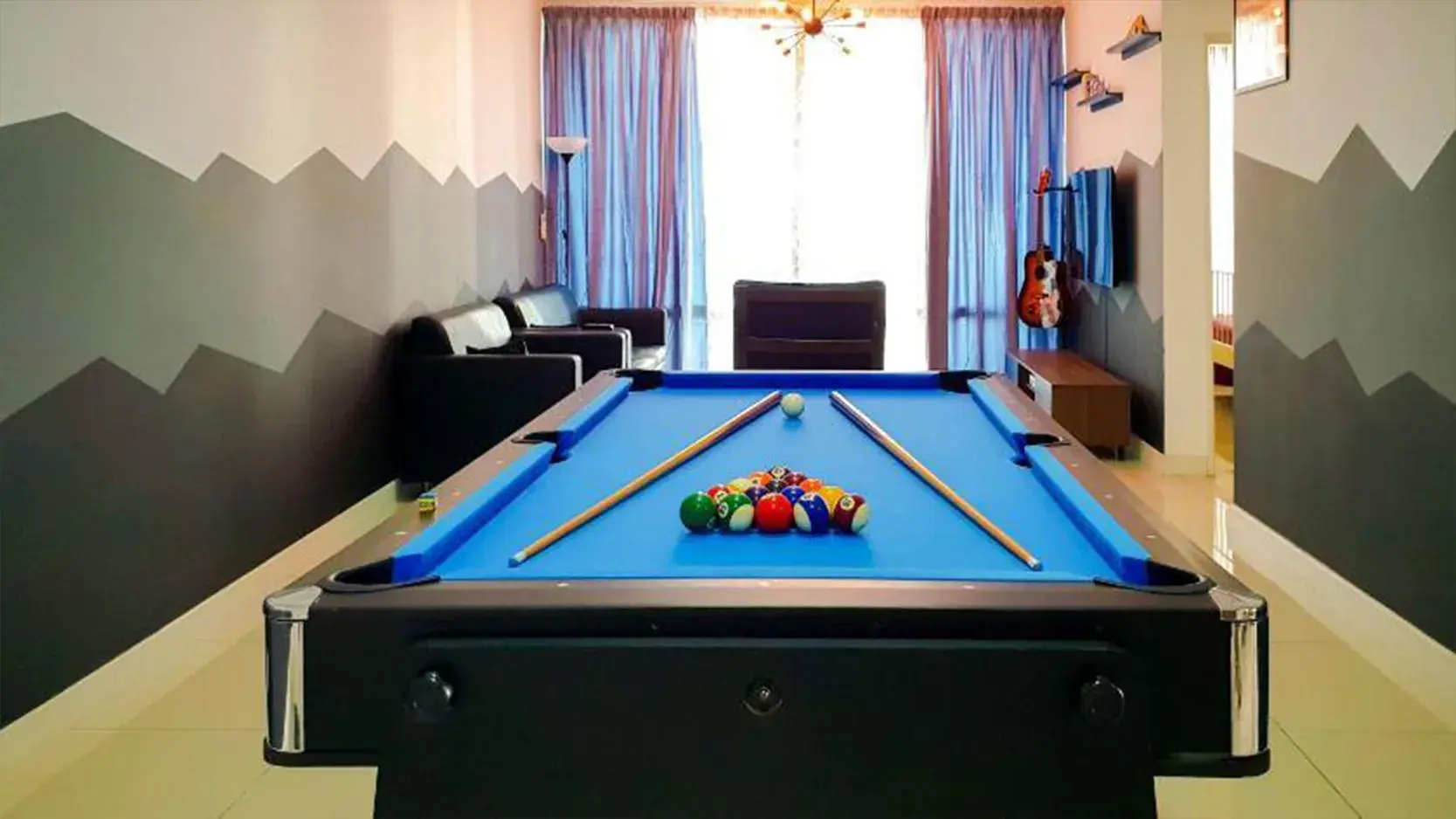
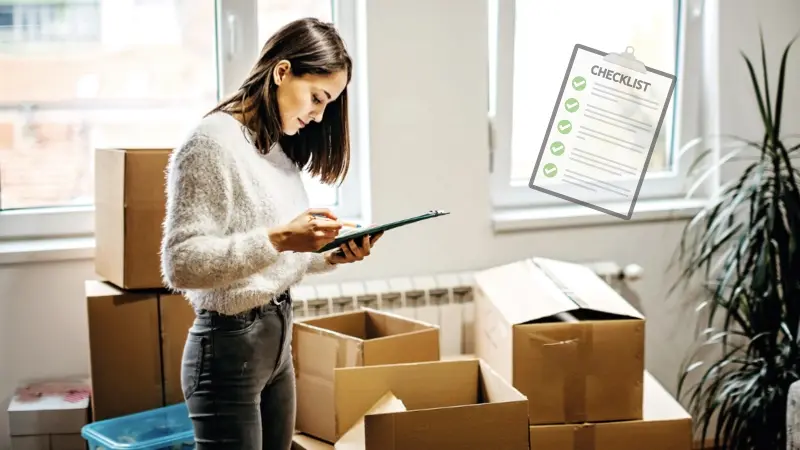
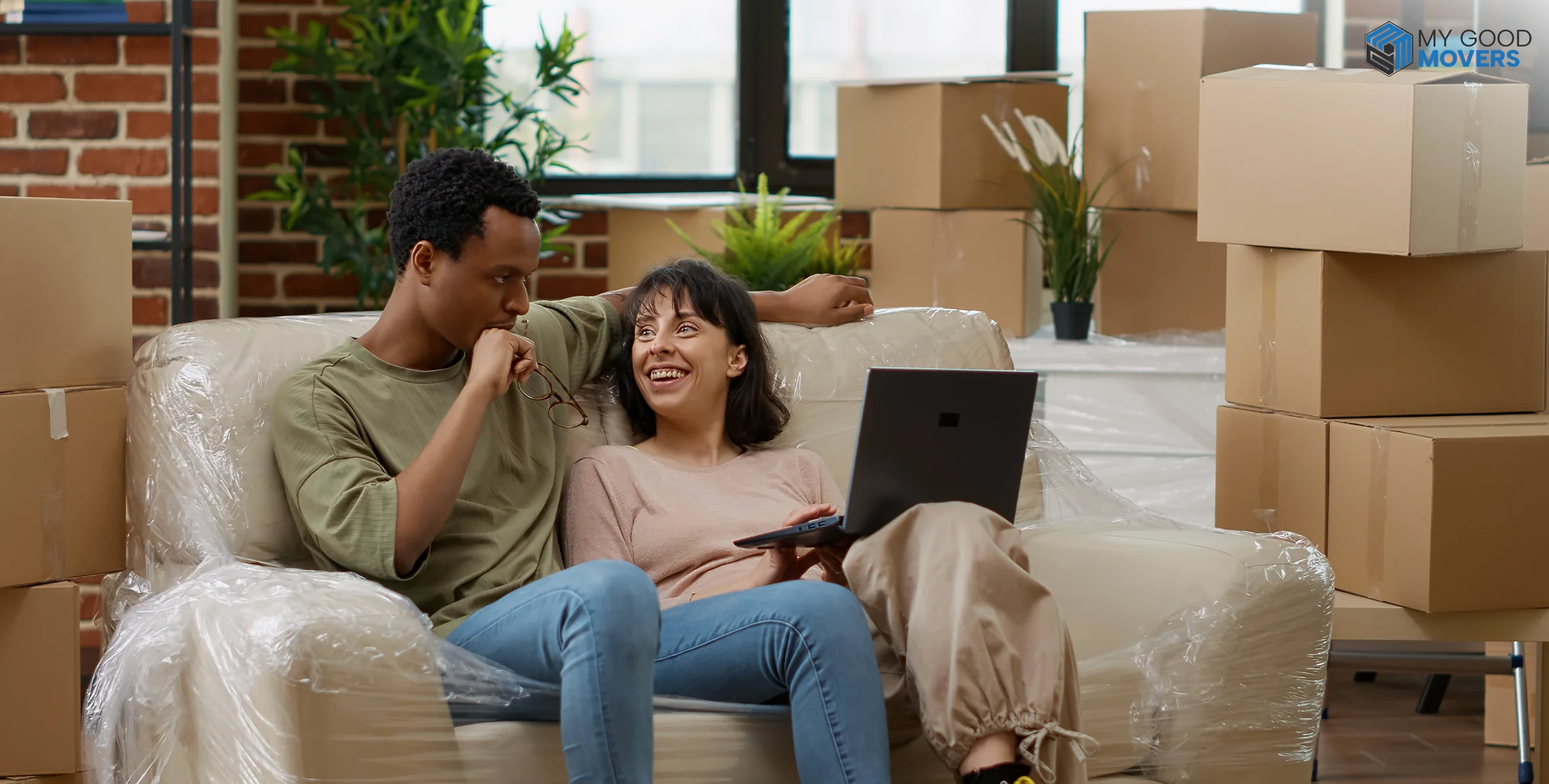
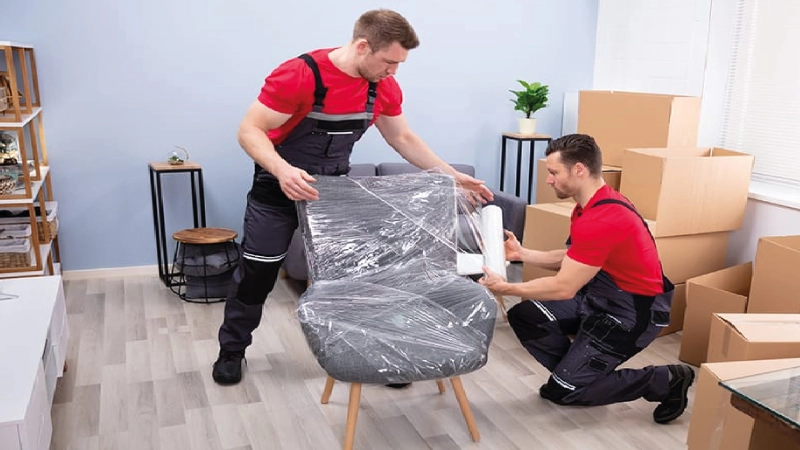
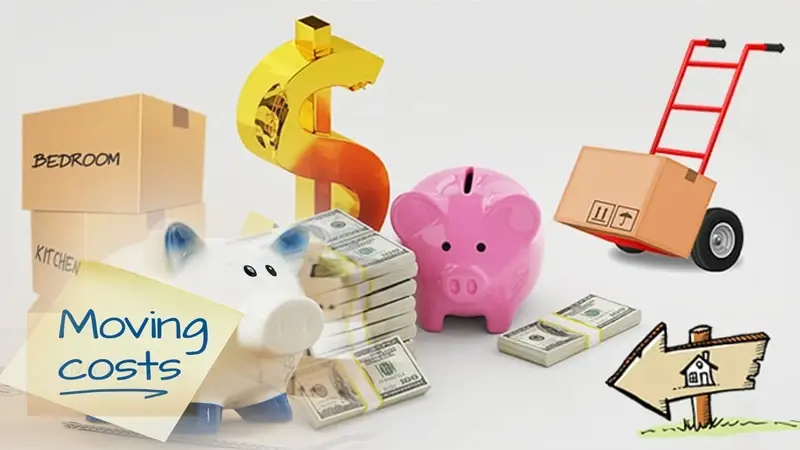
 (239) 799–6077
(239) 799–6077